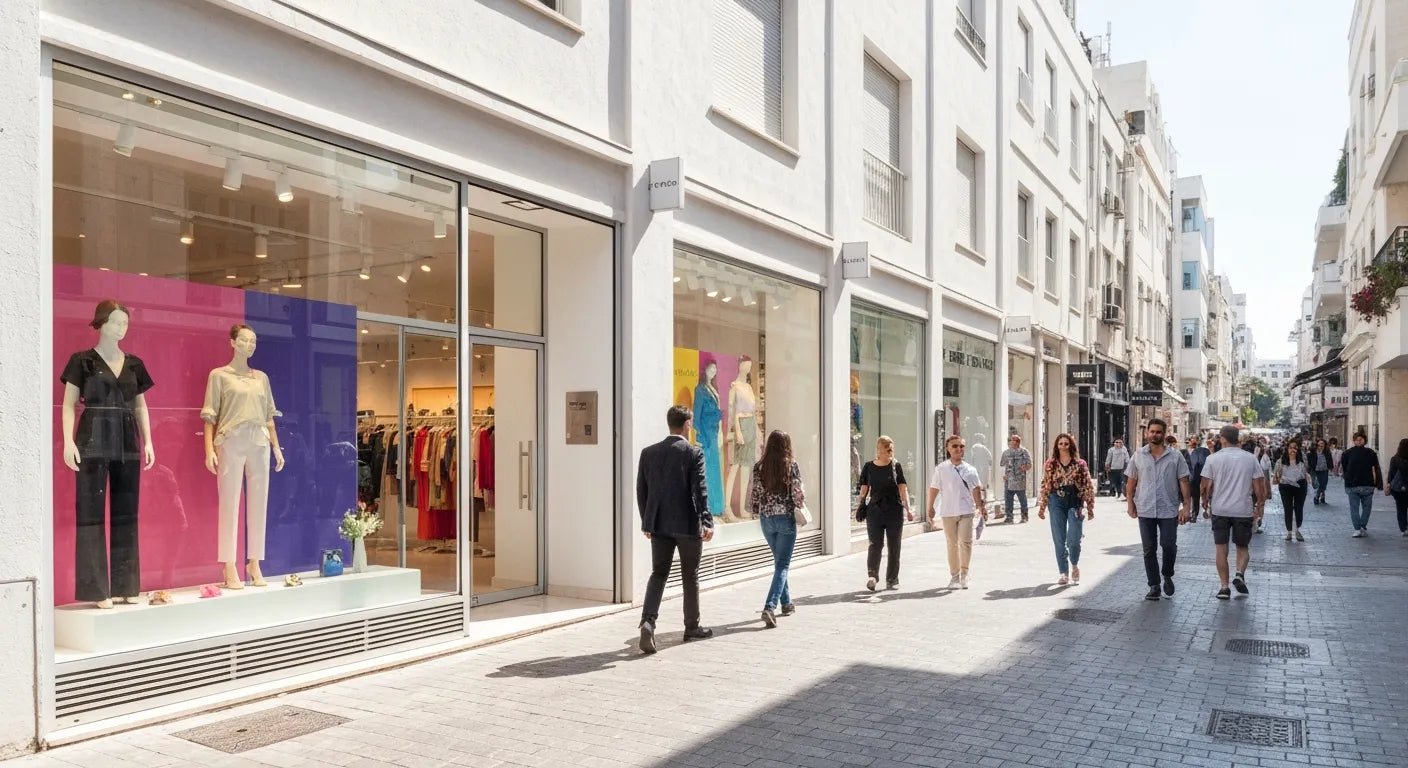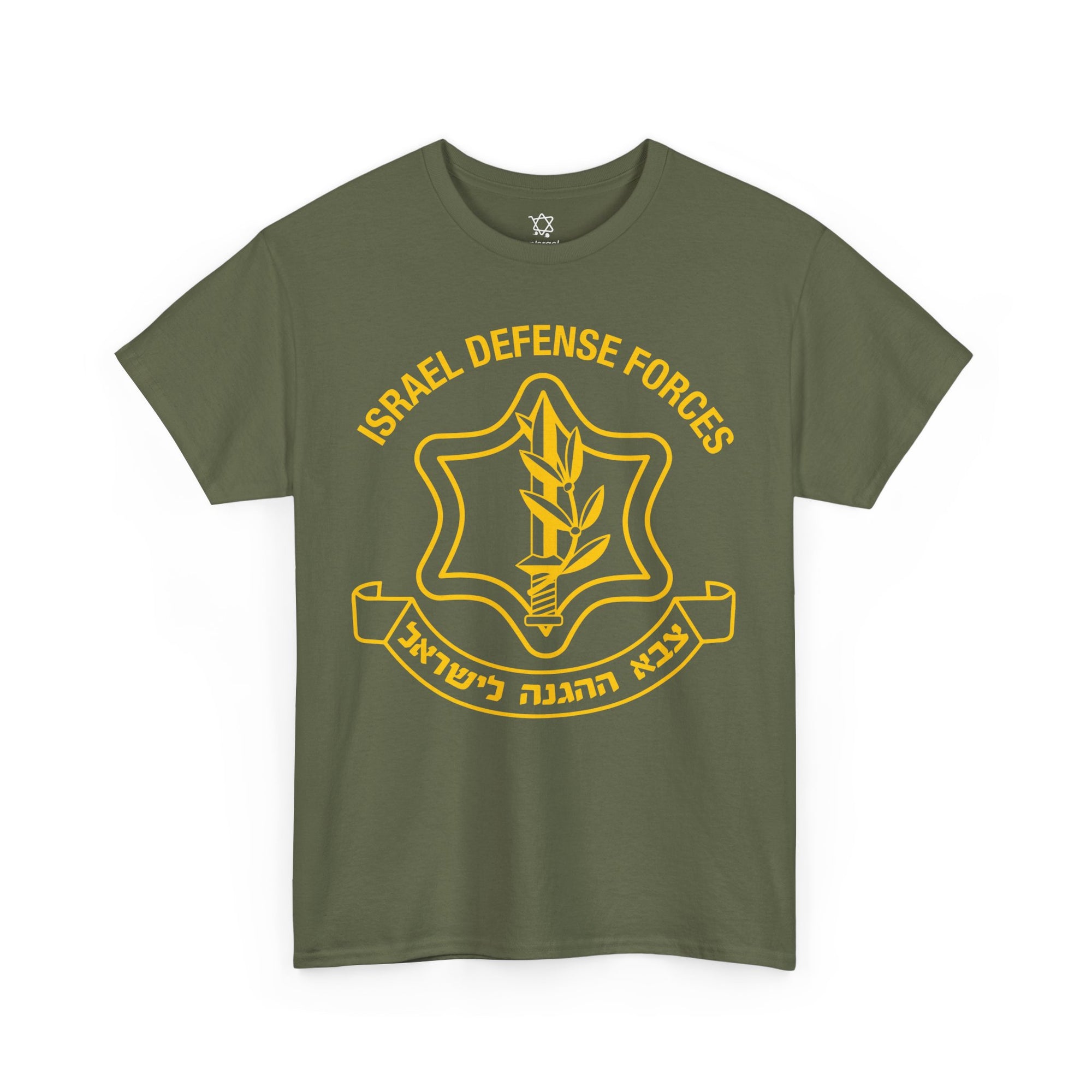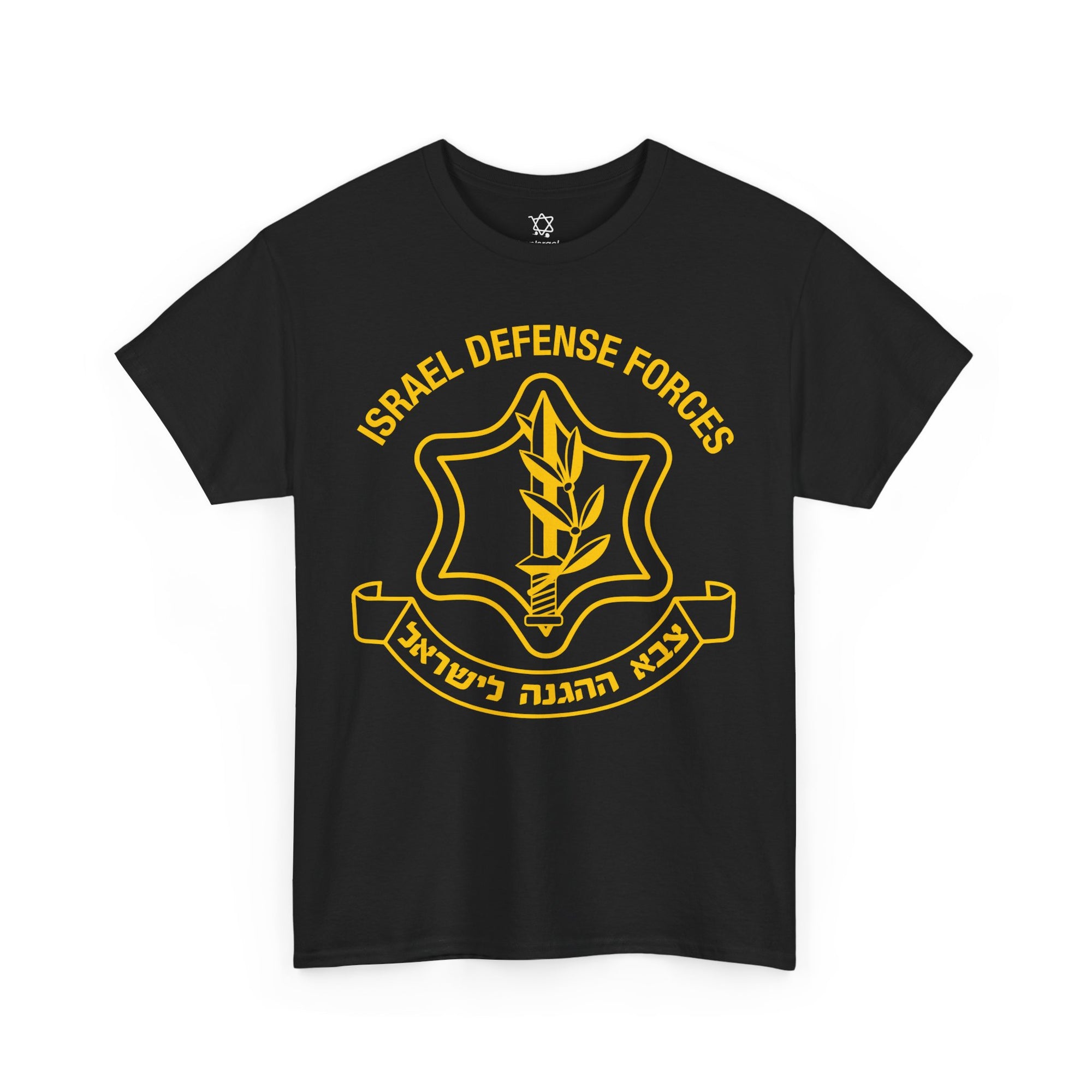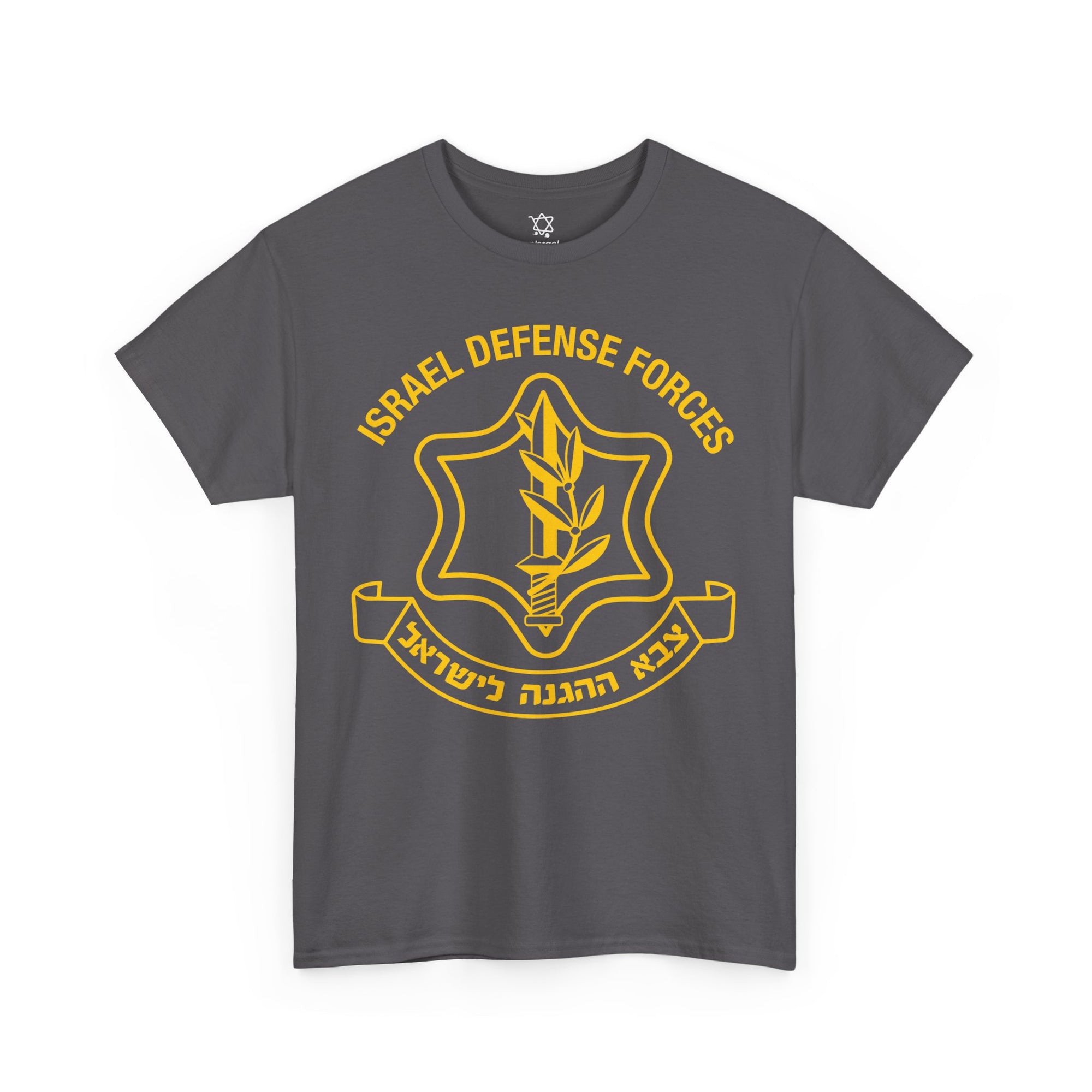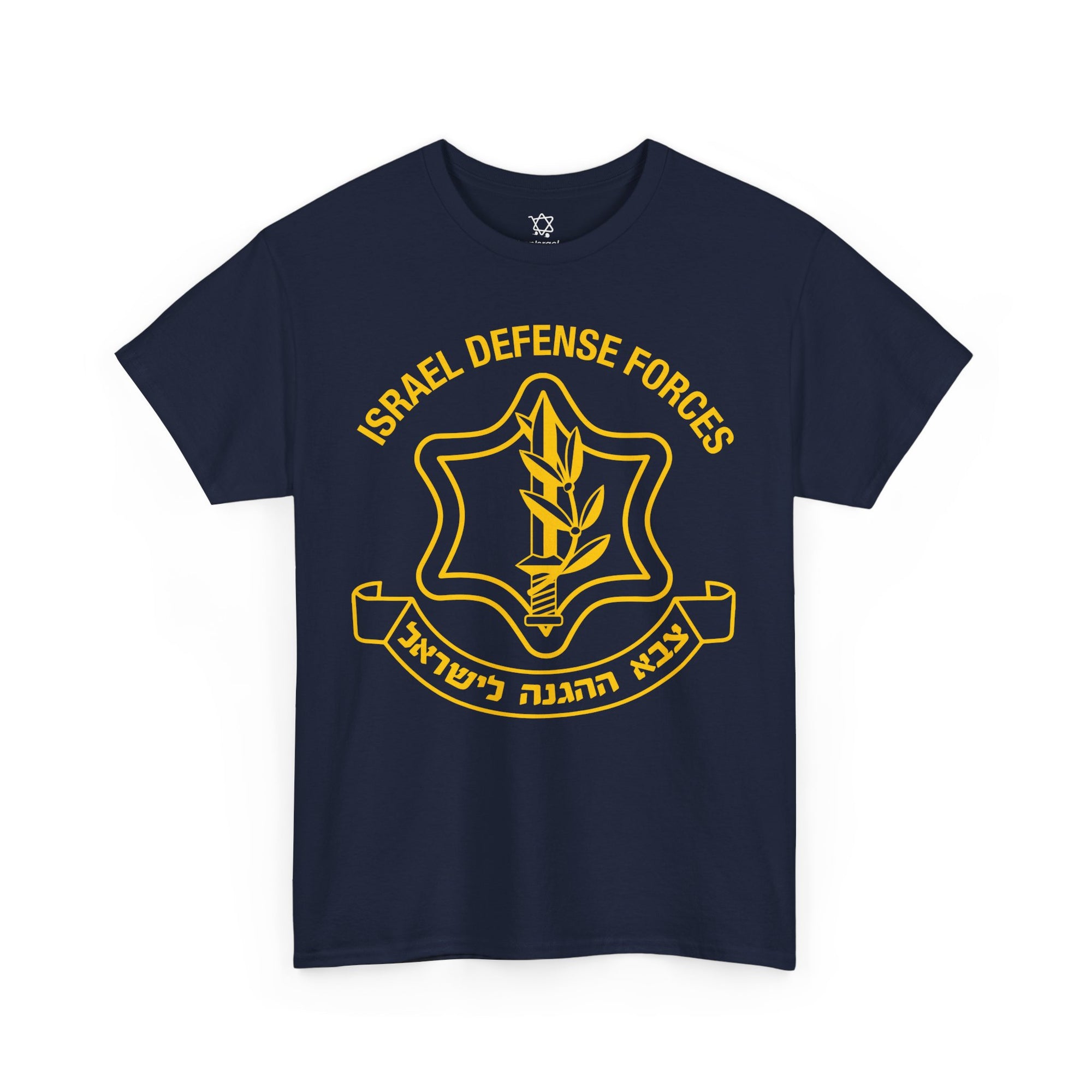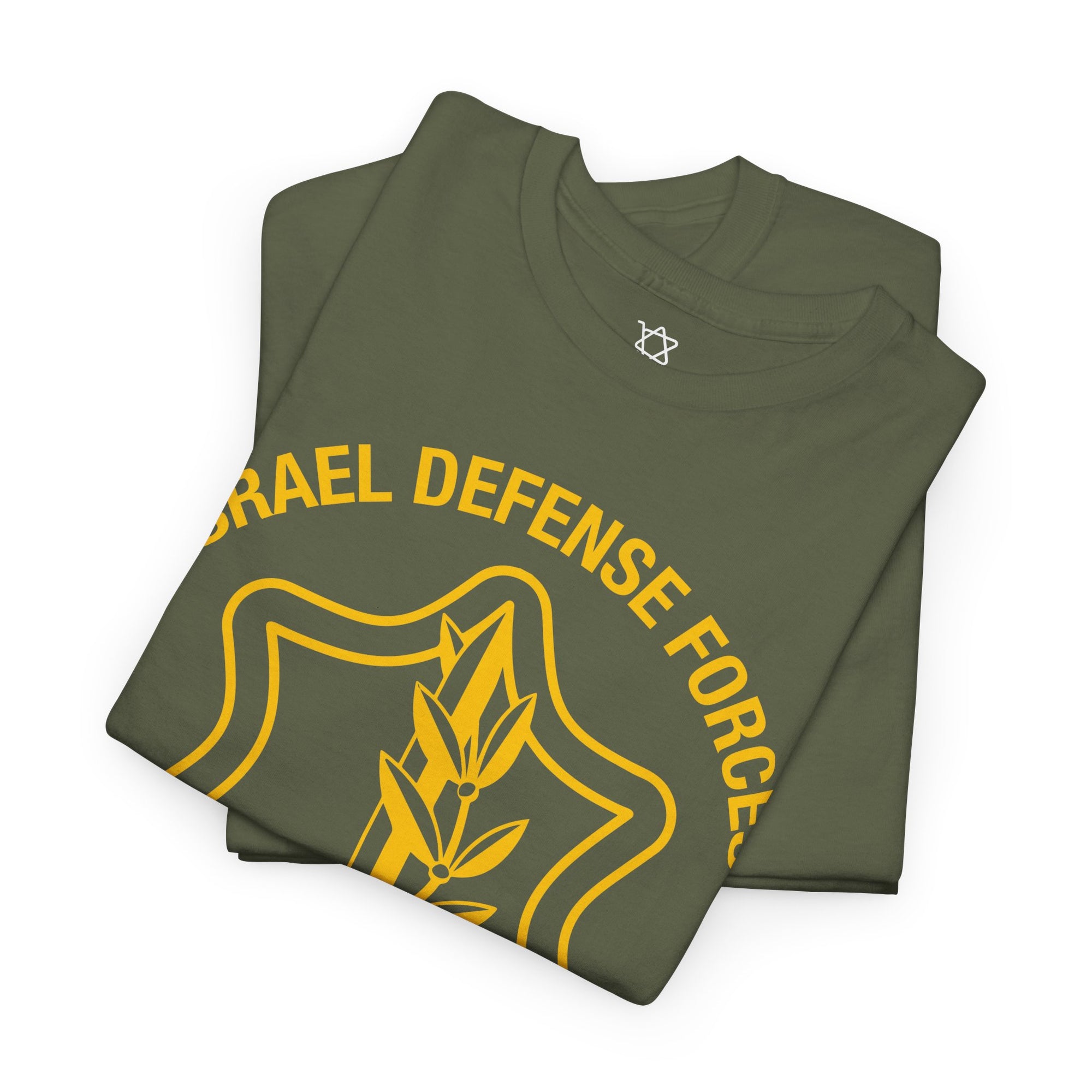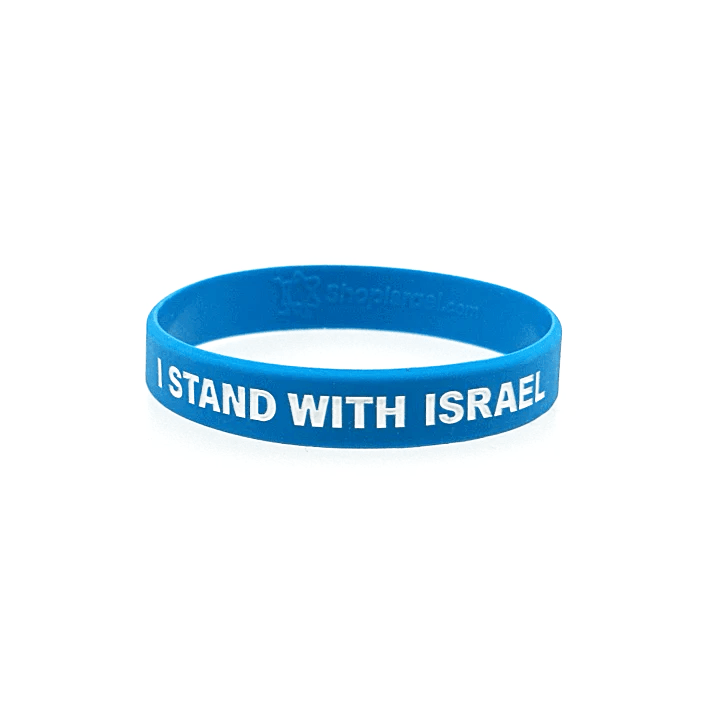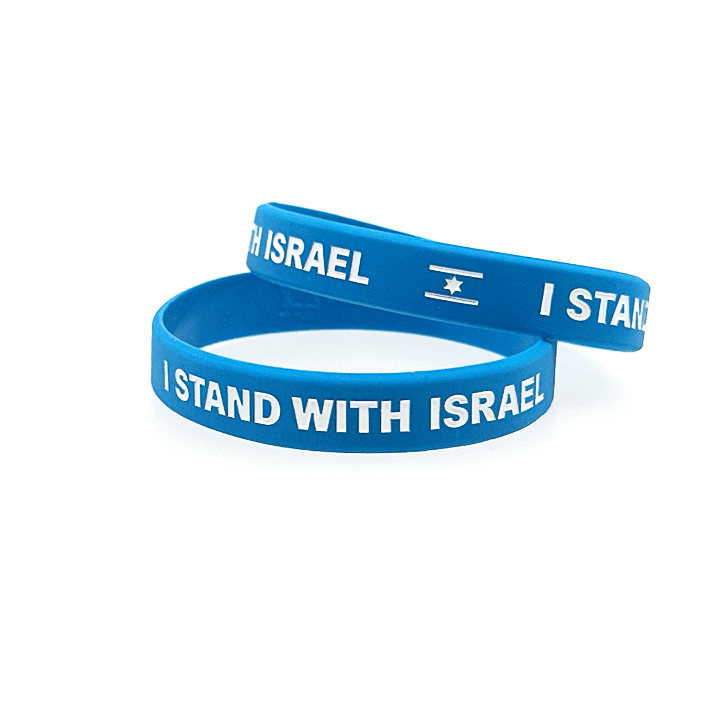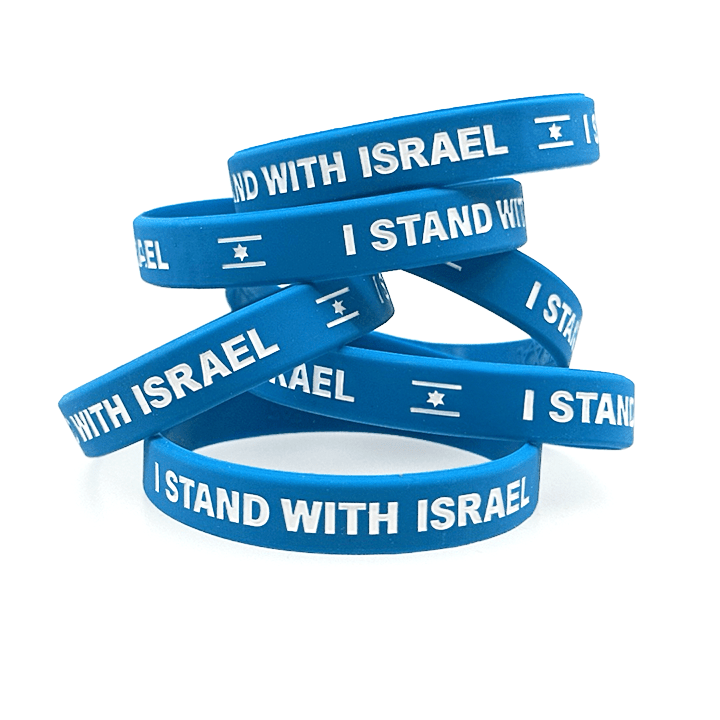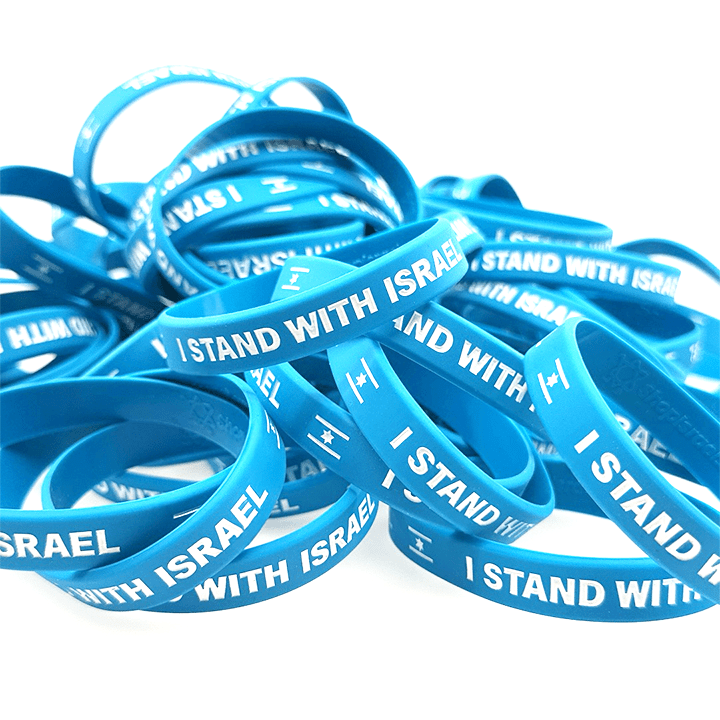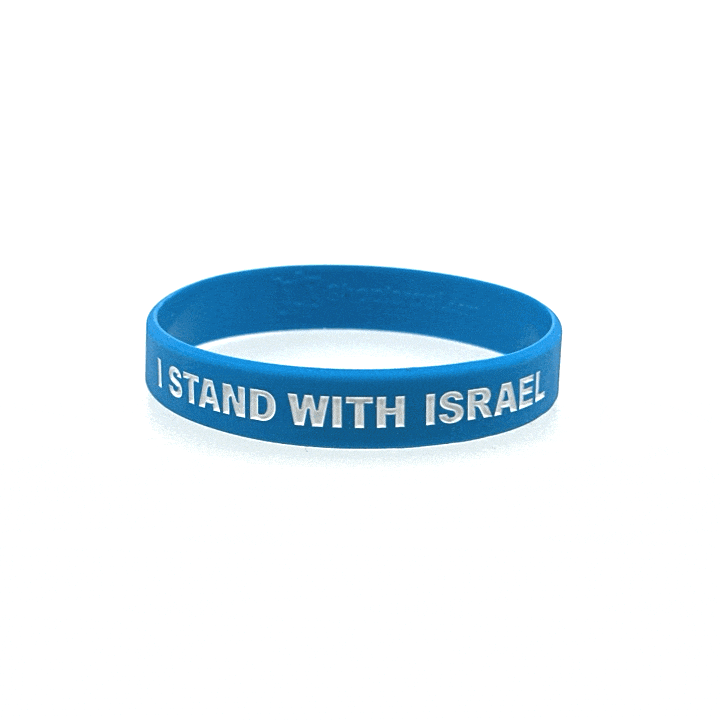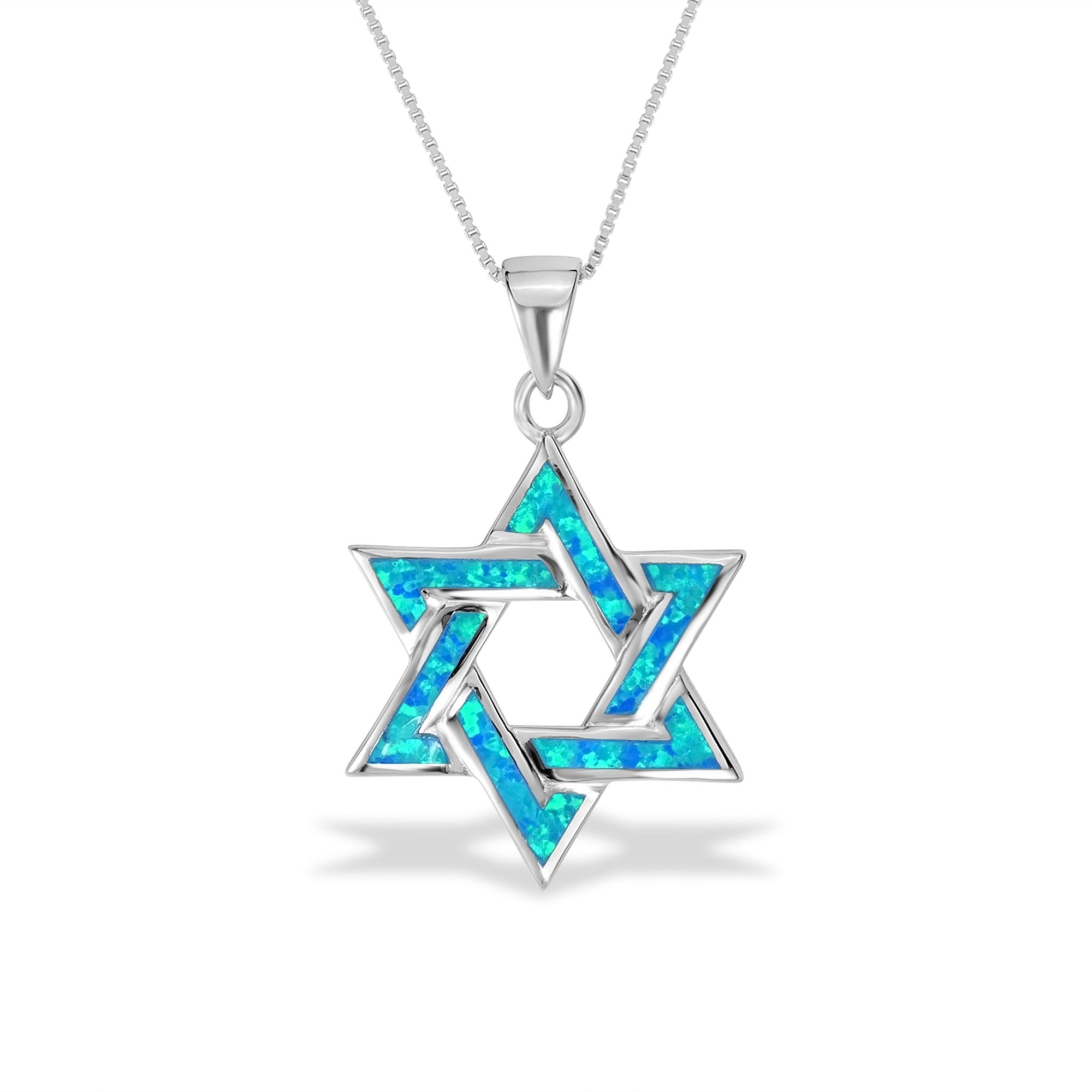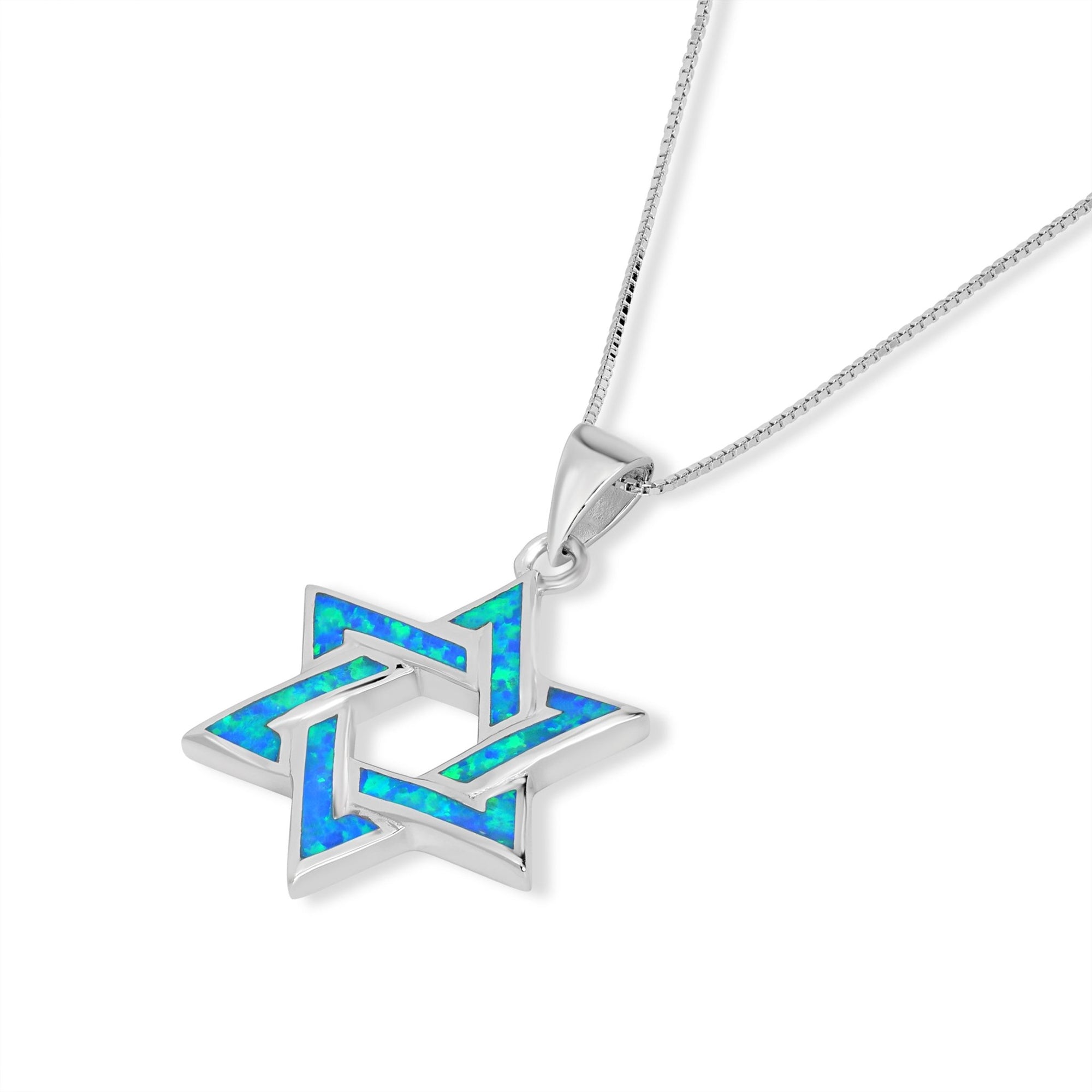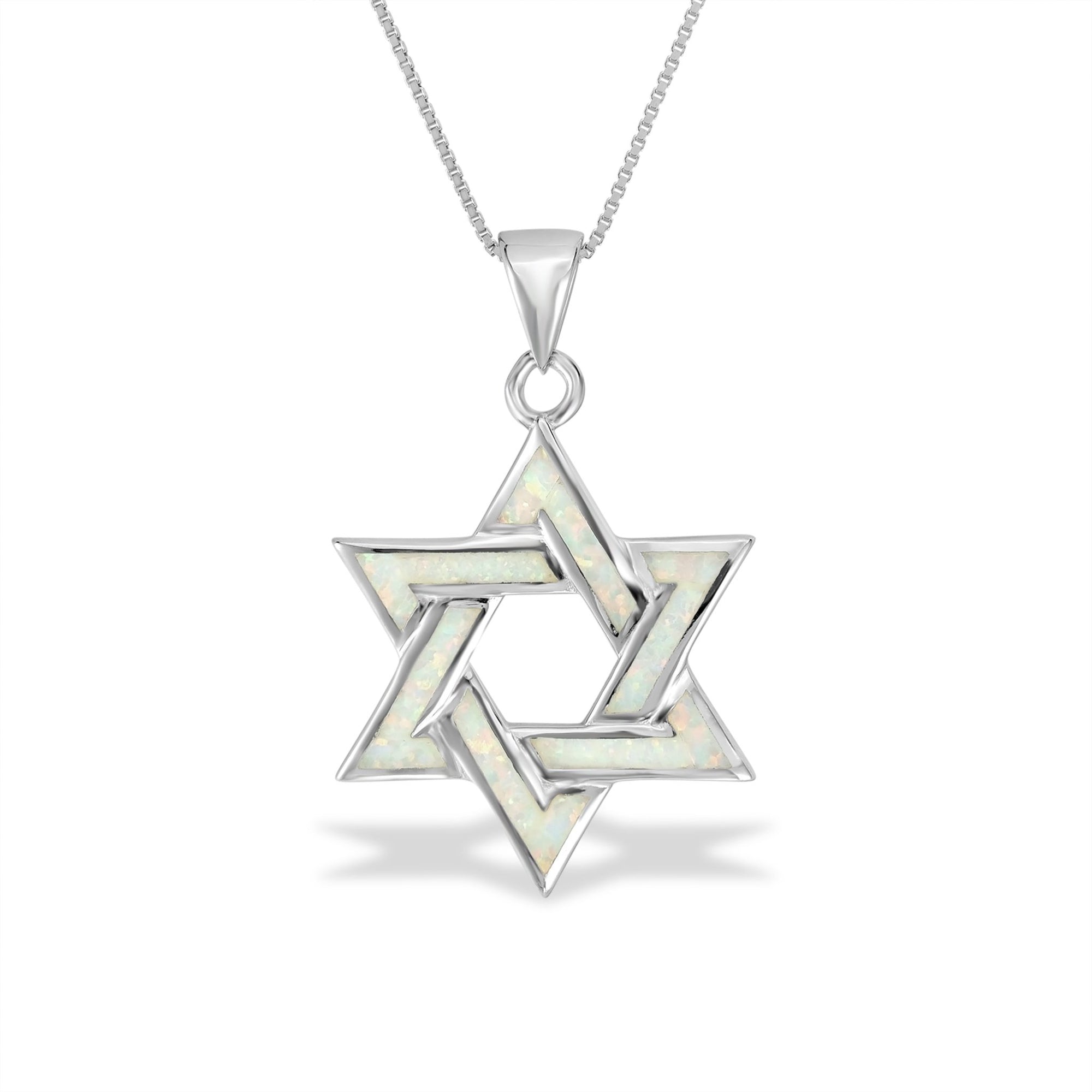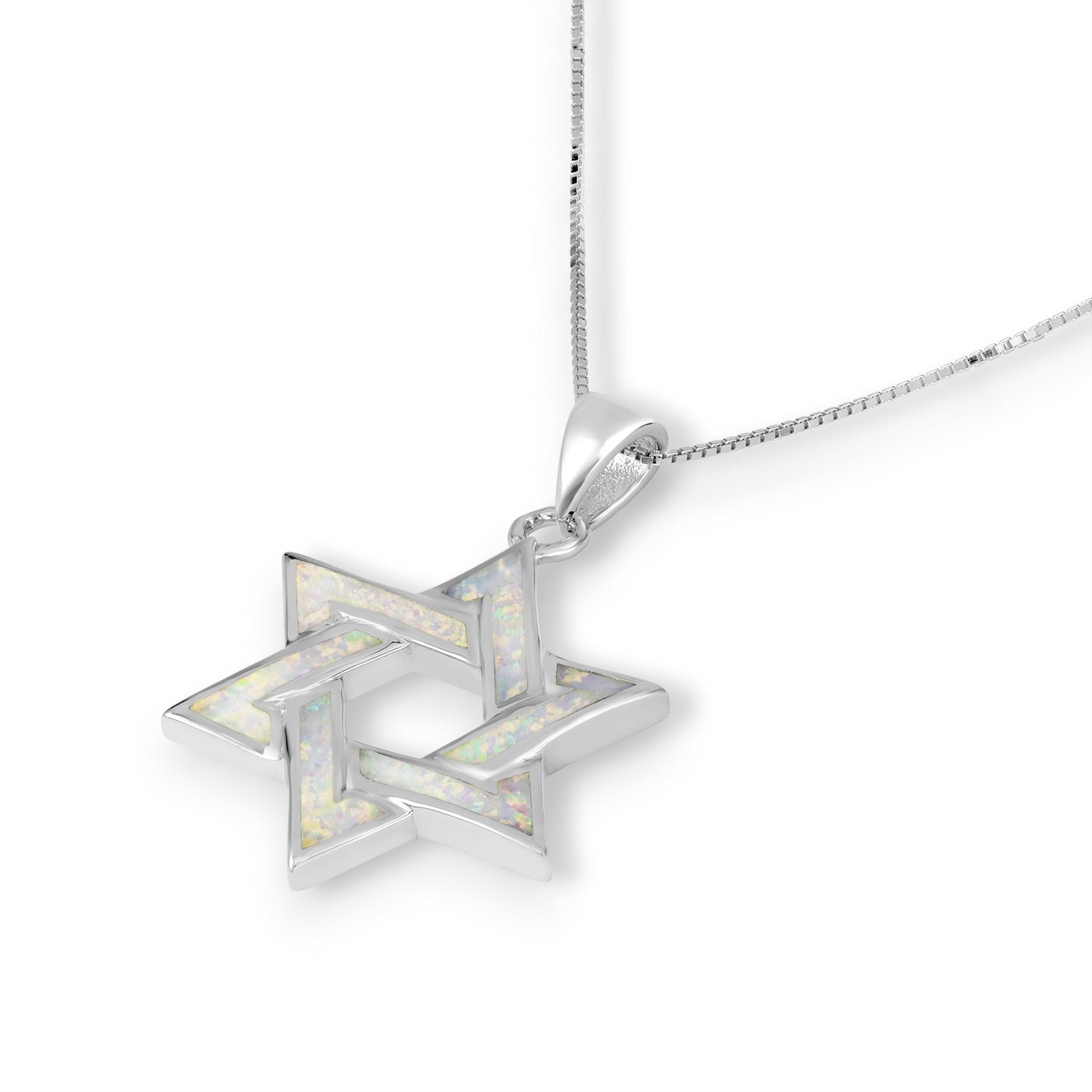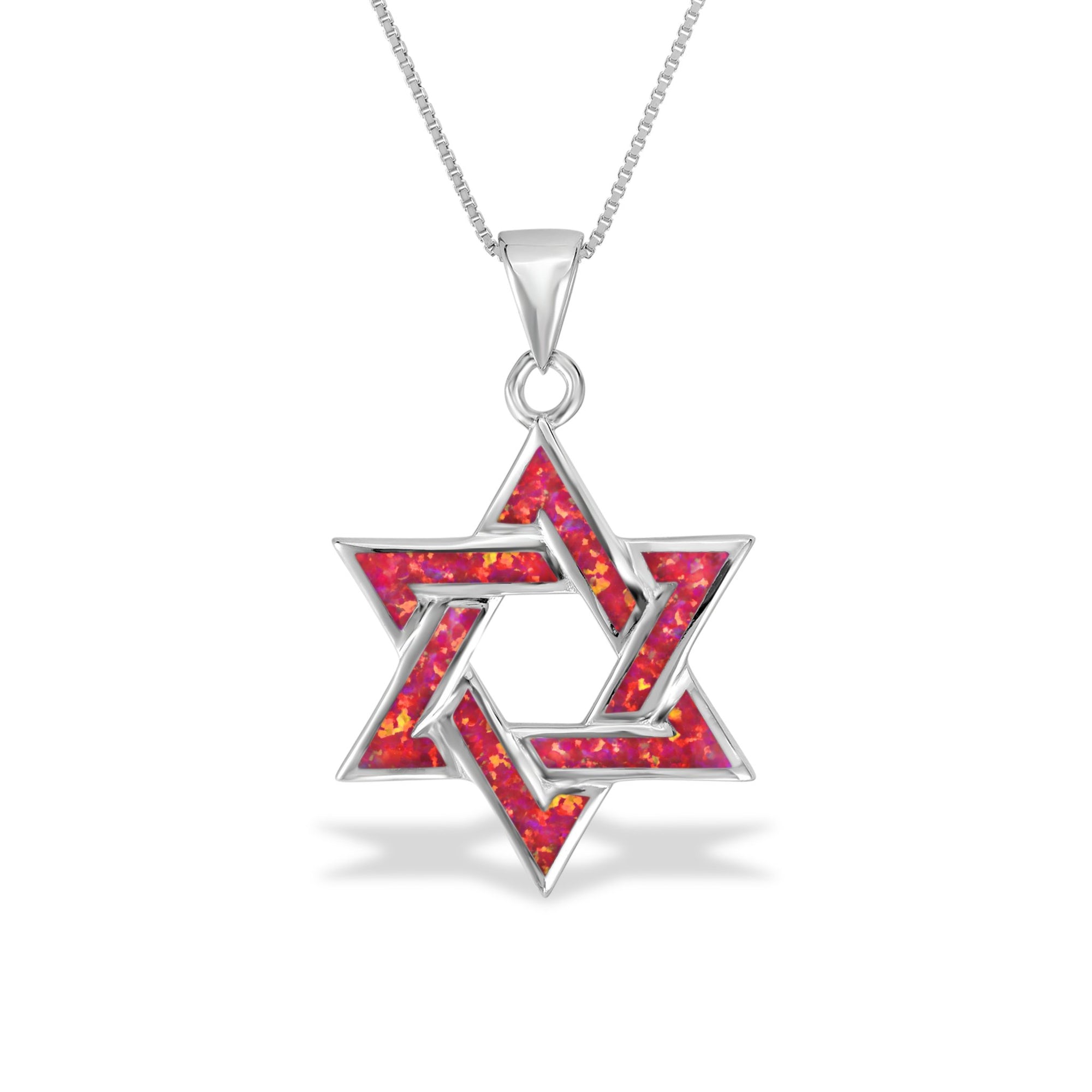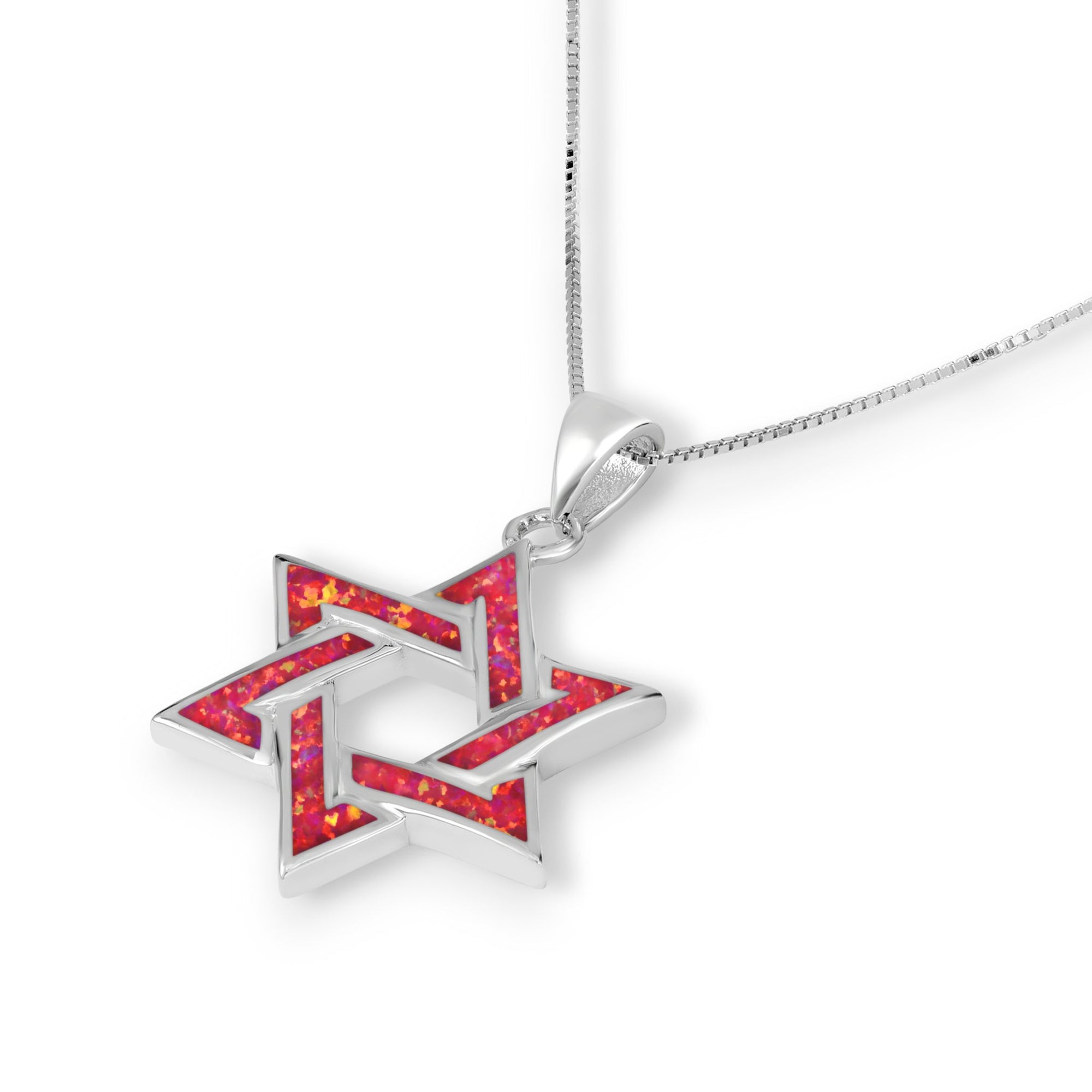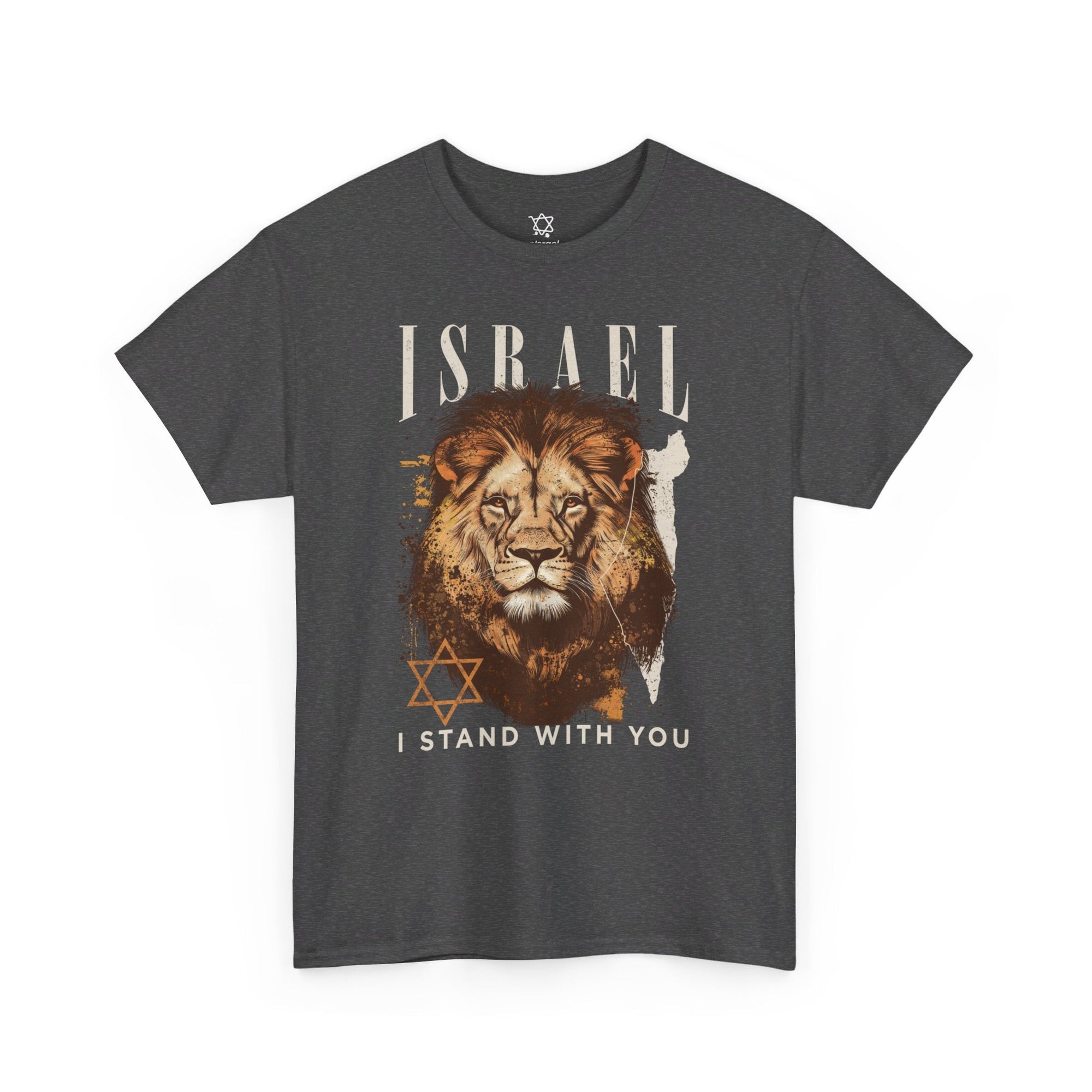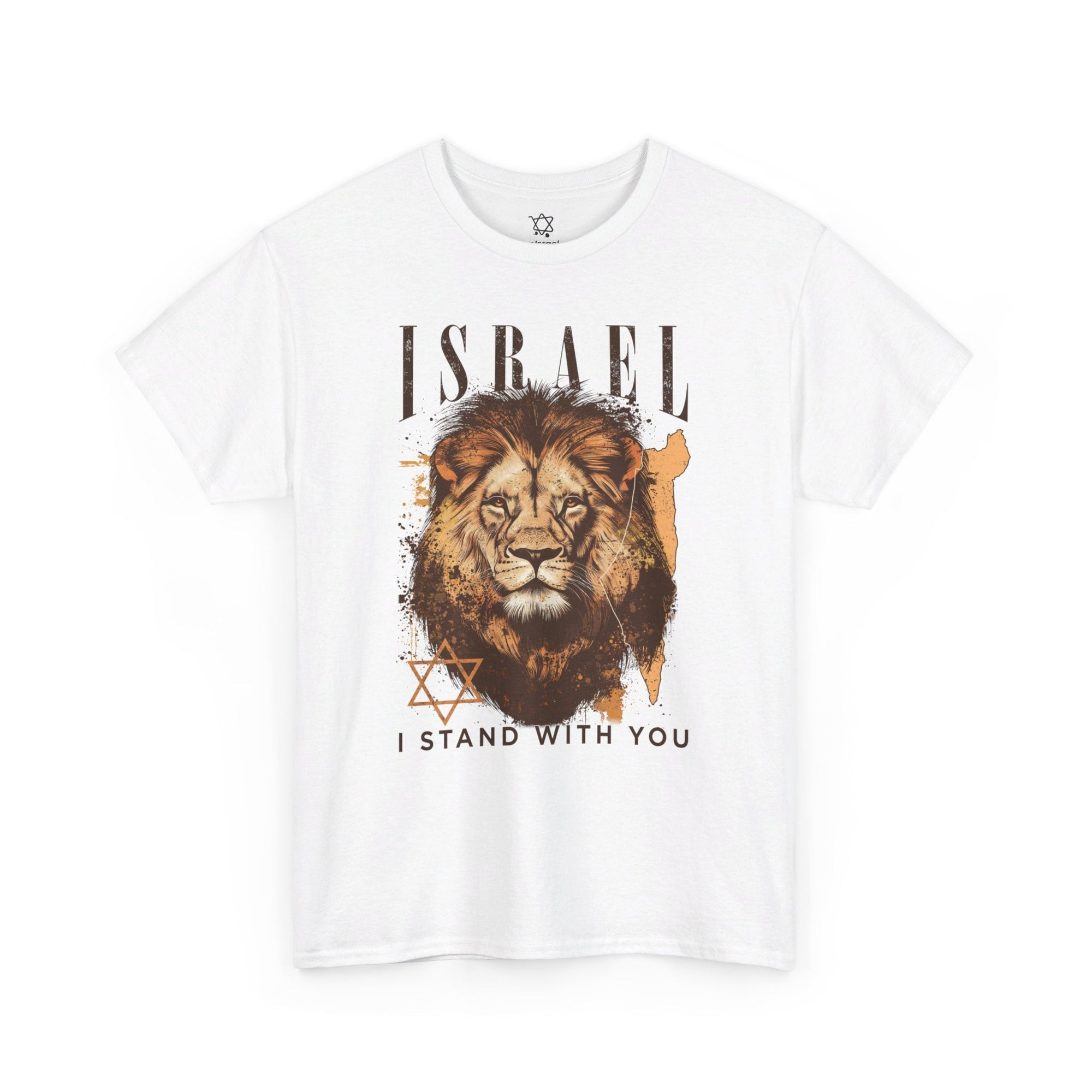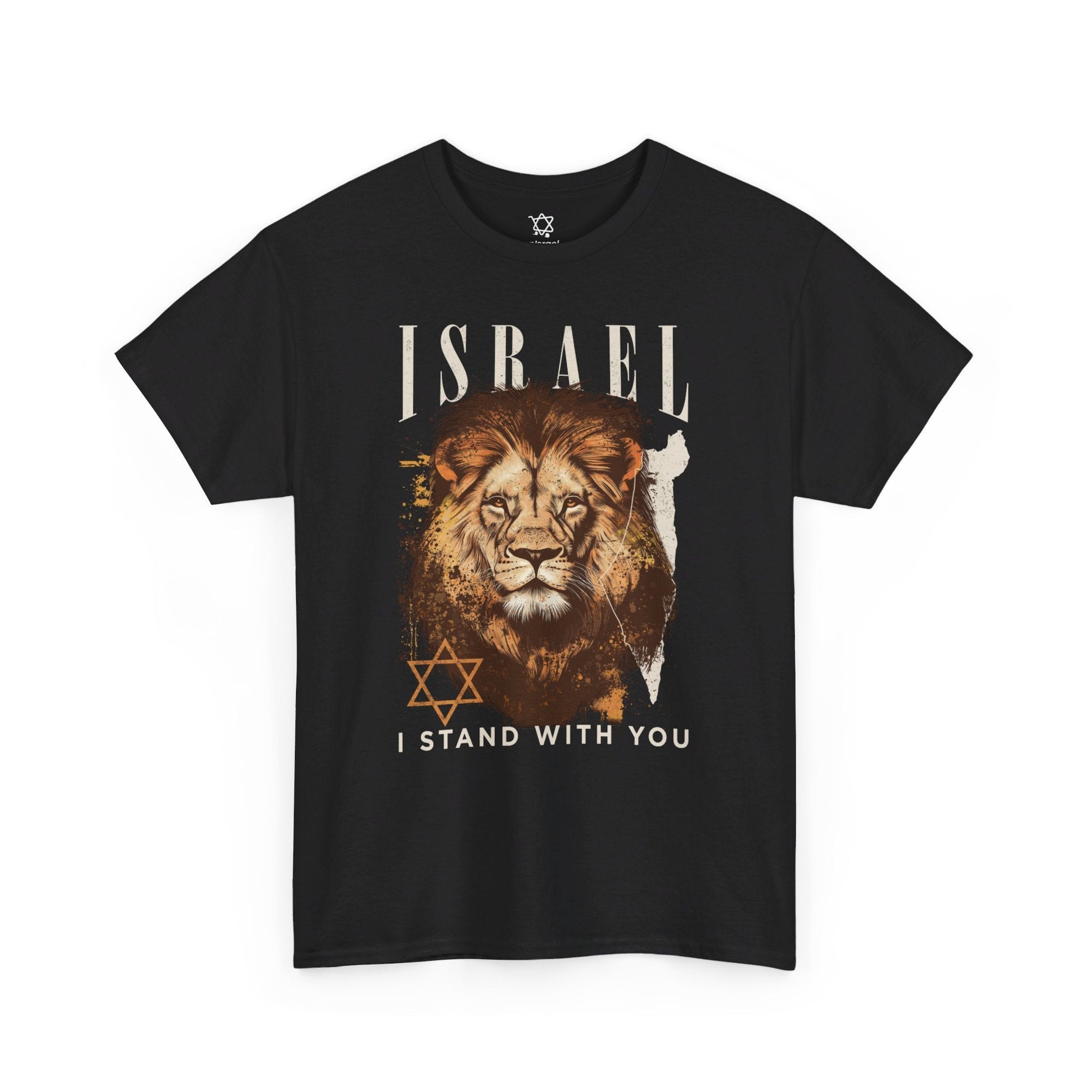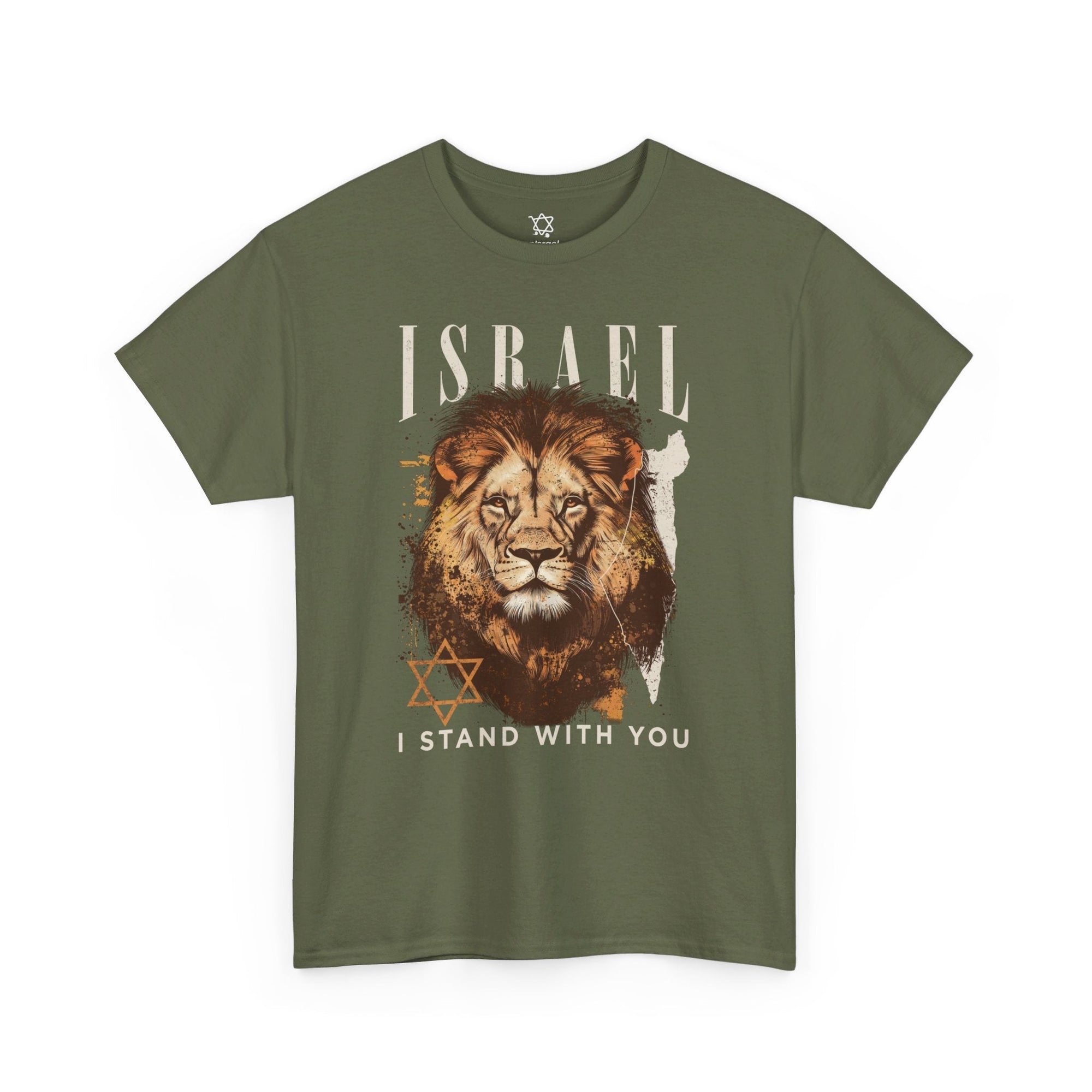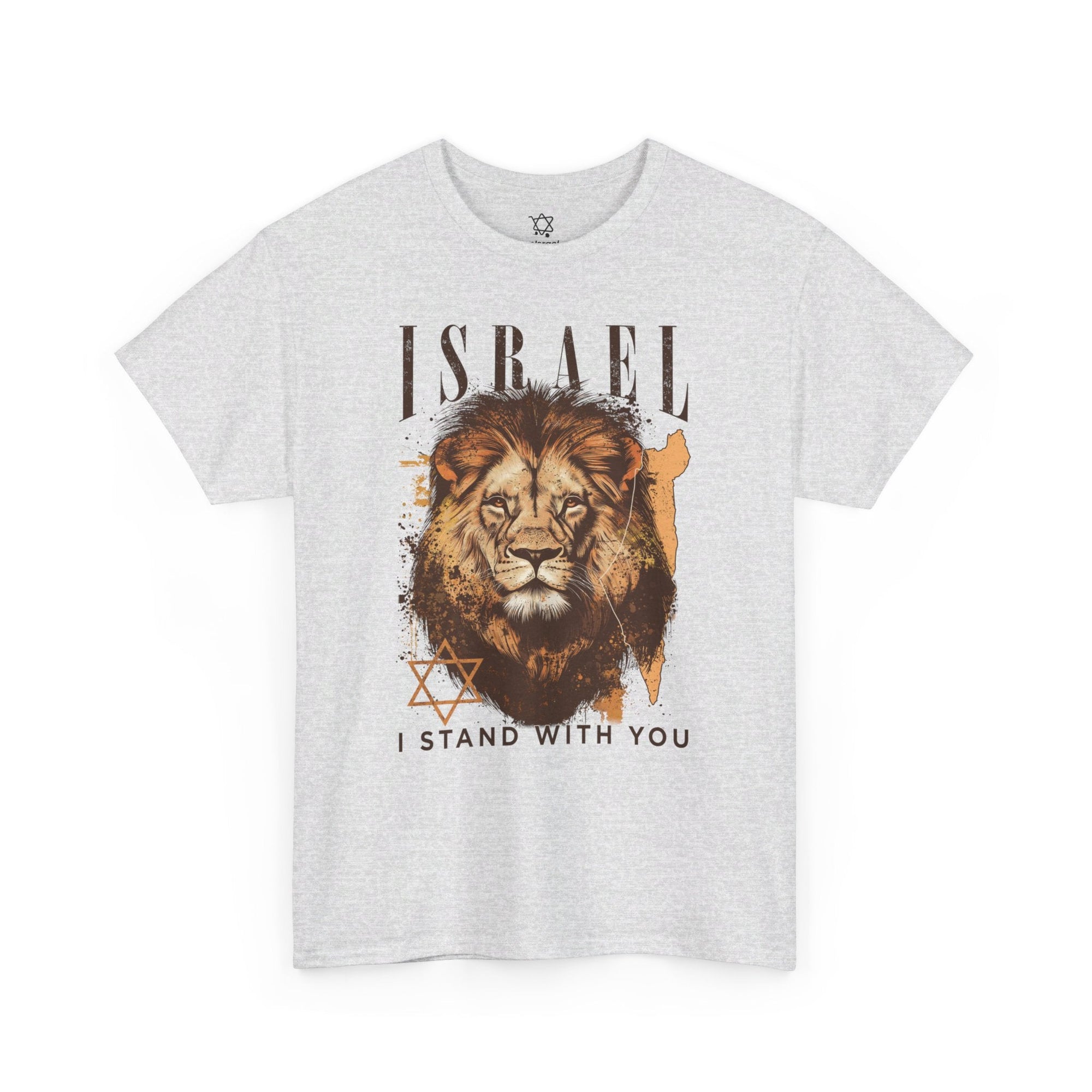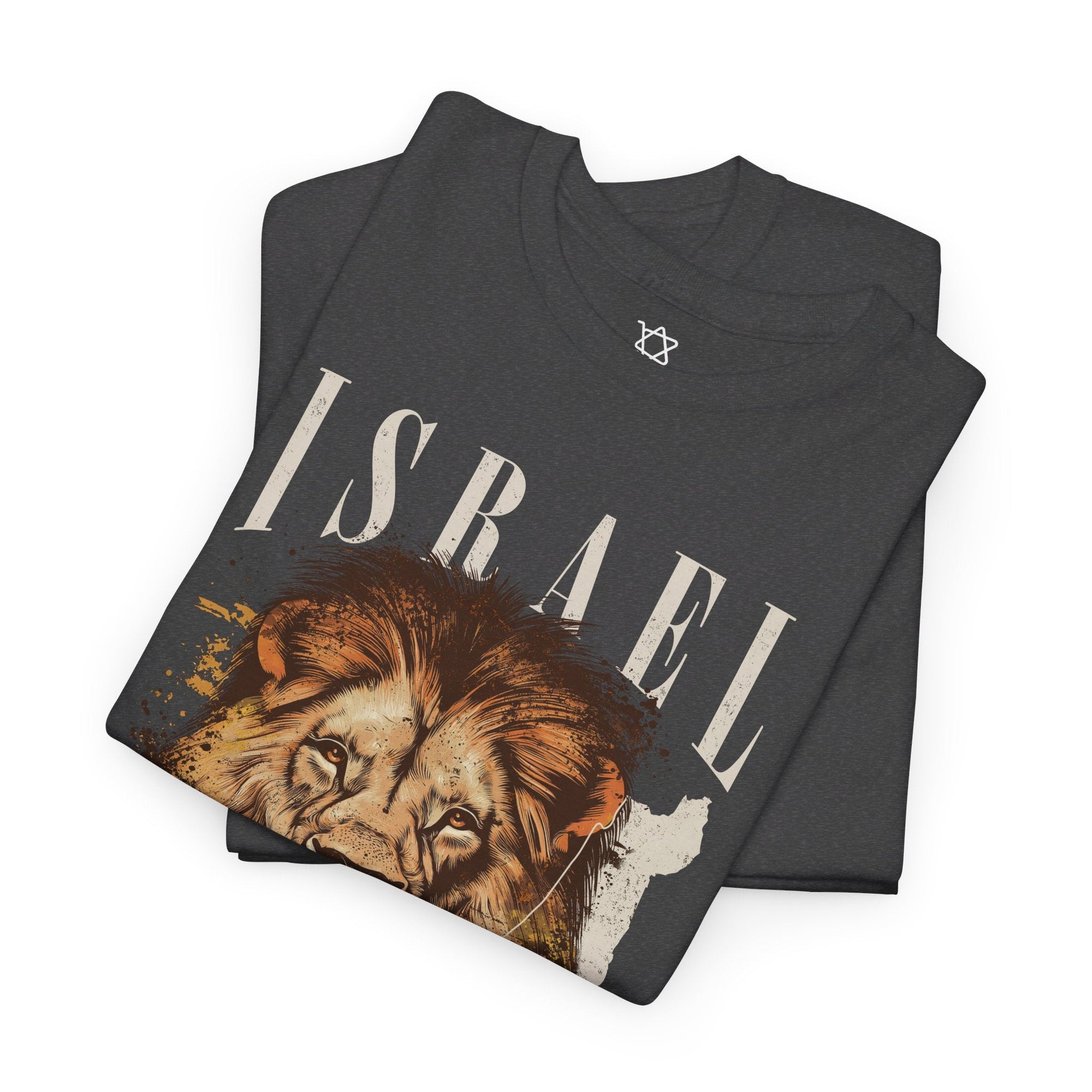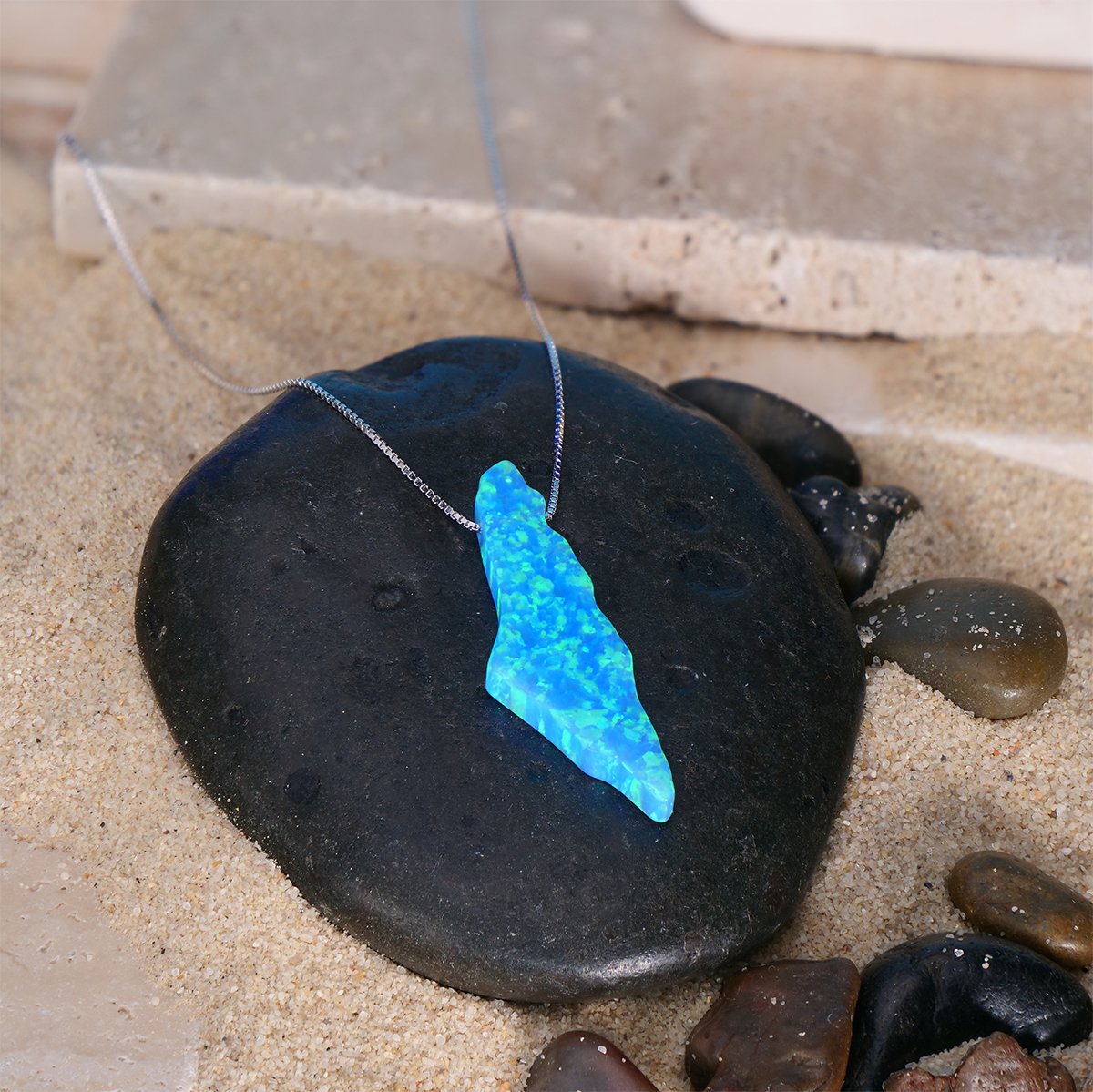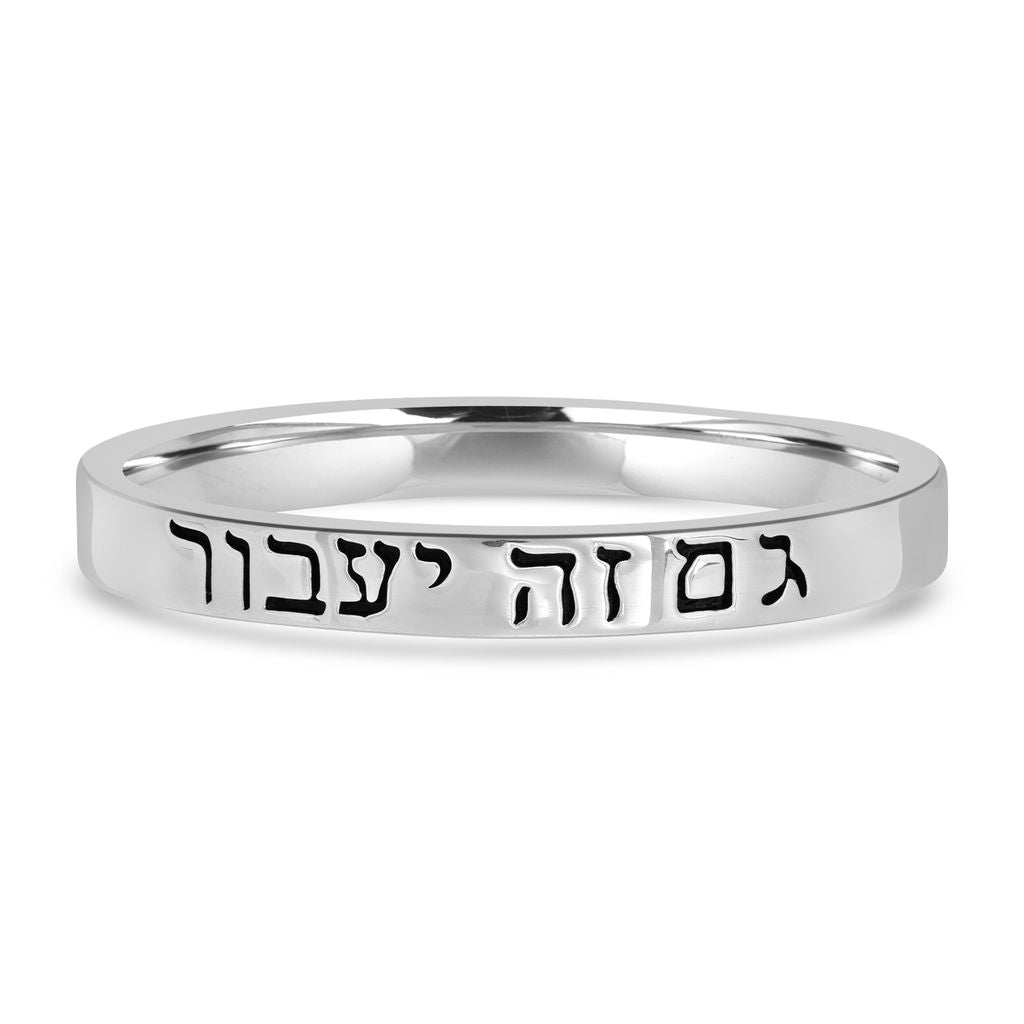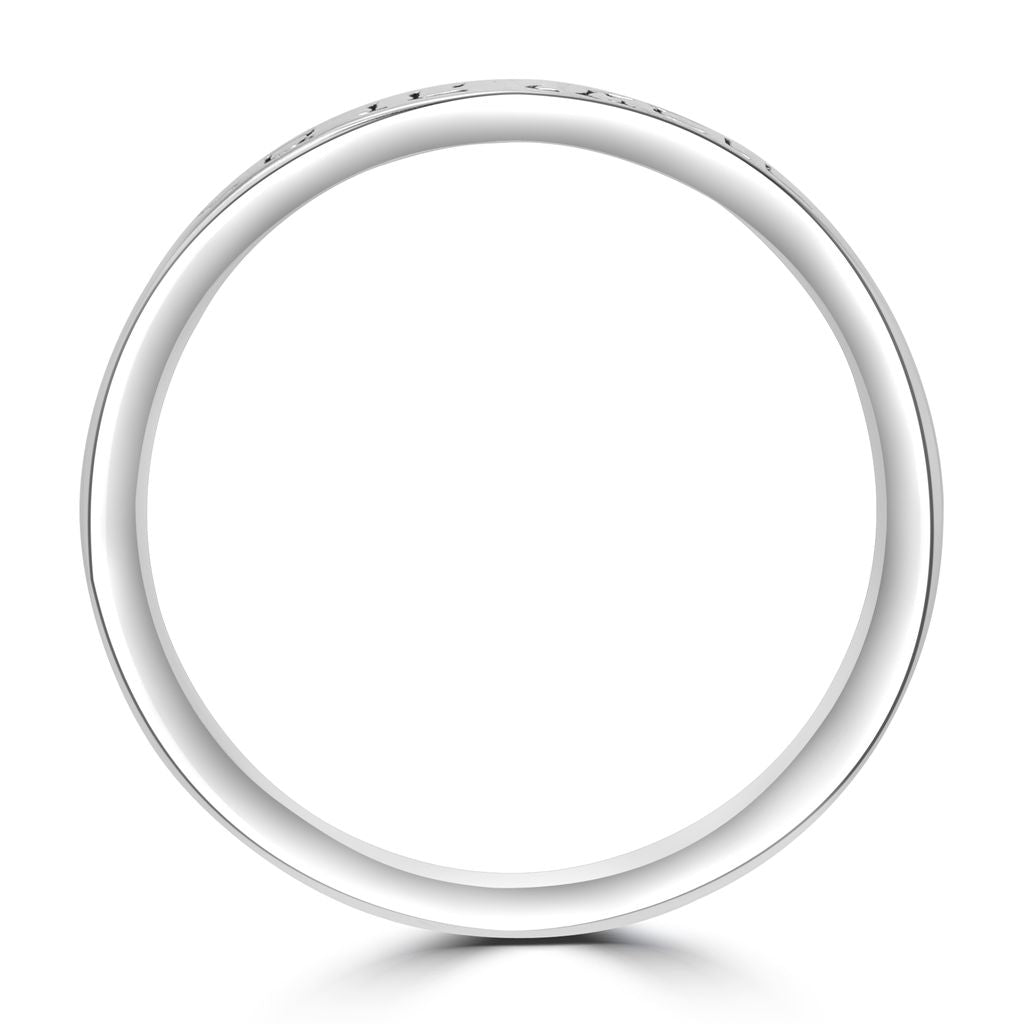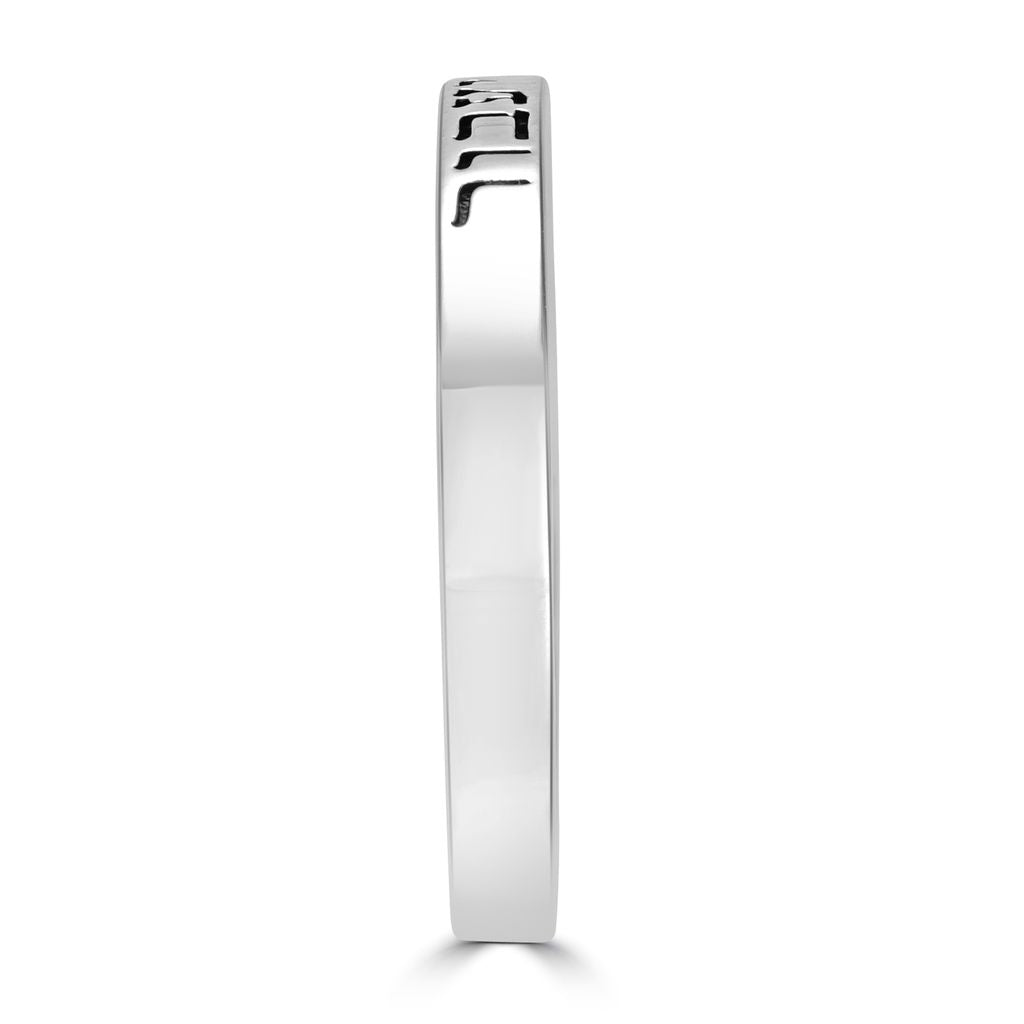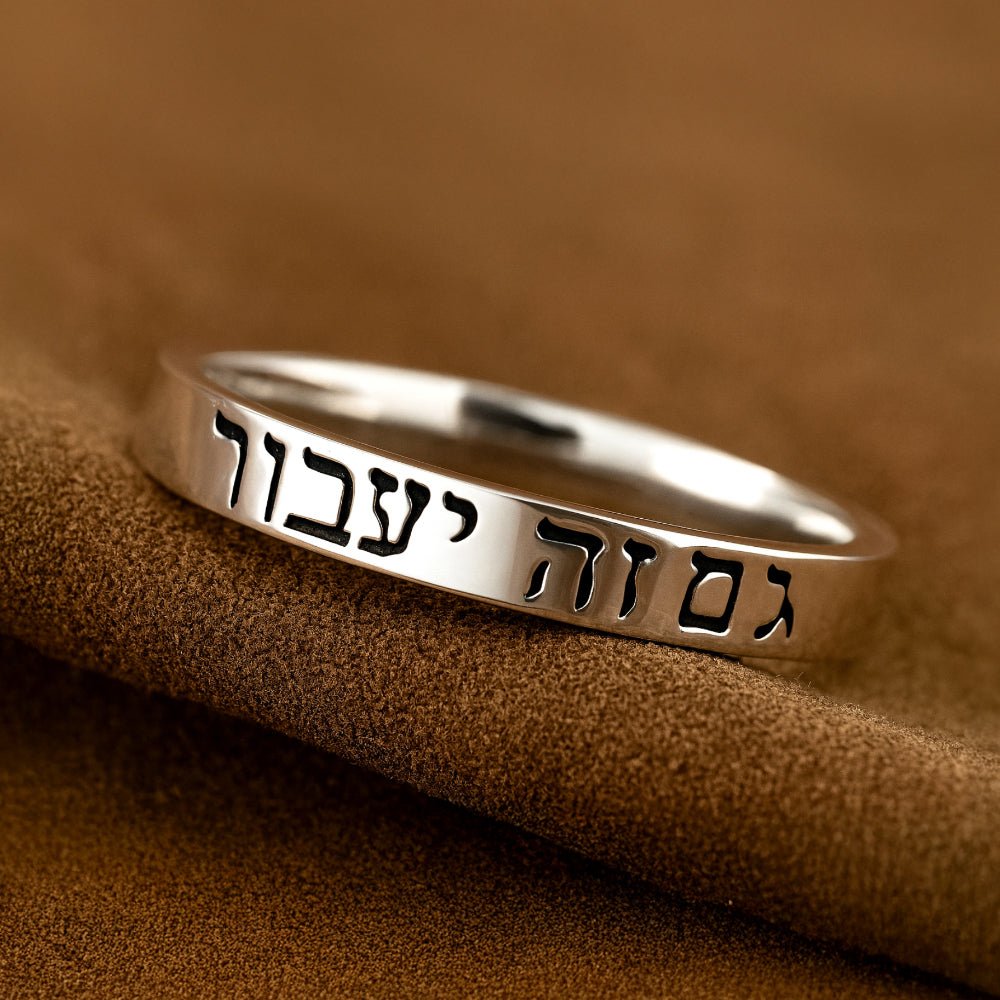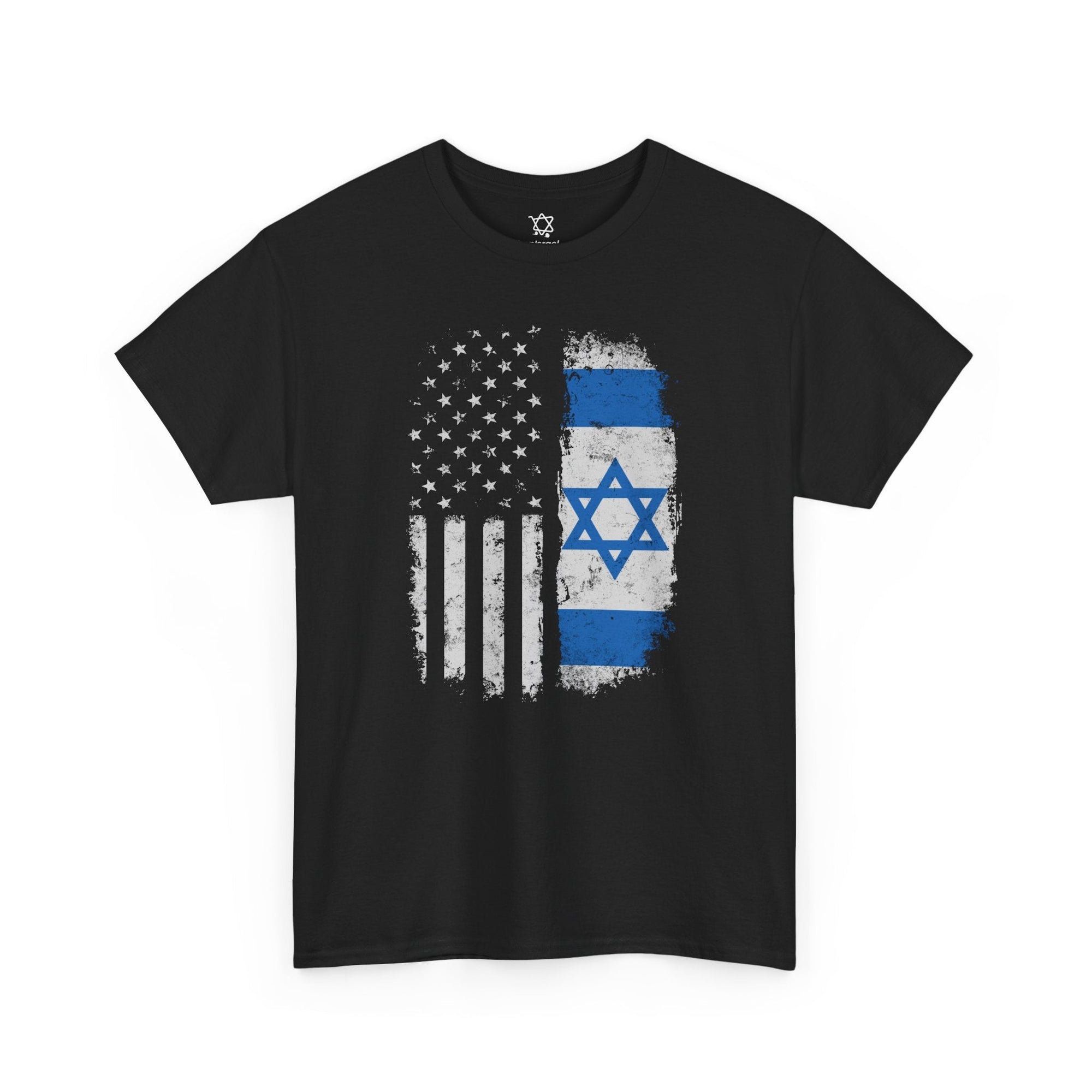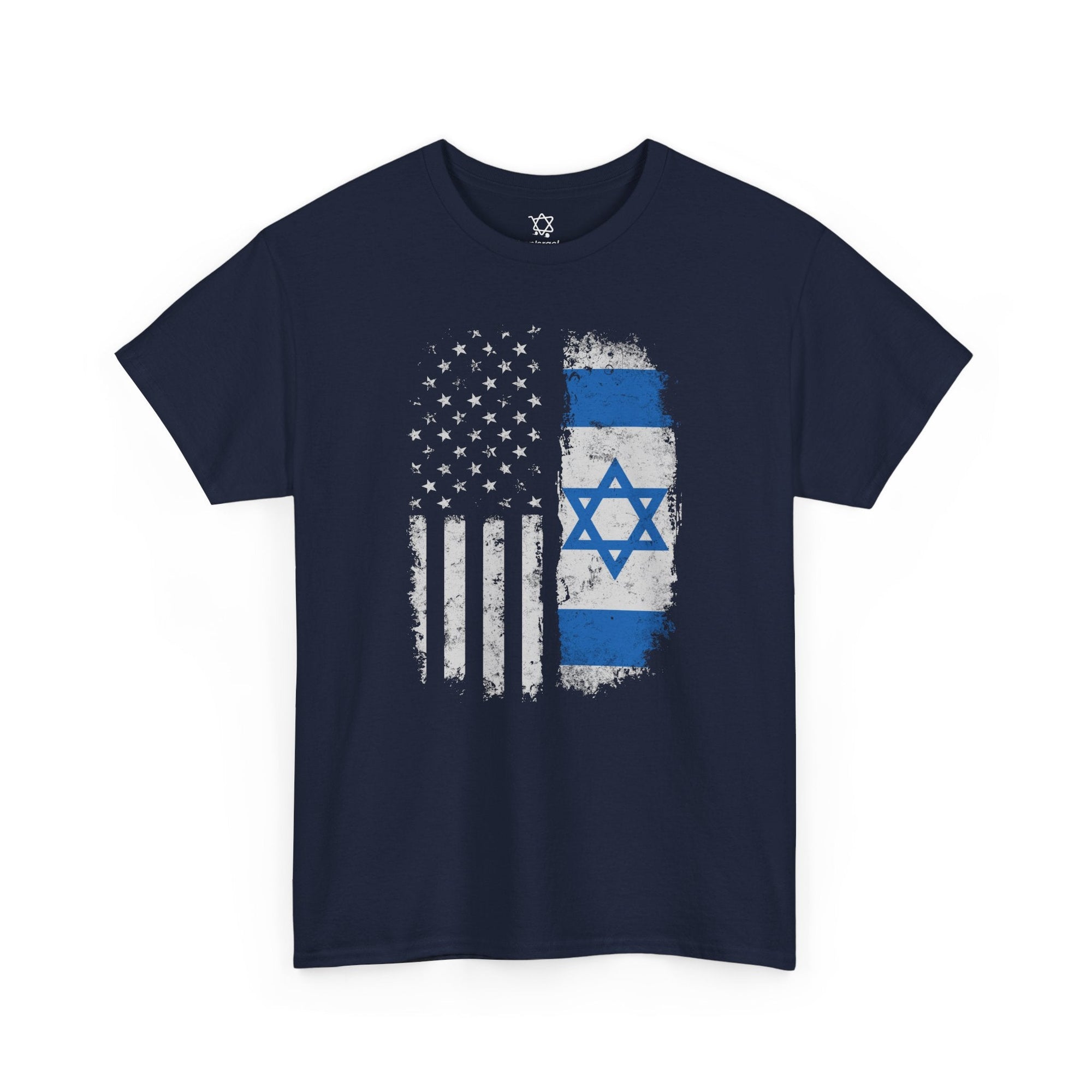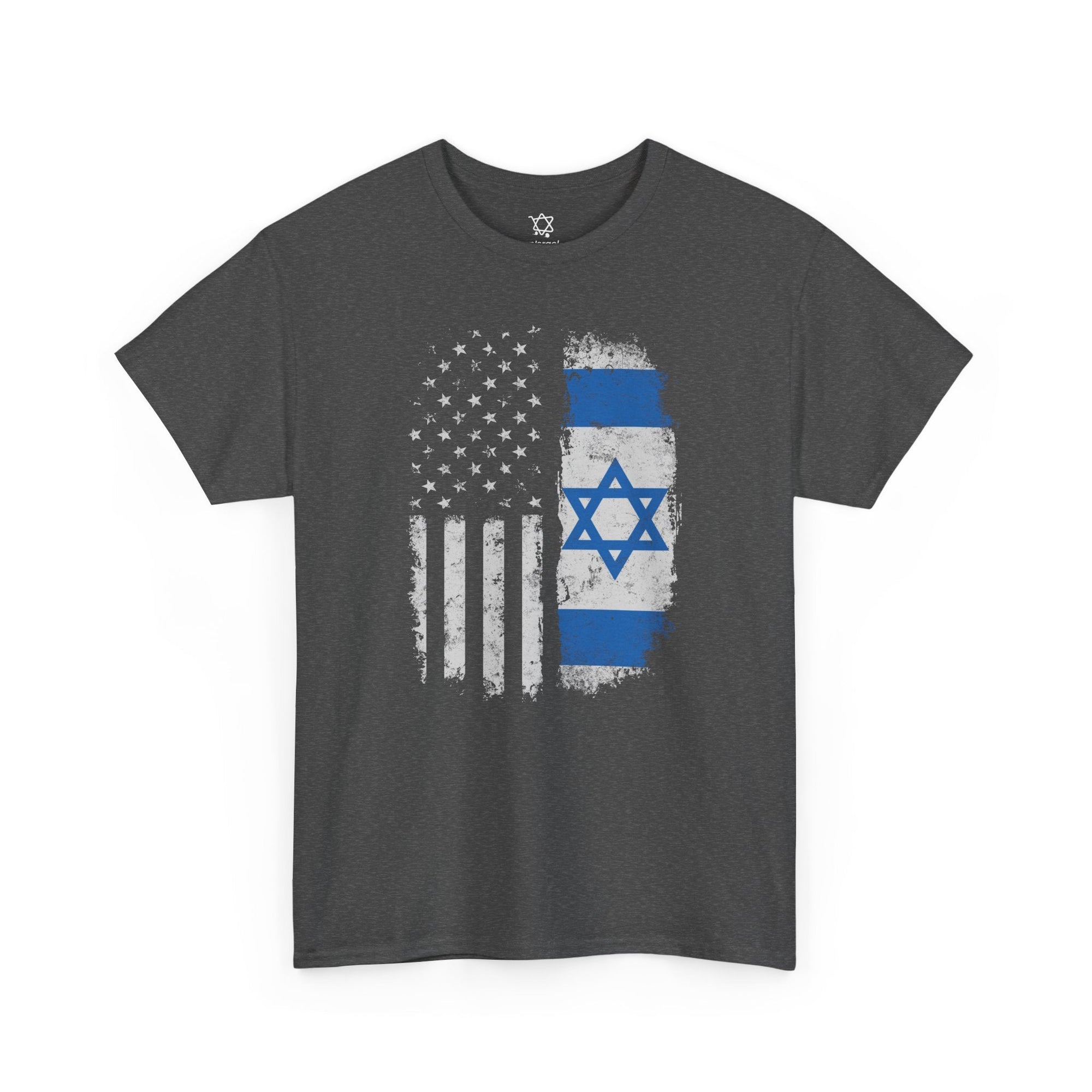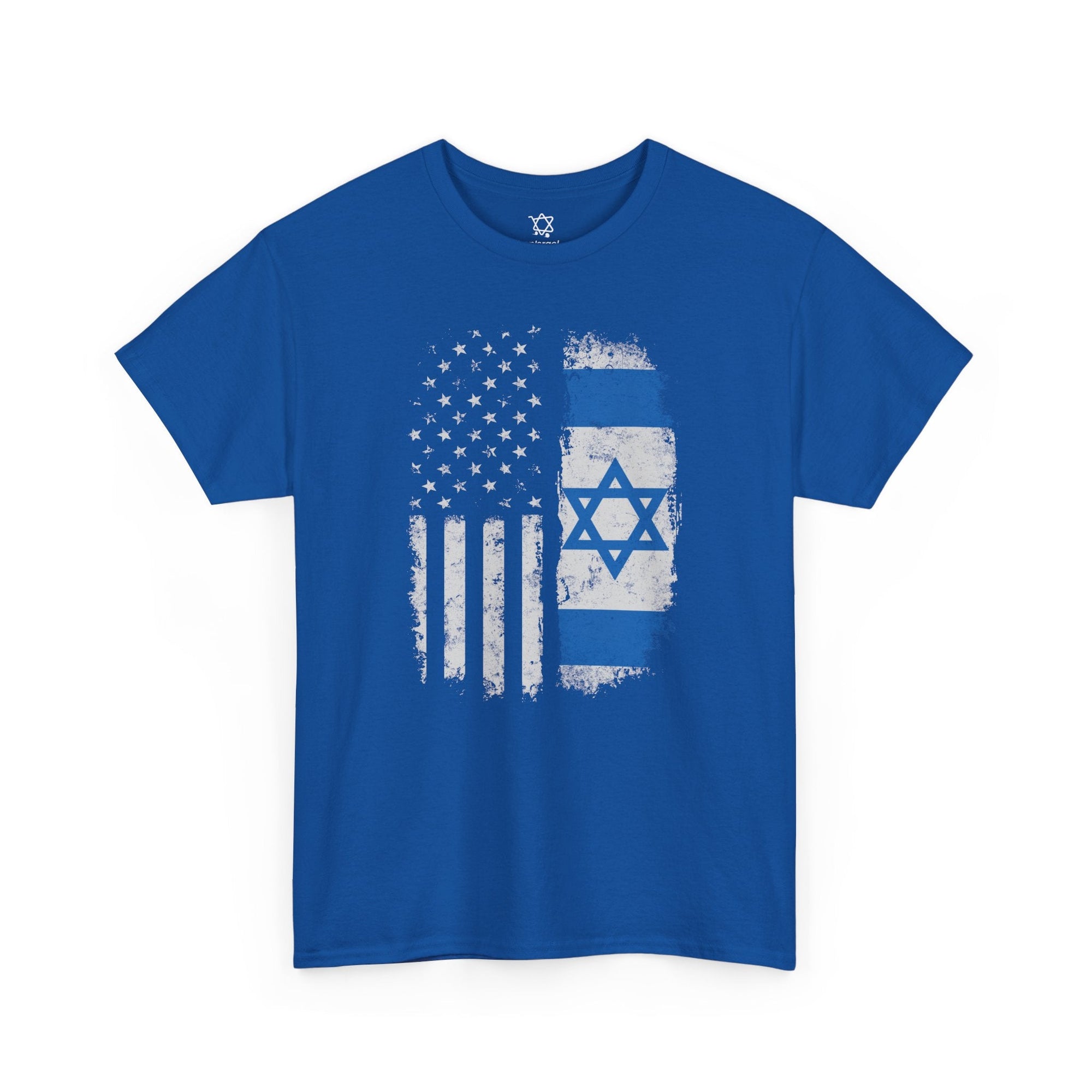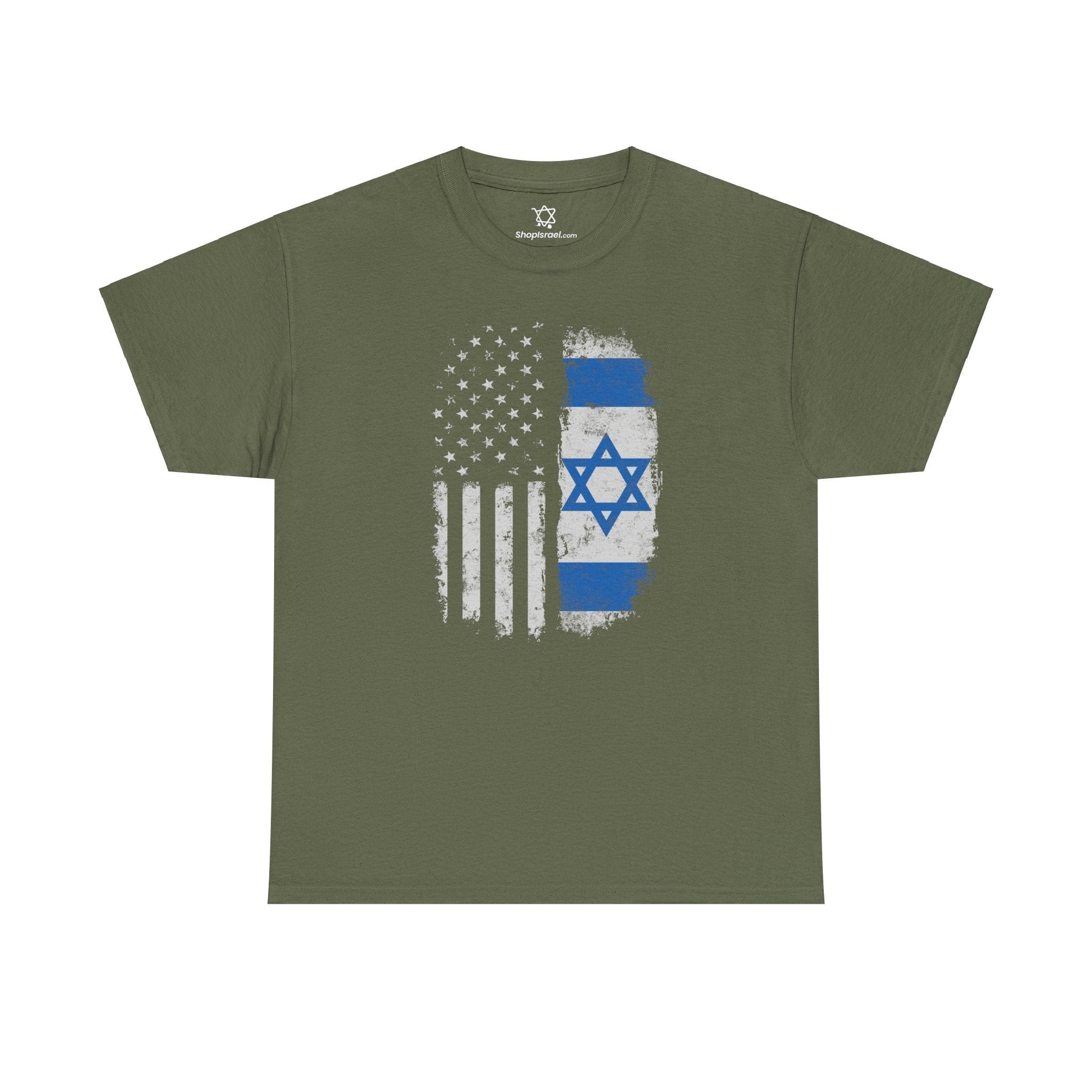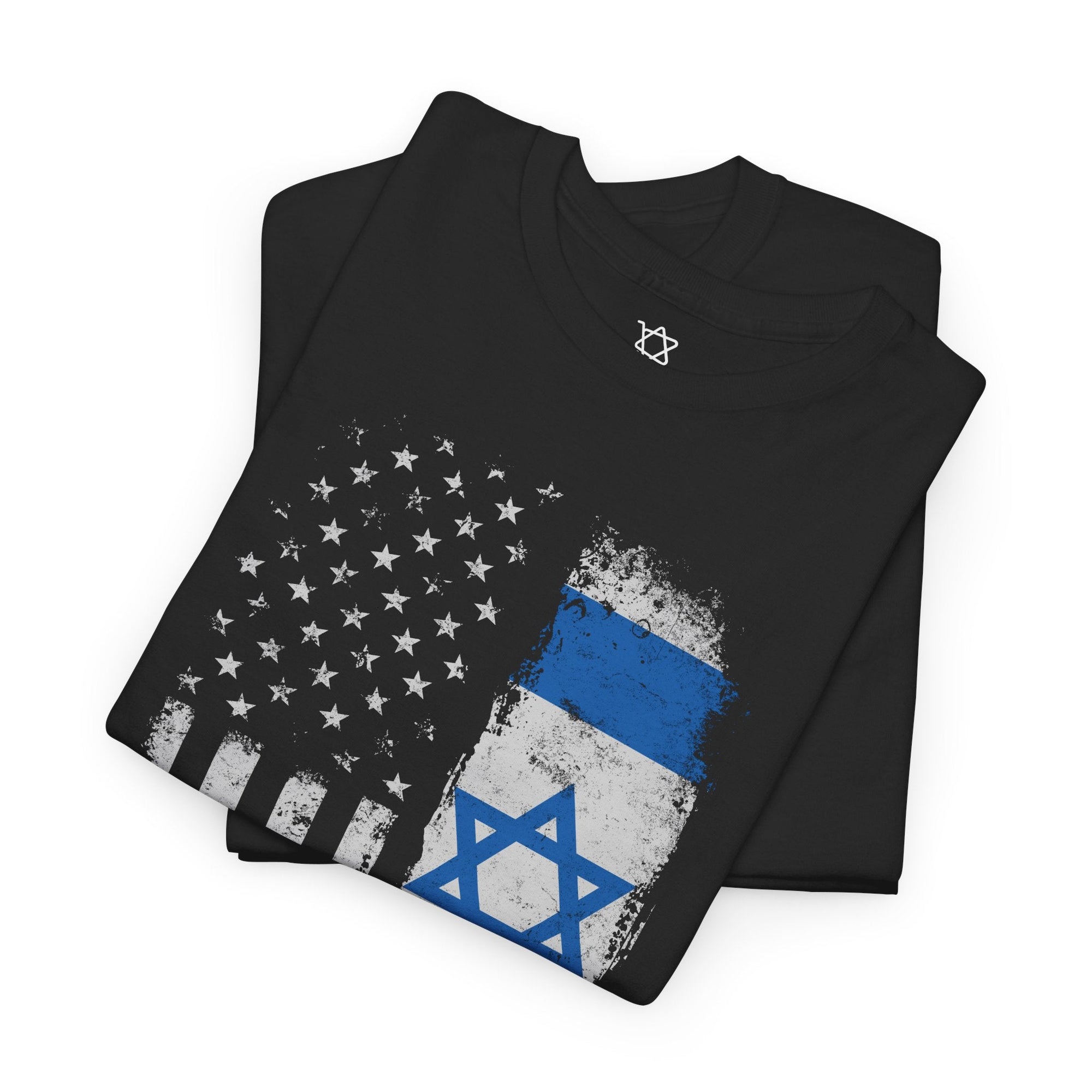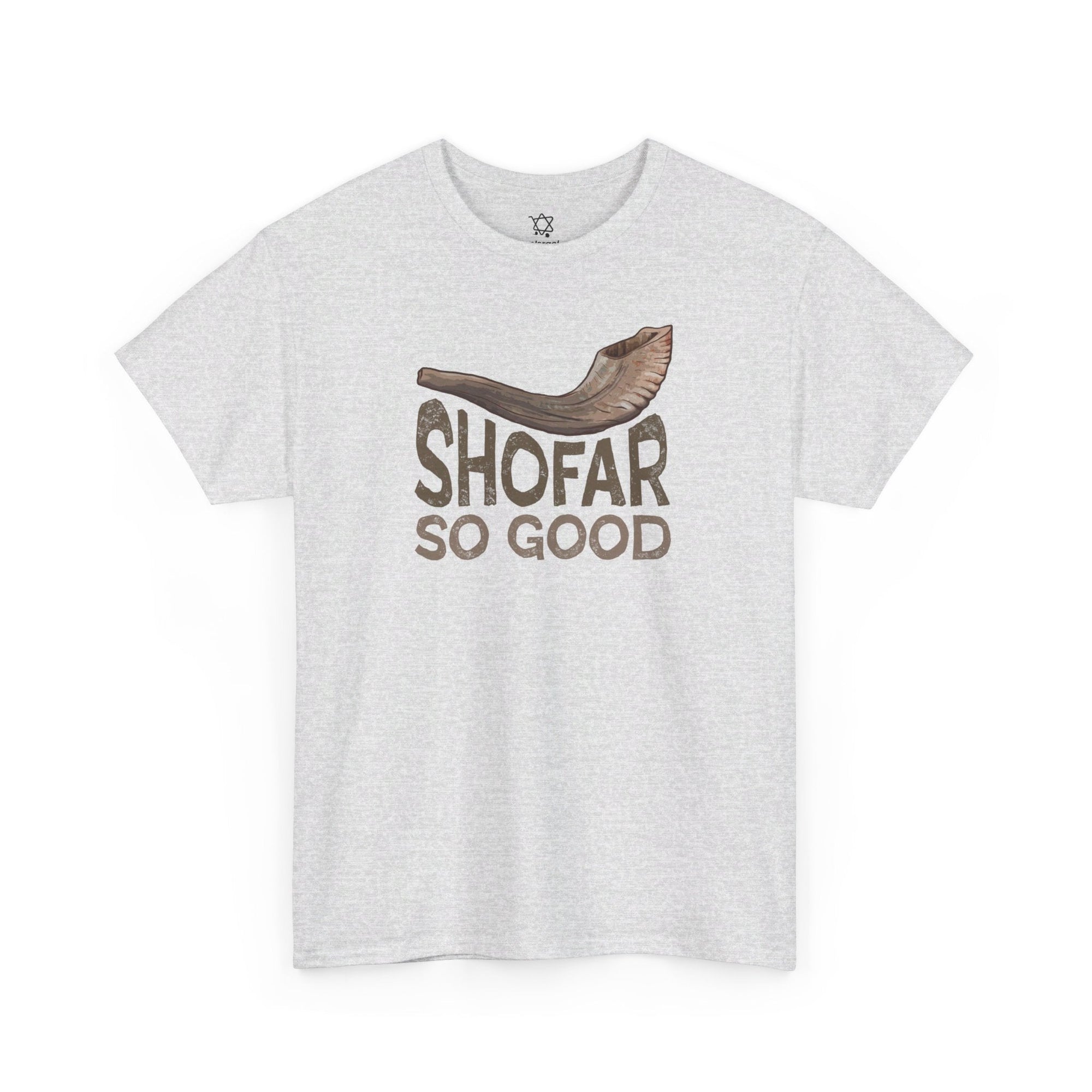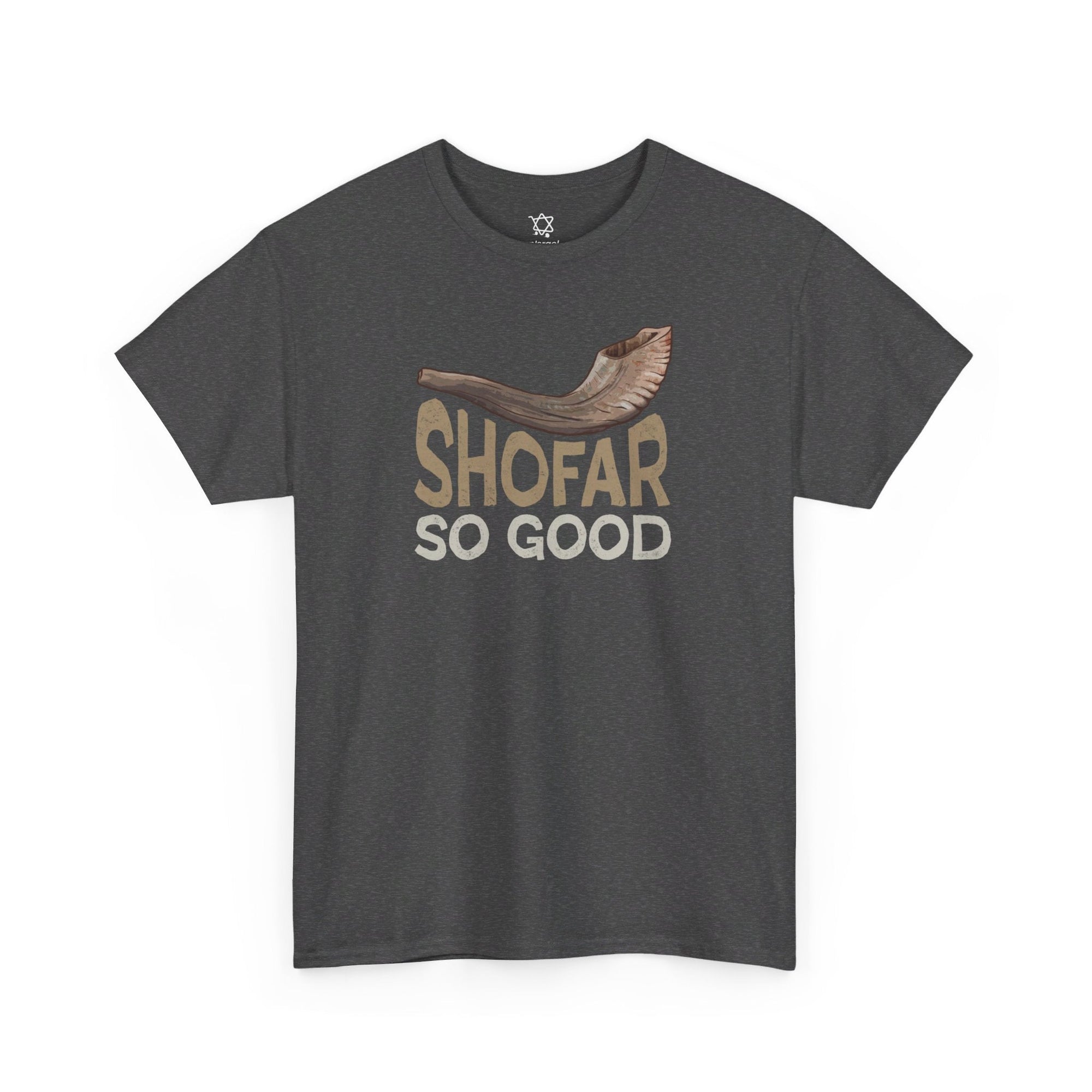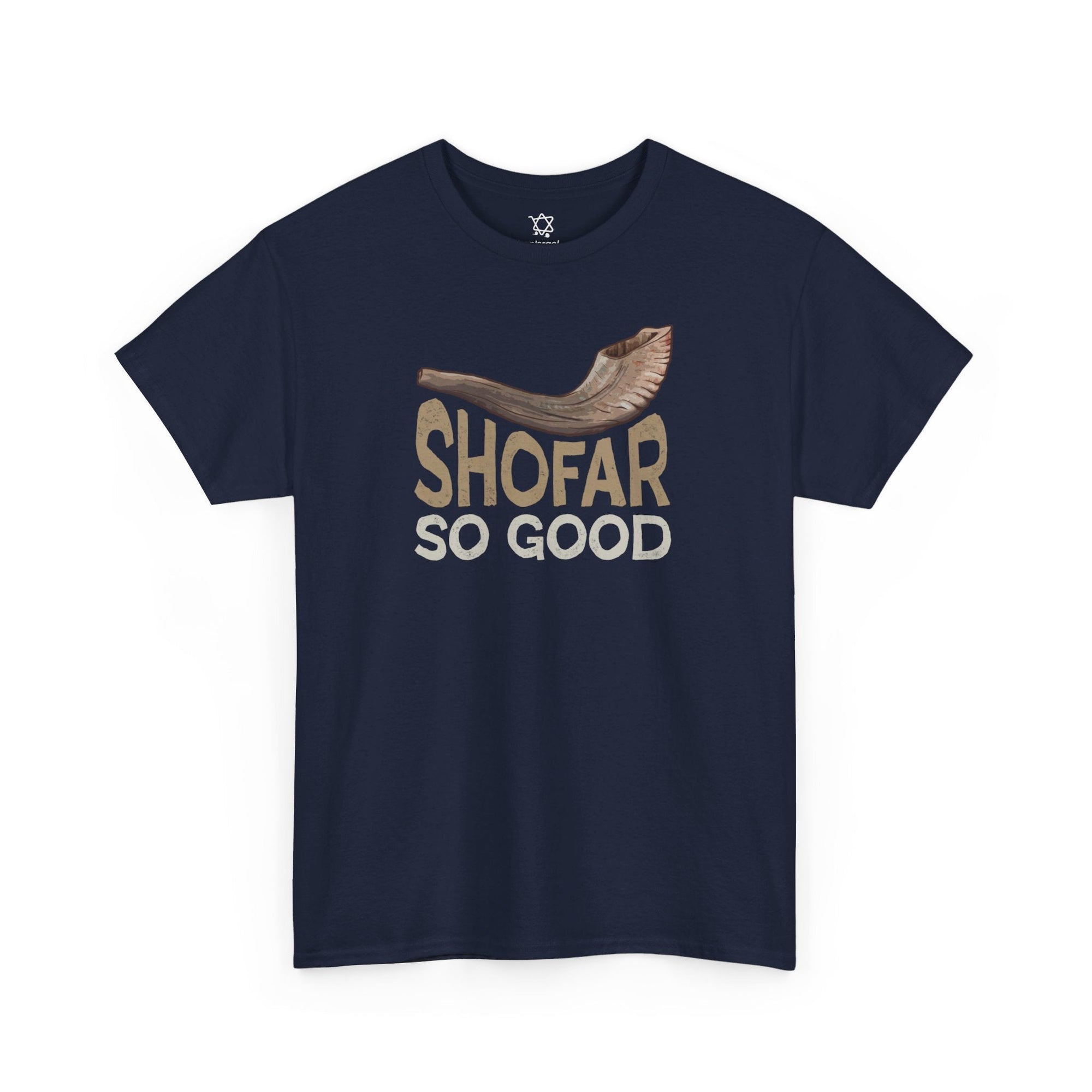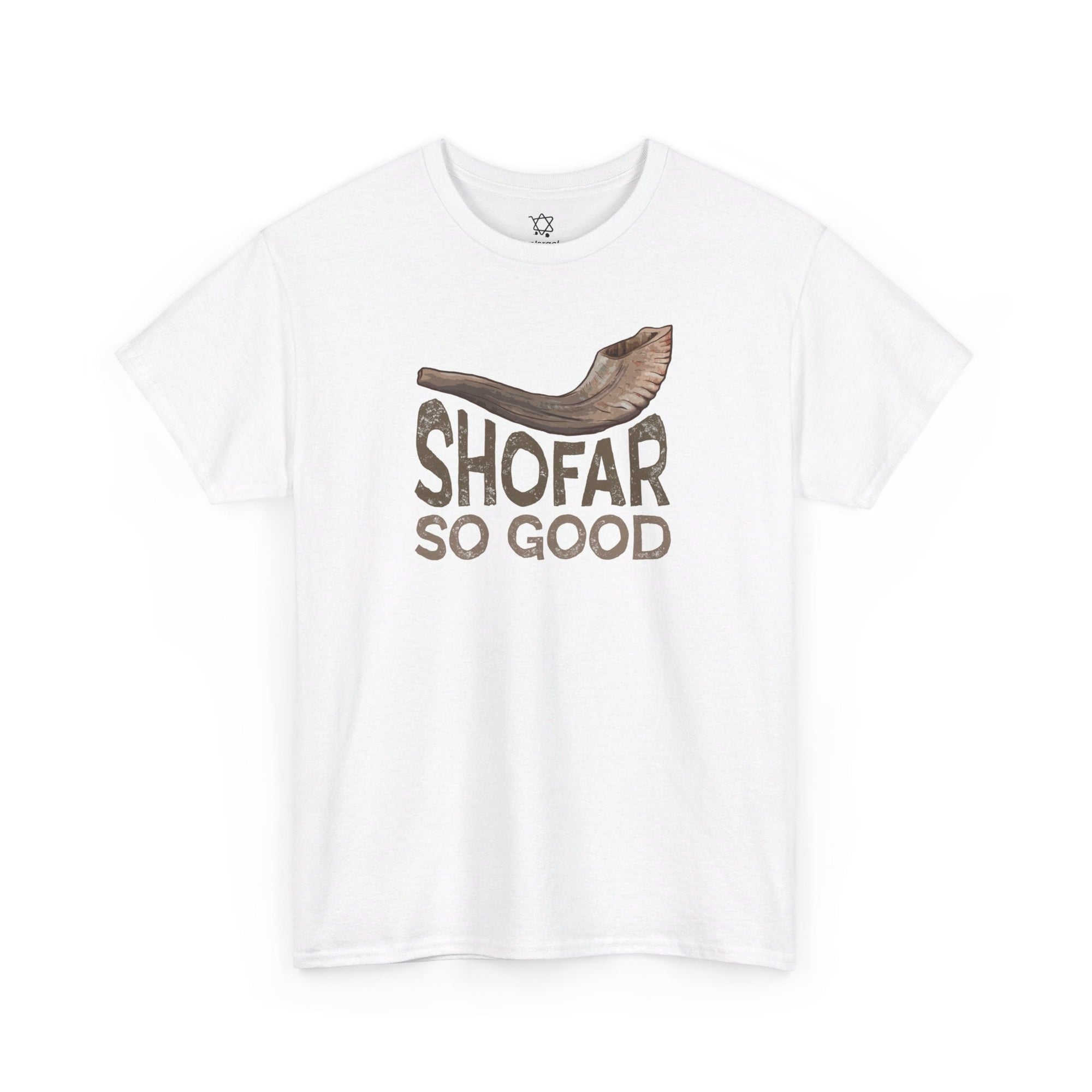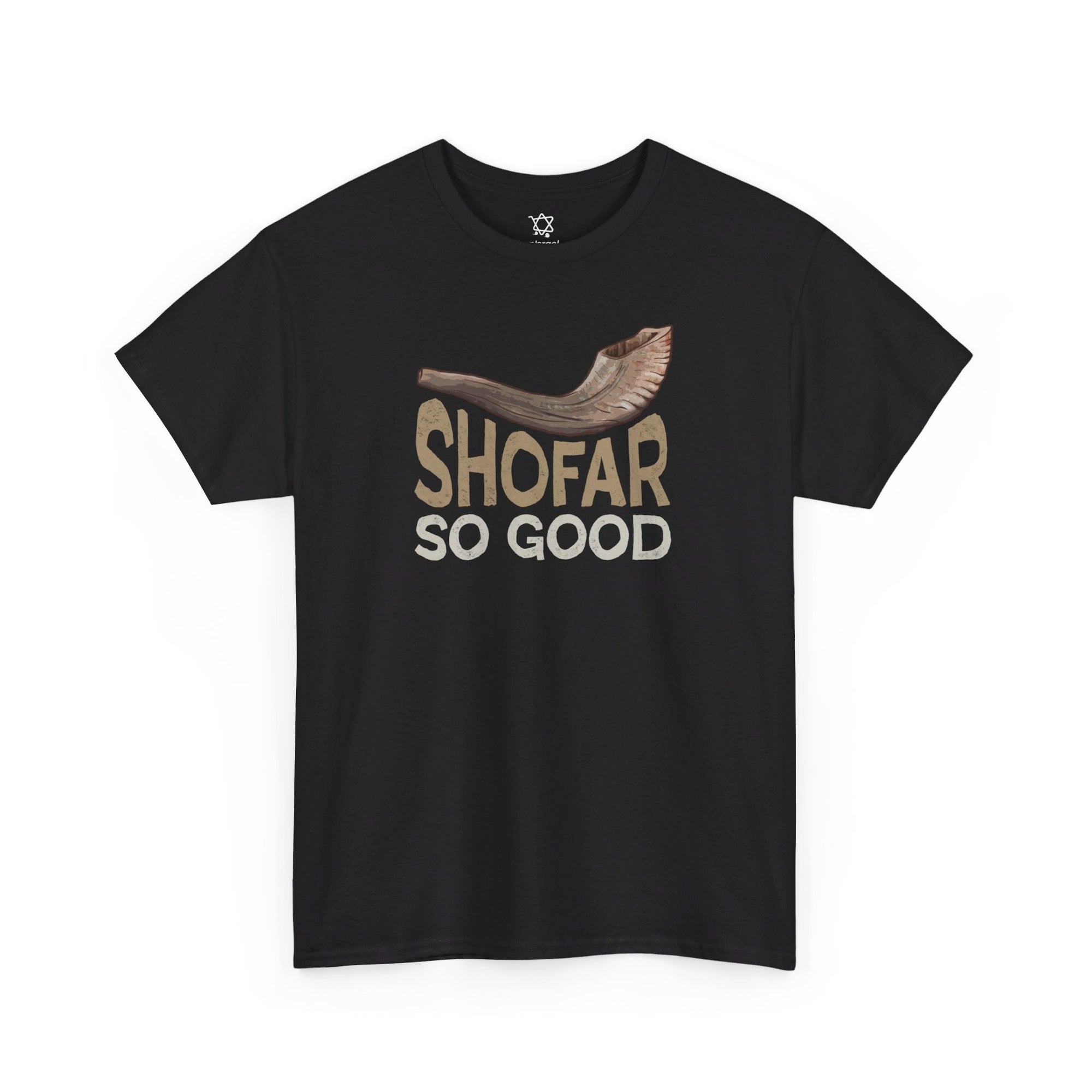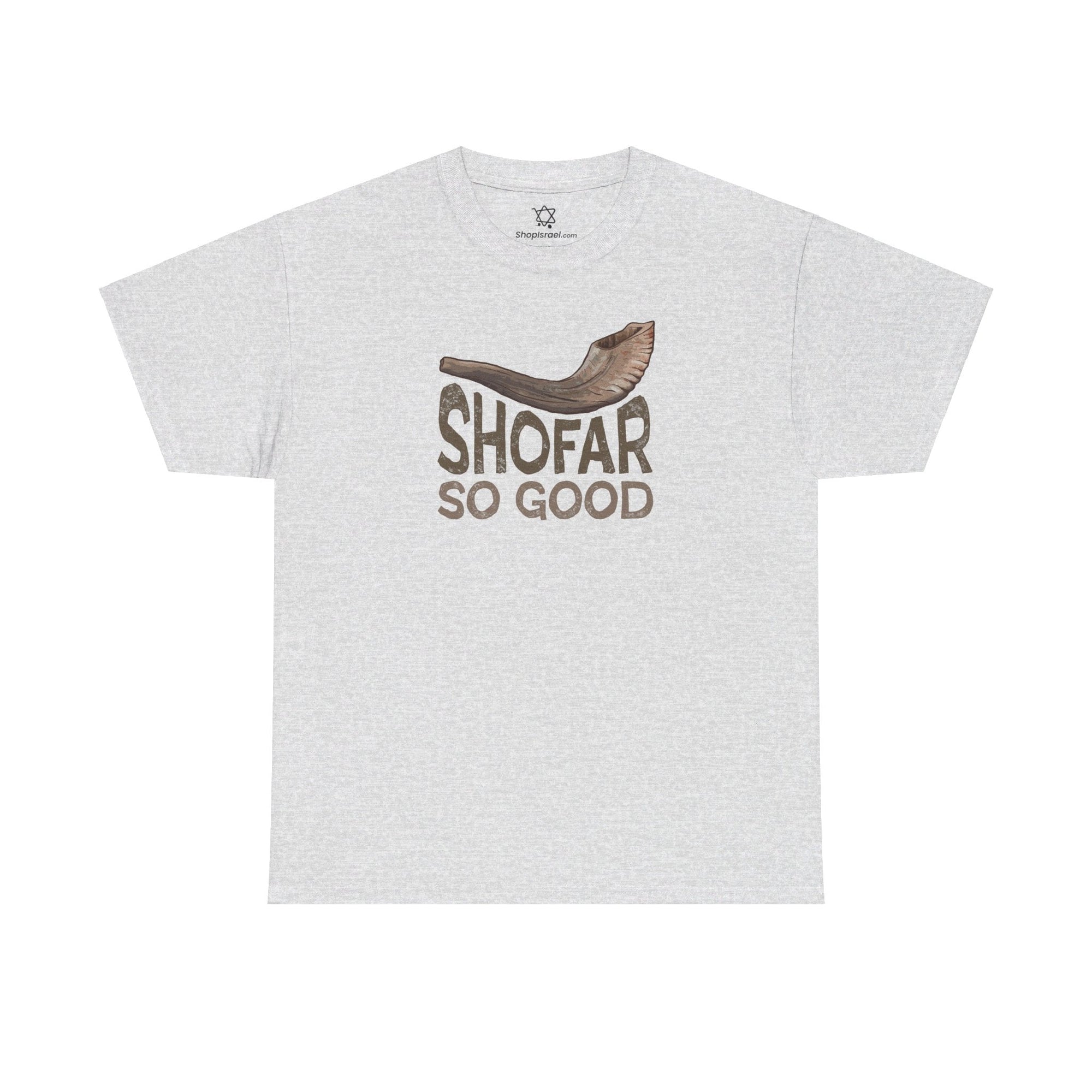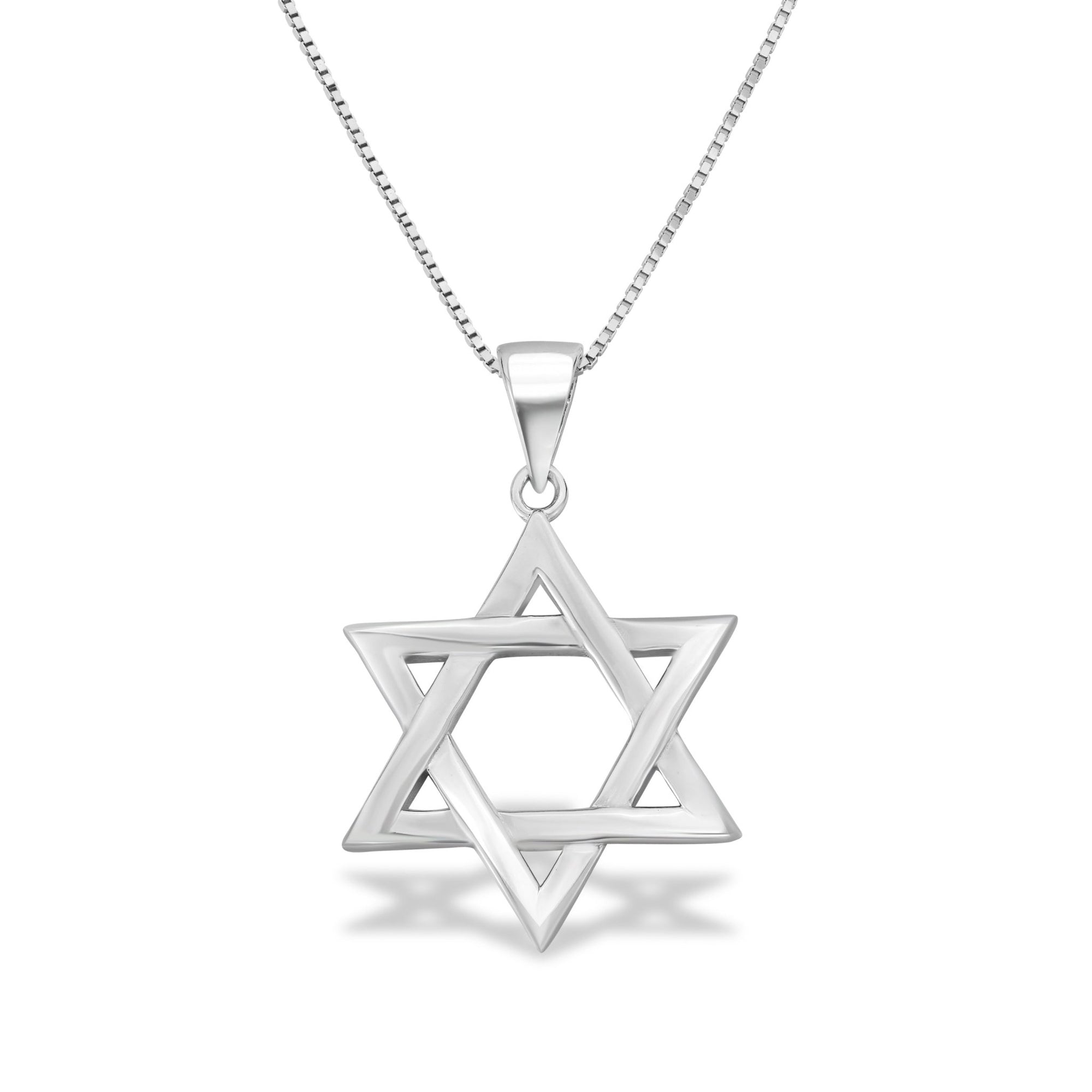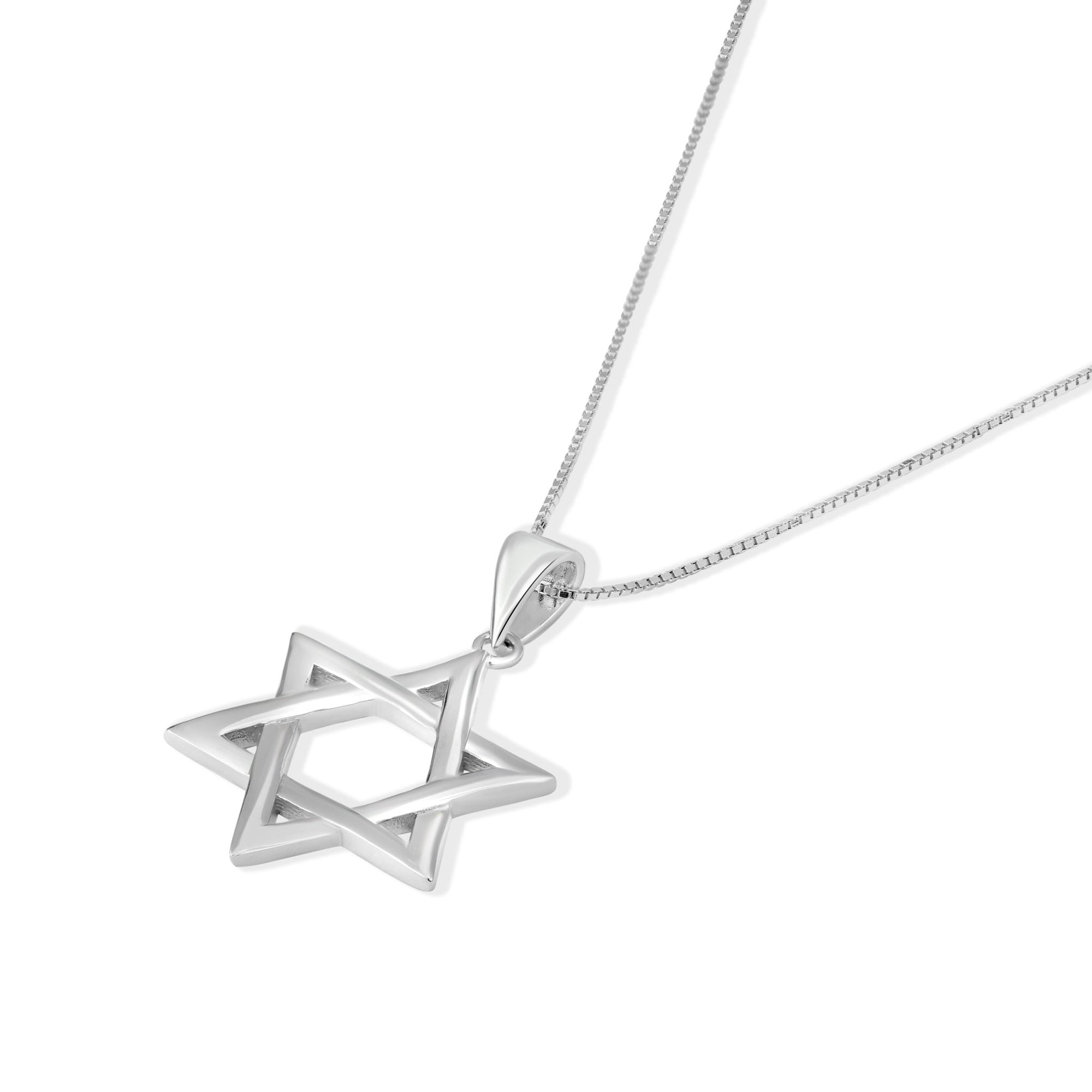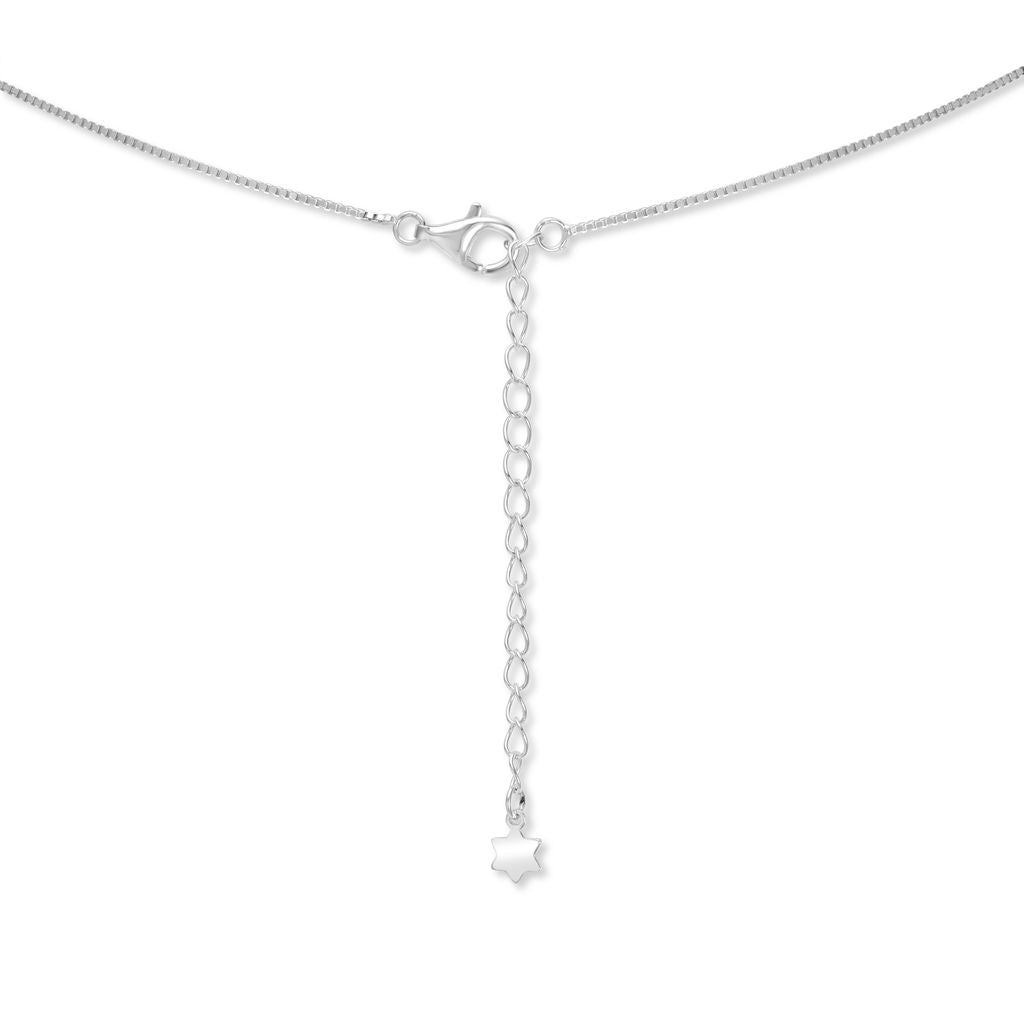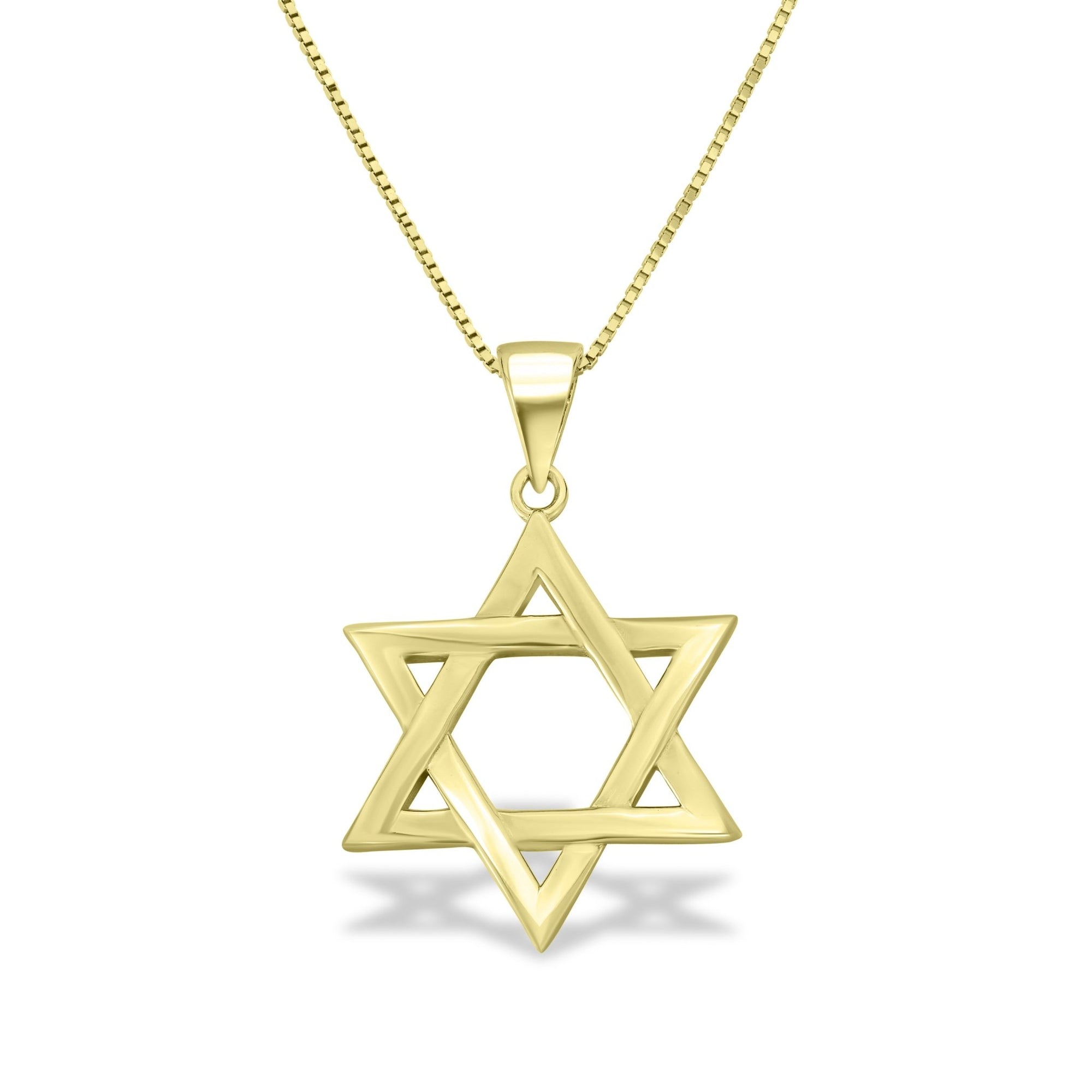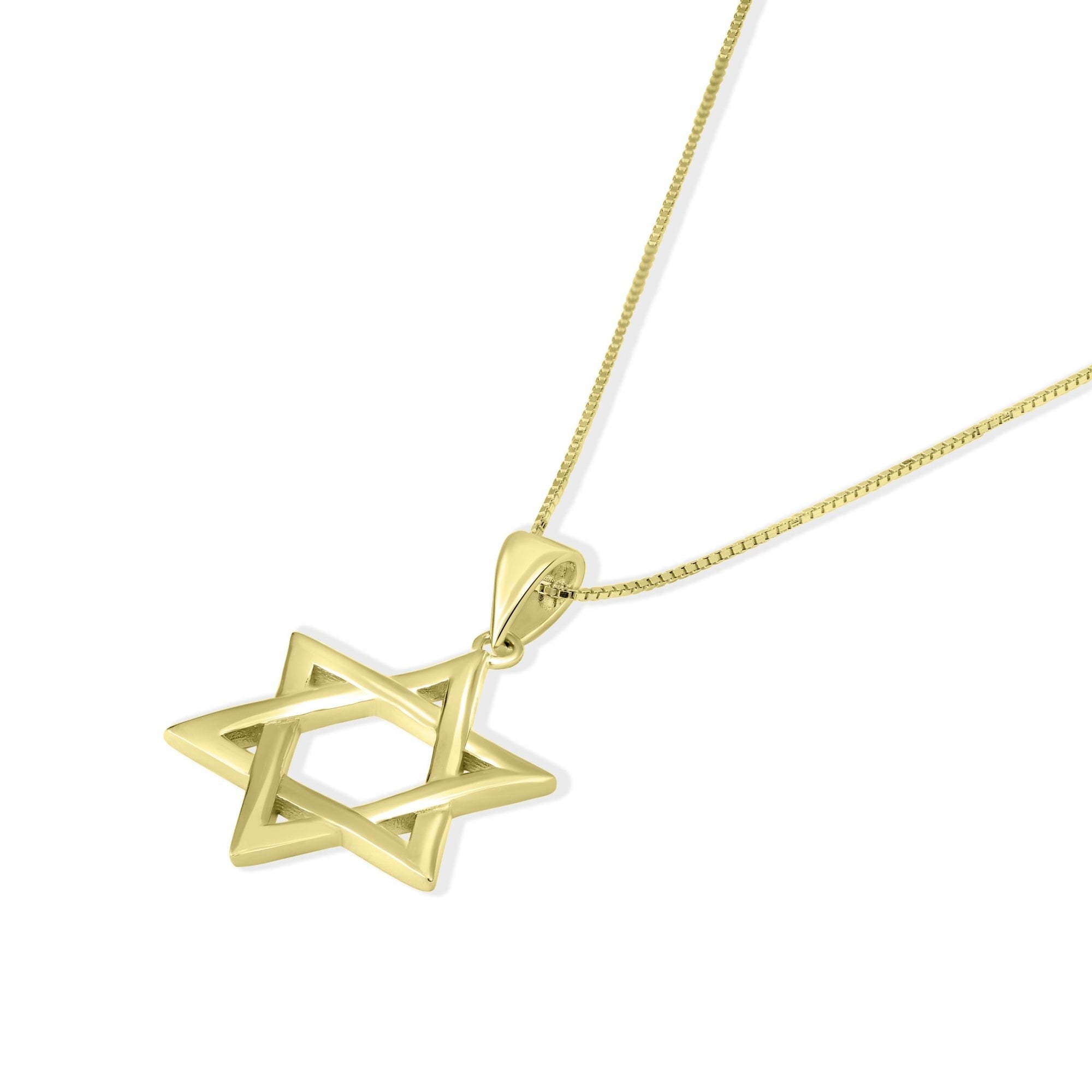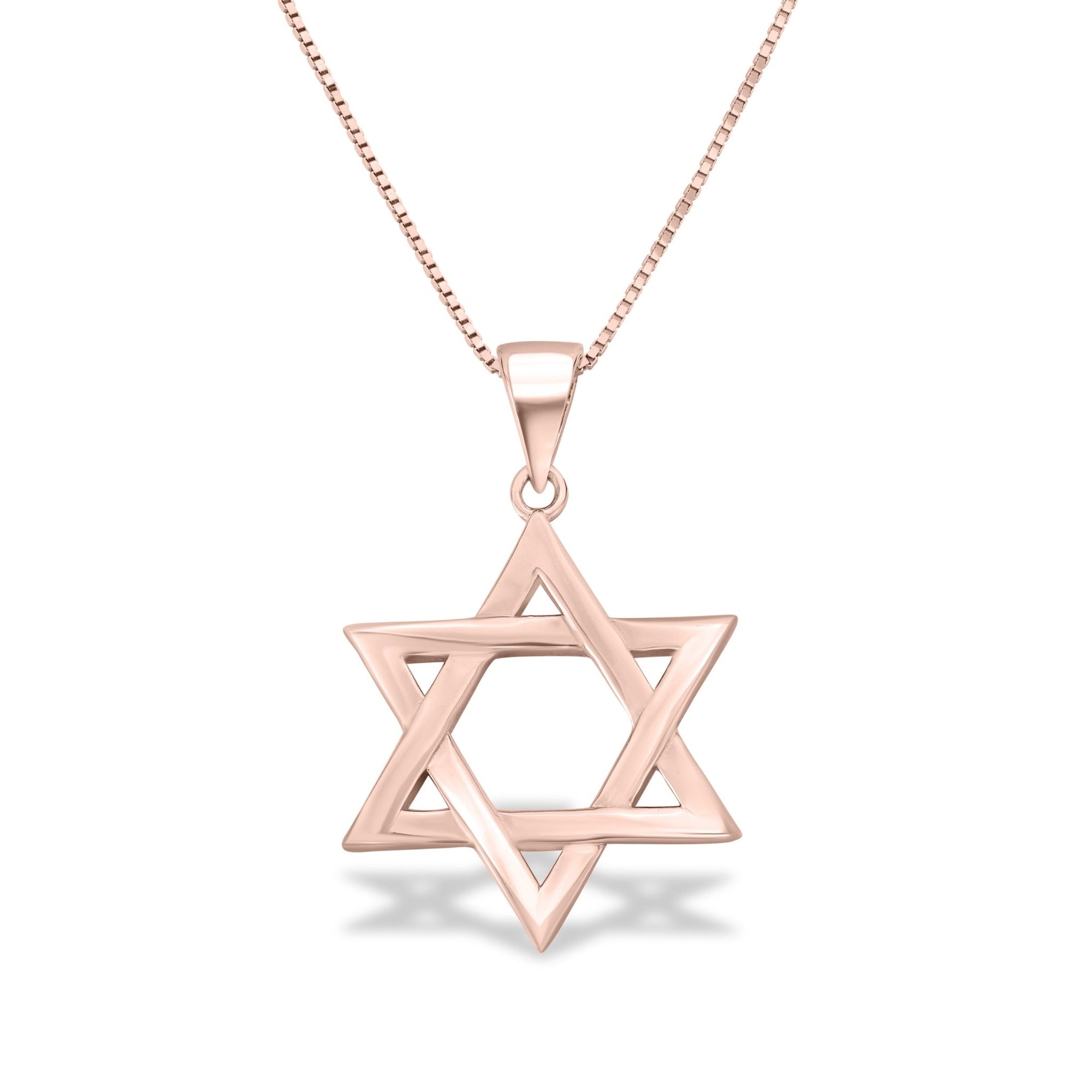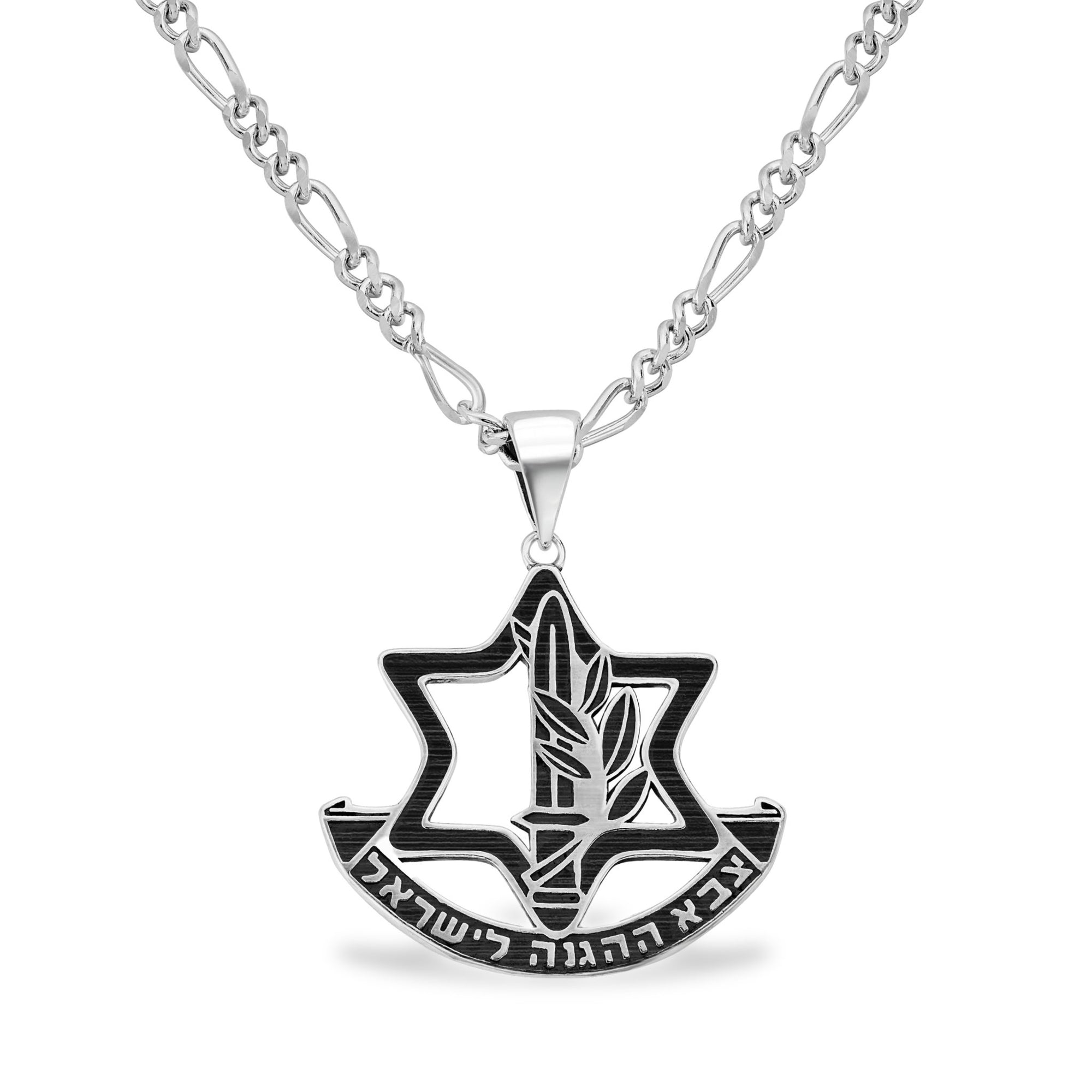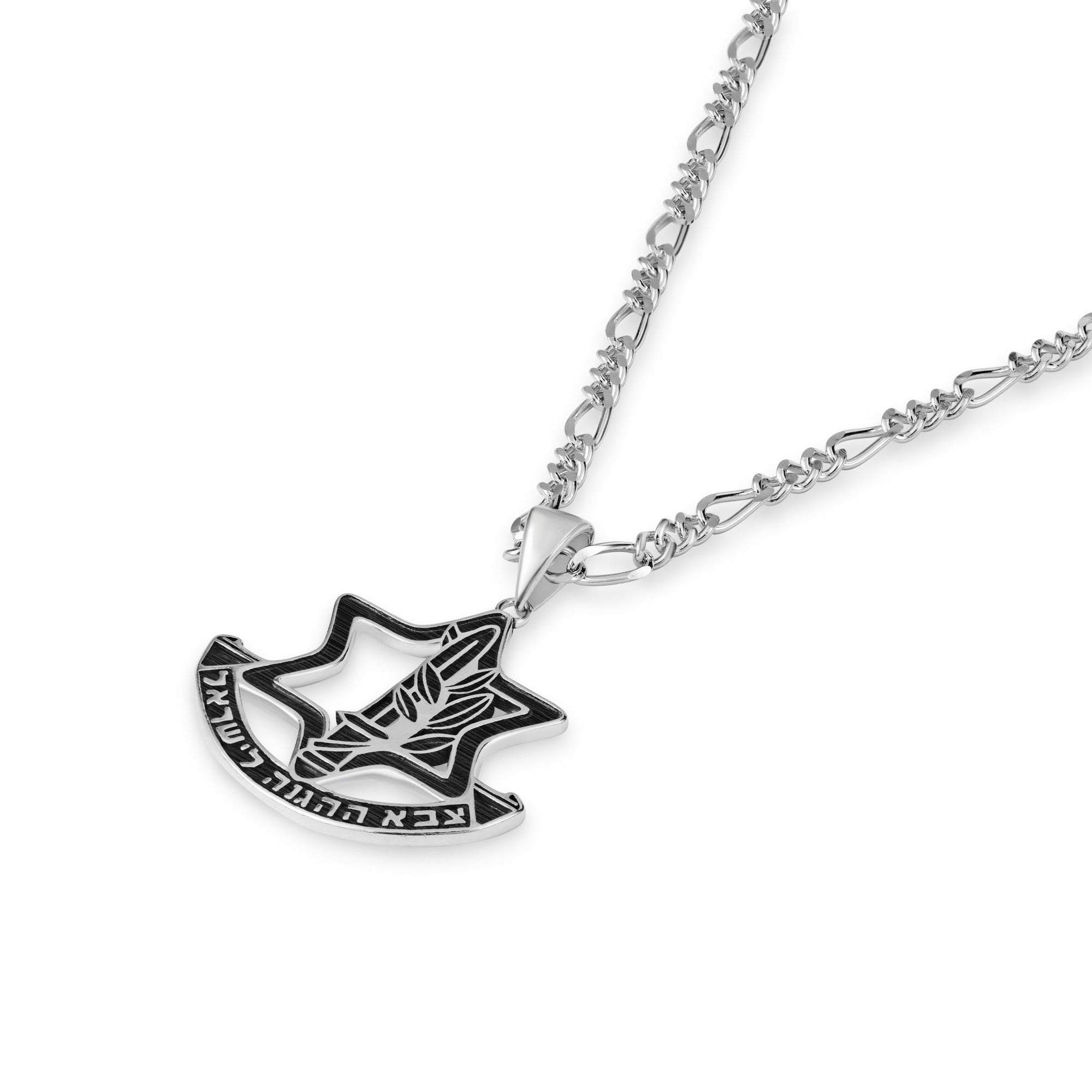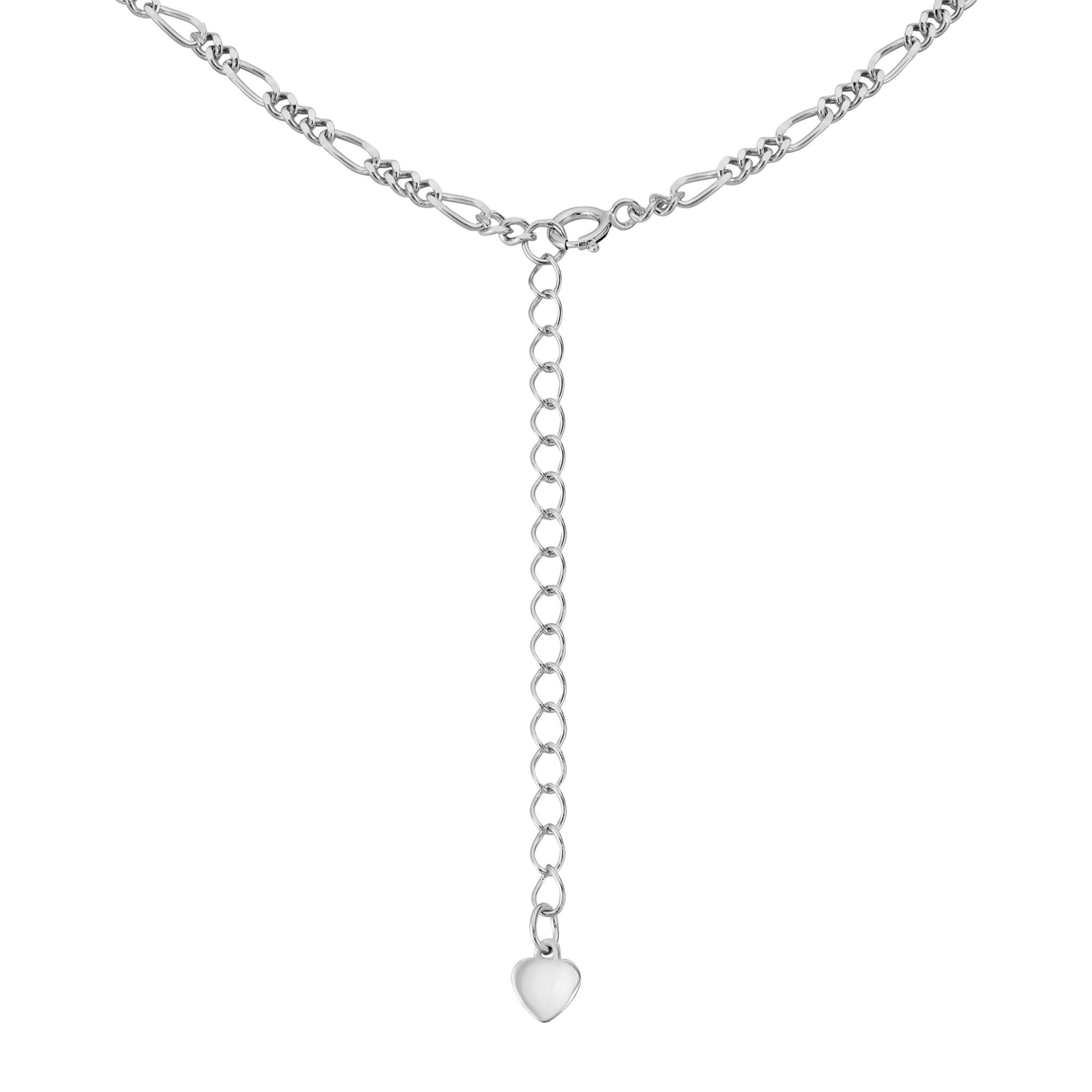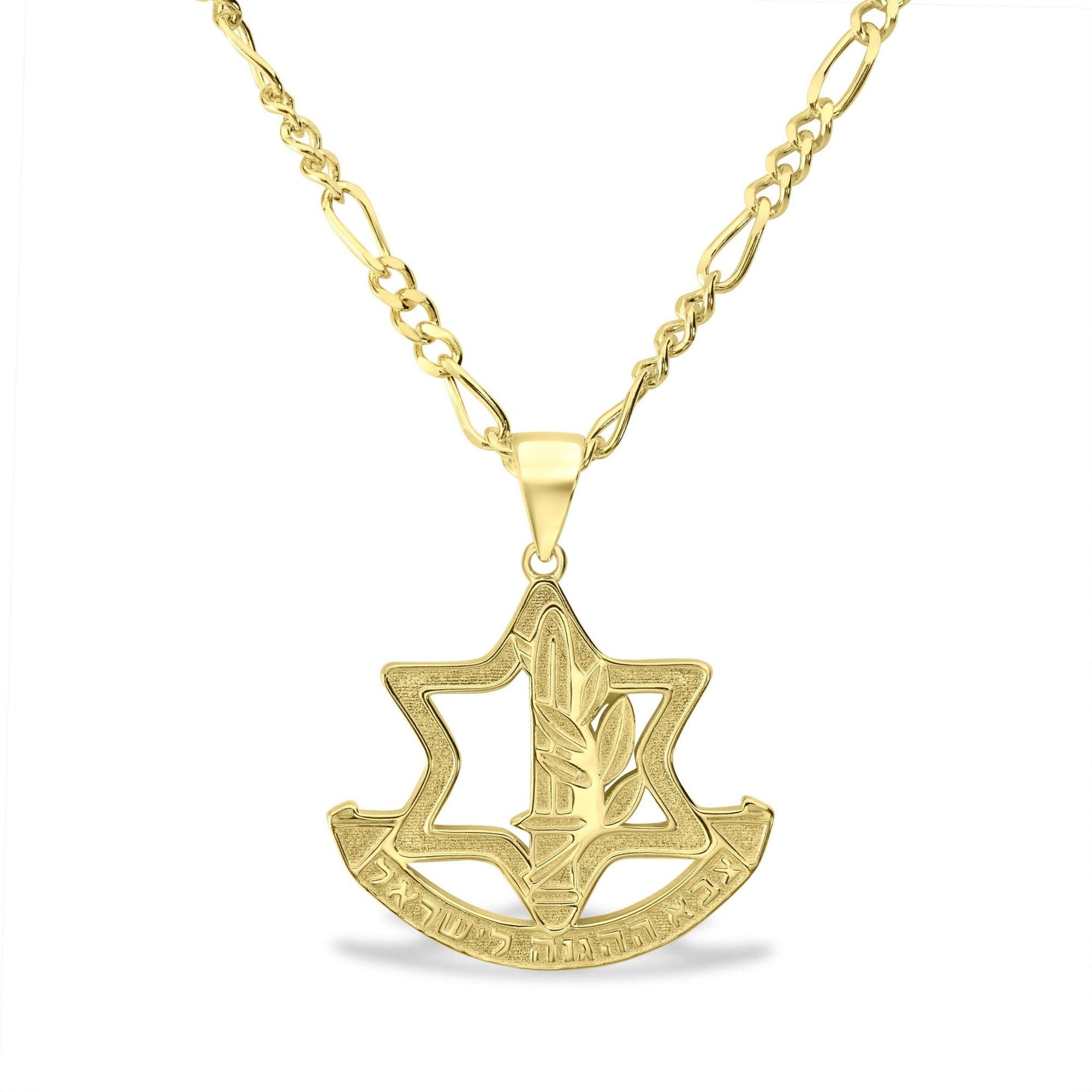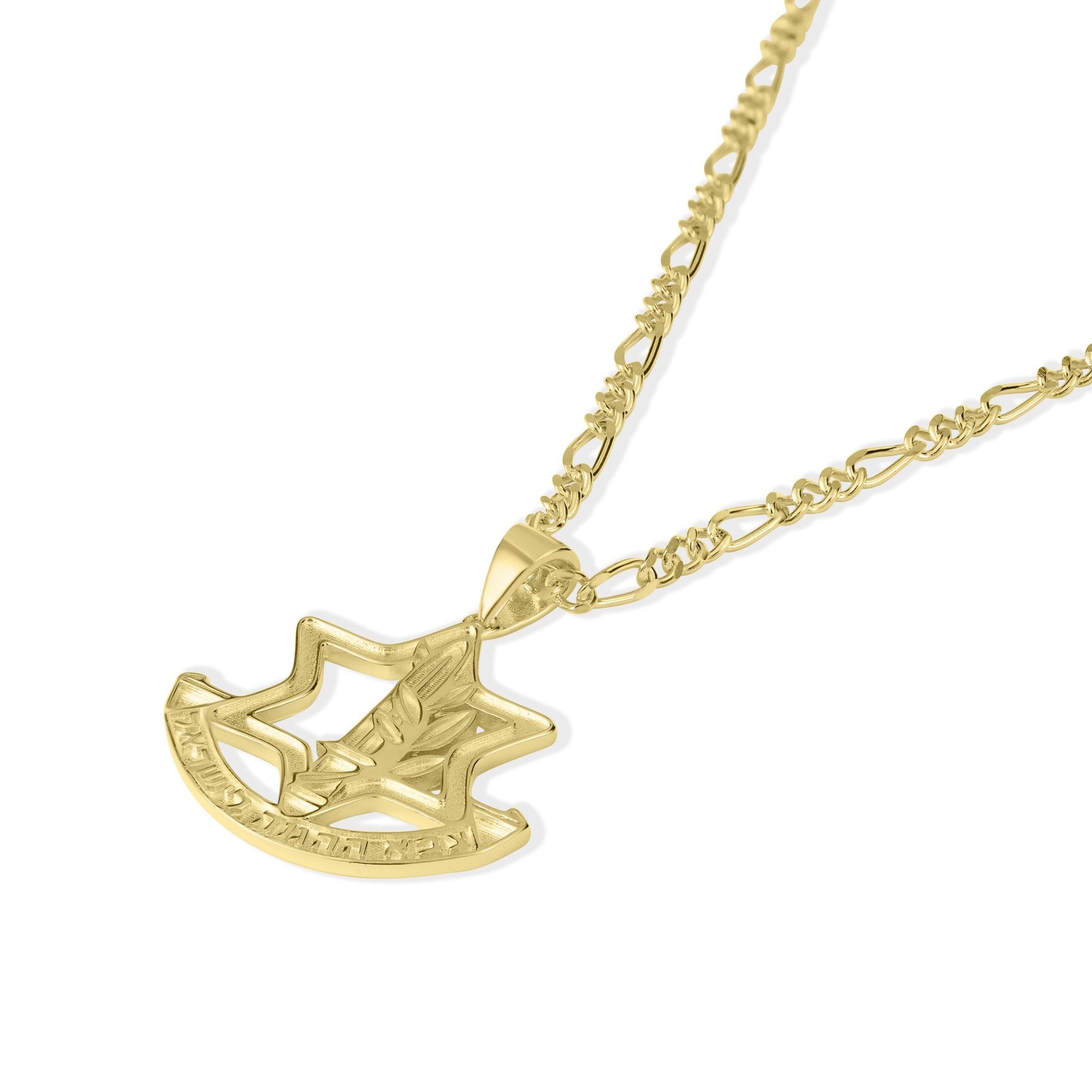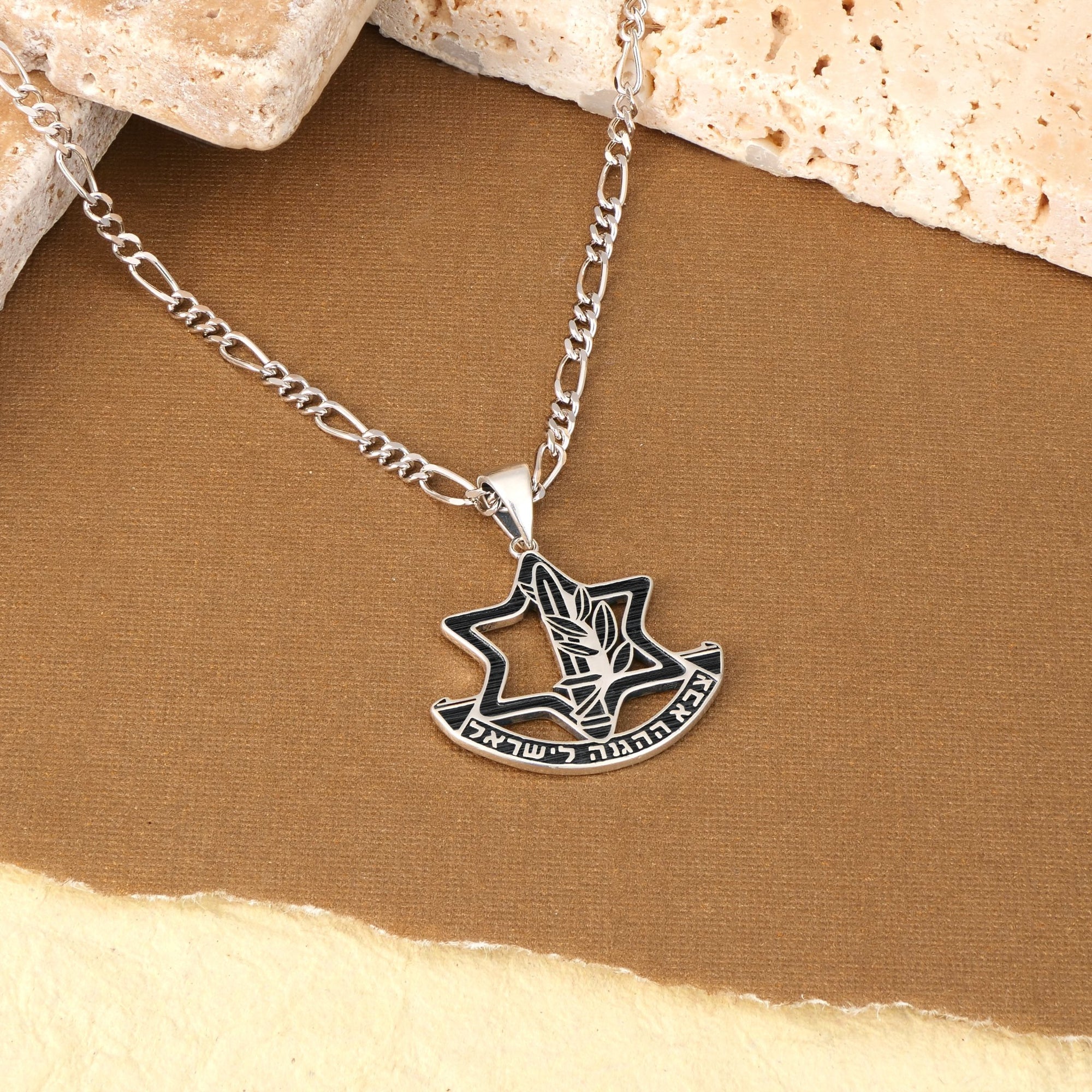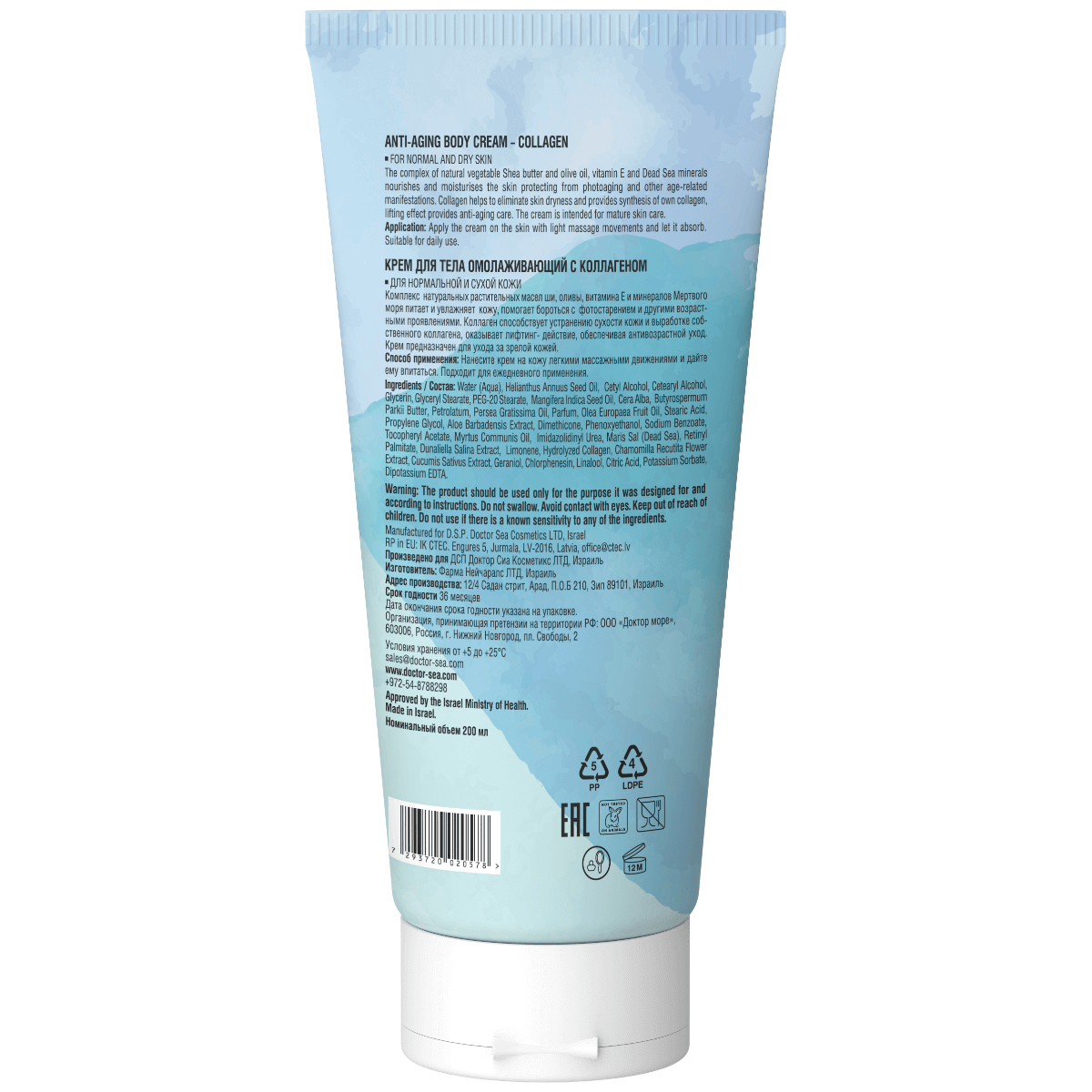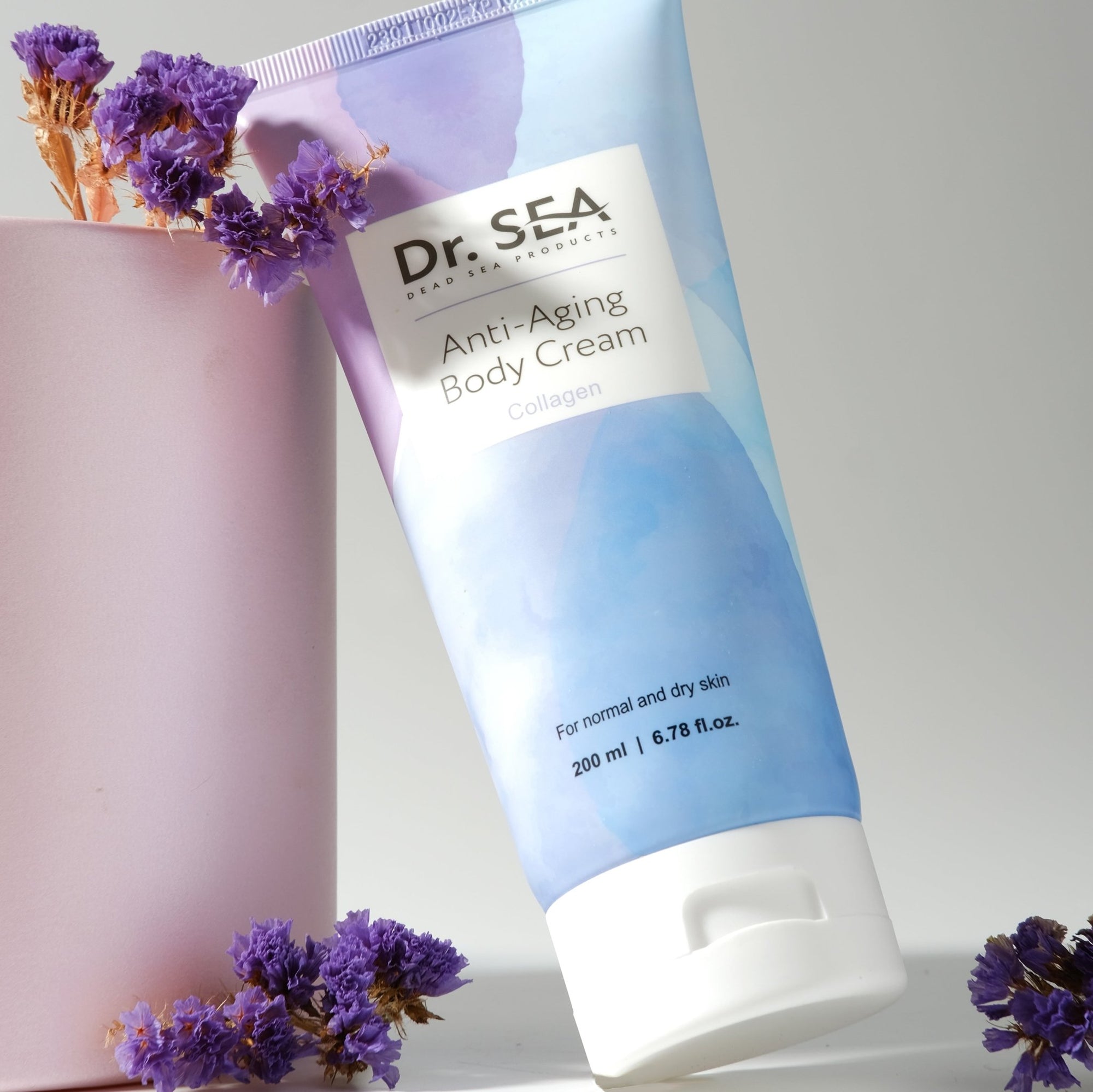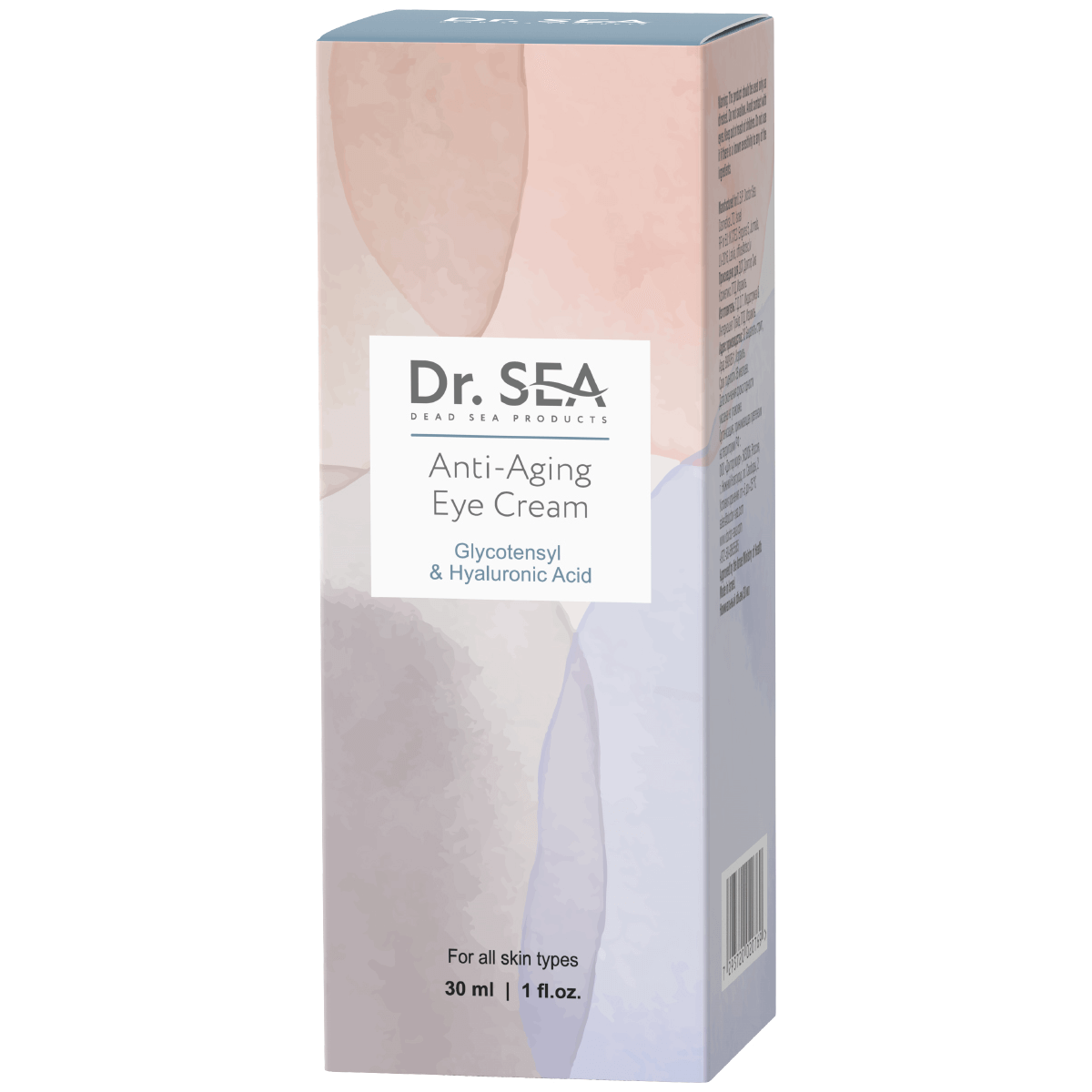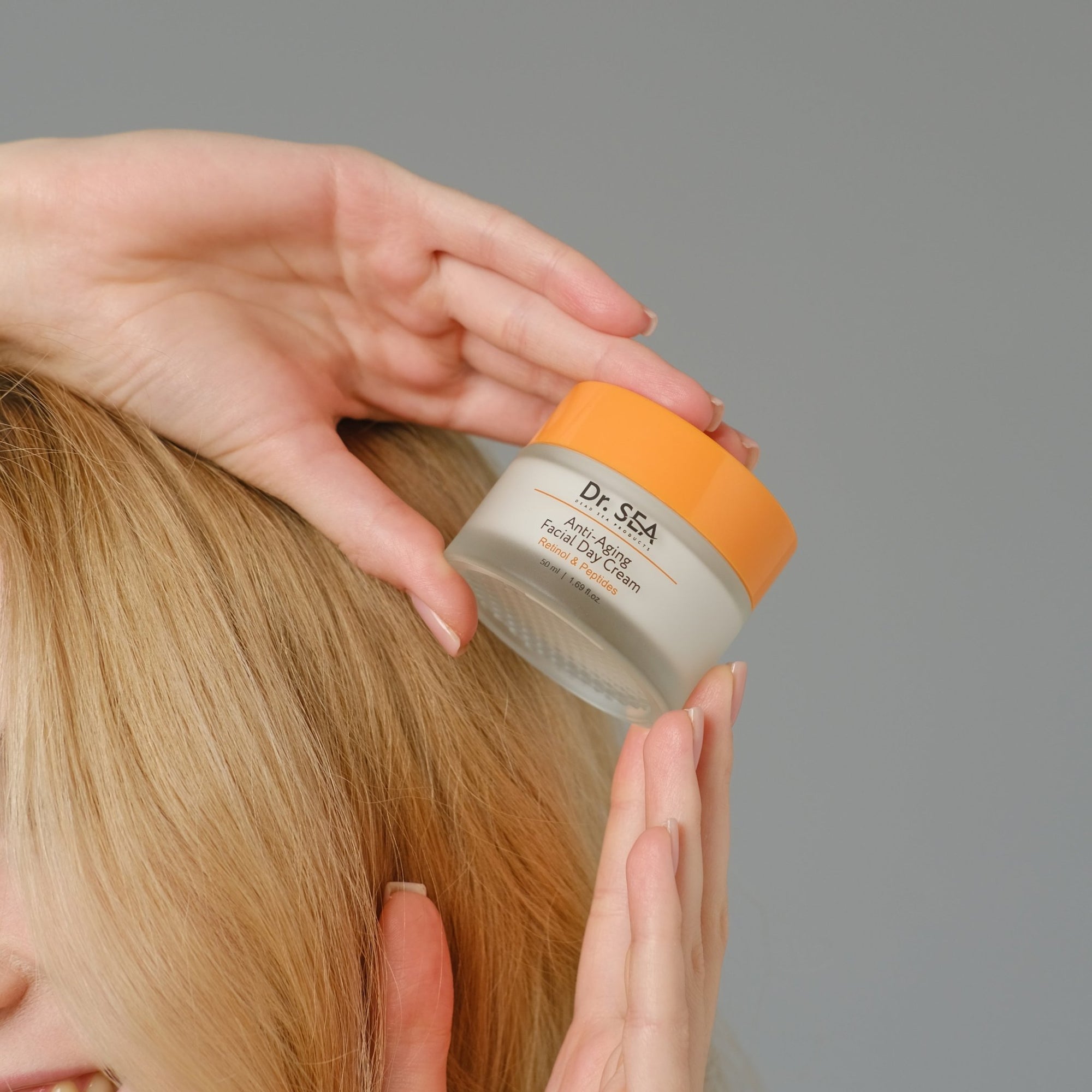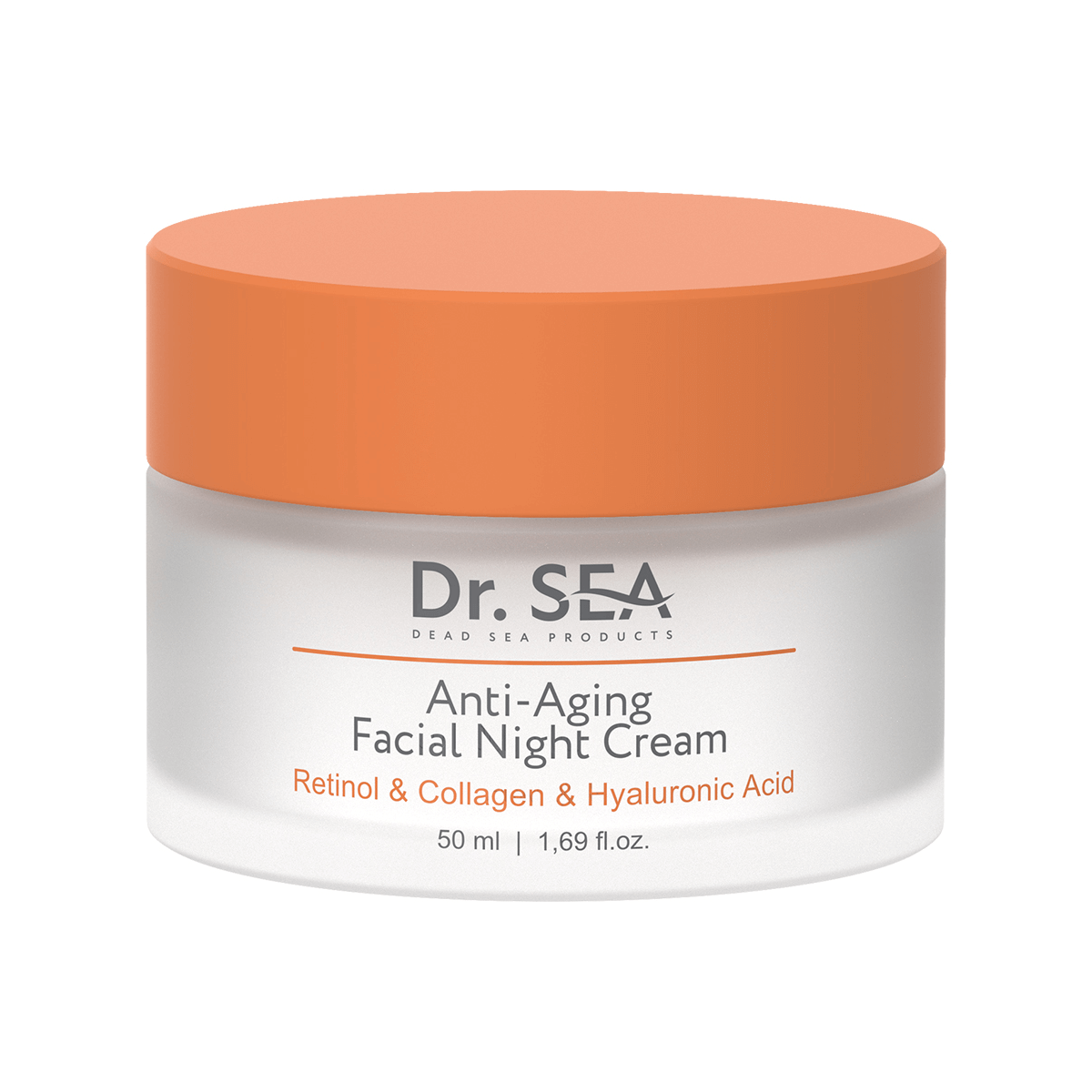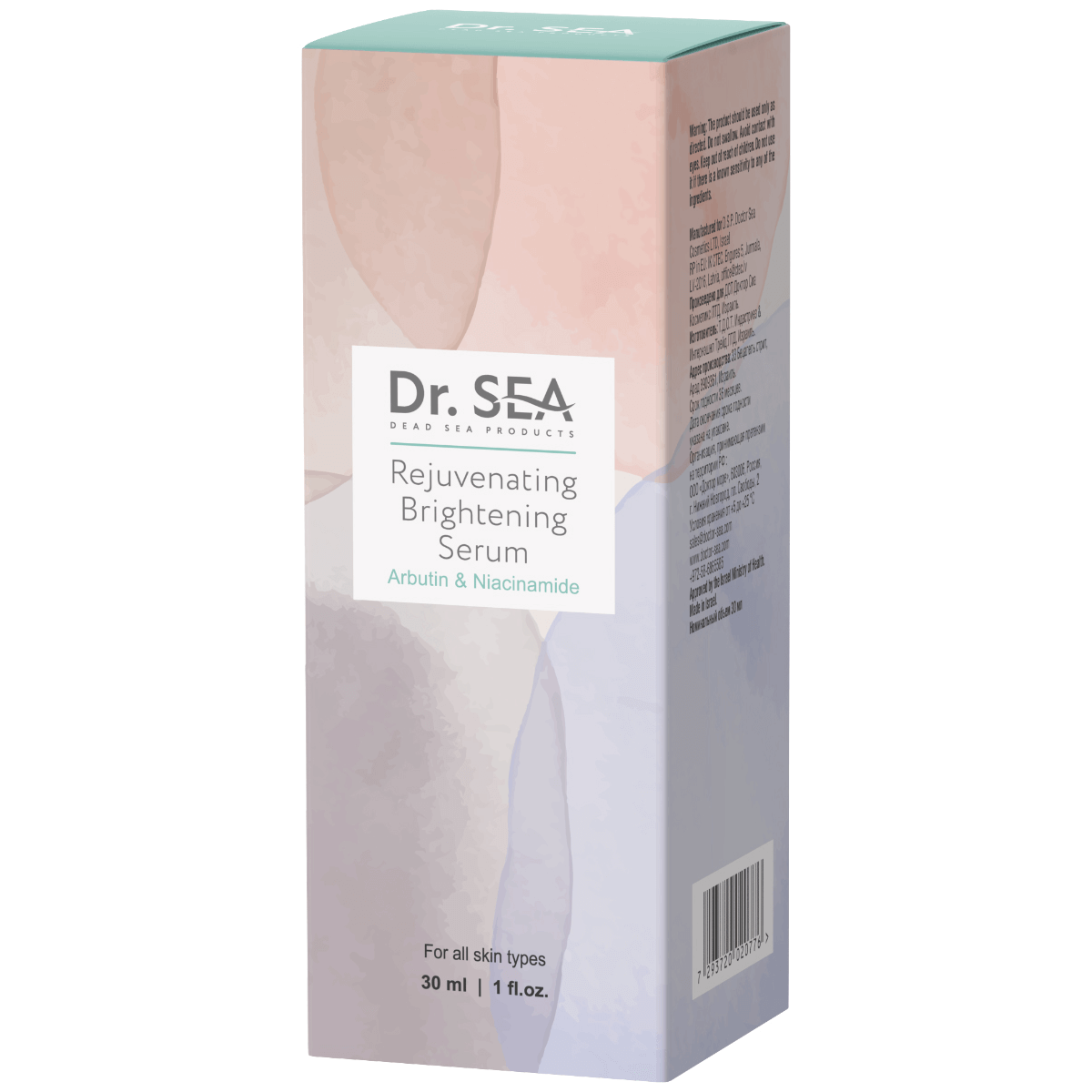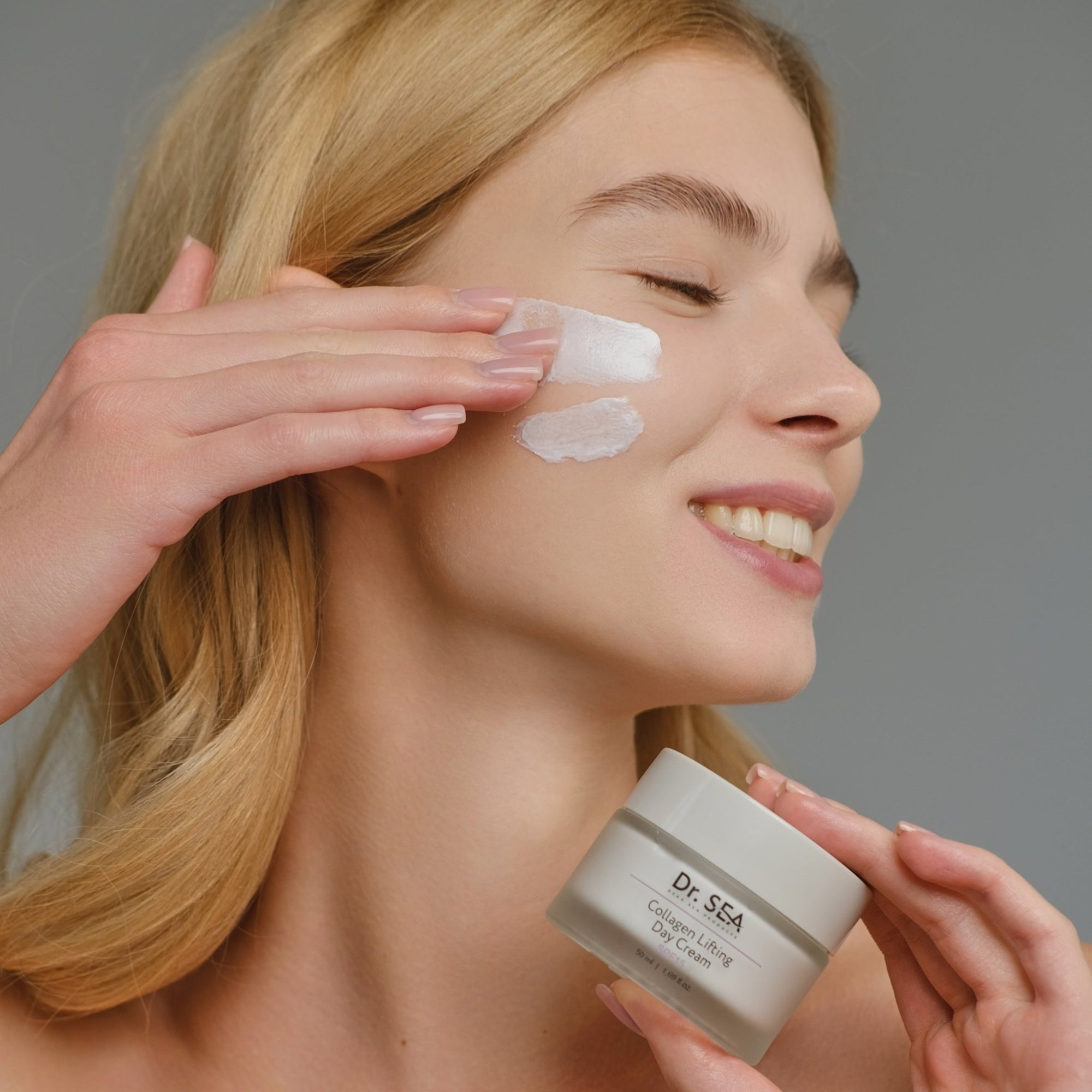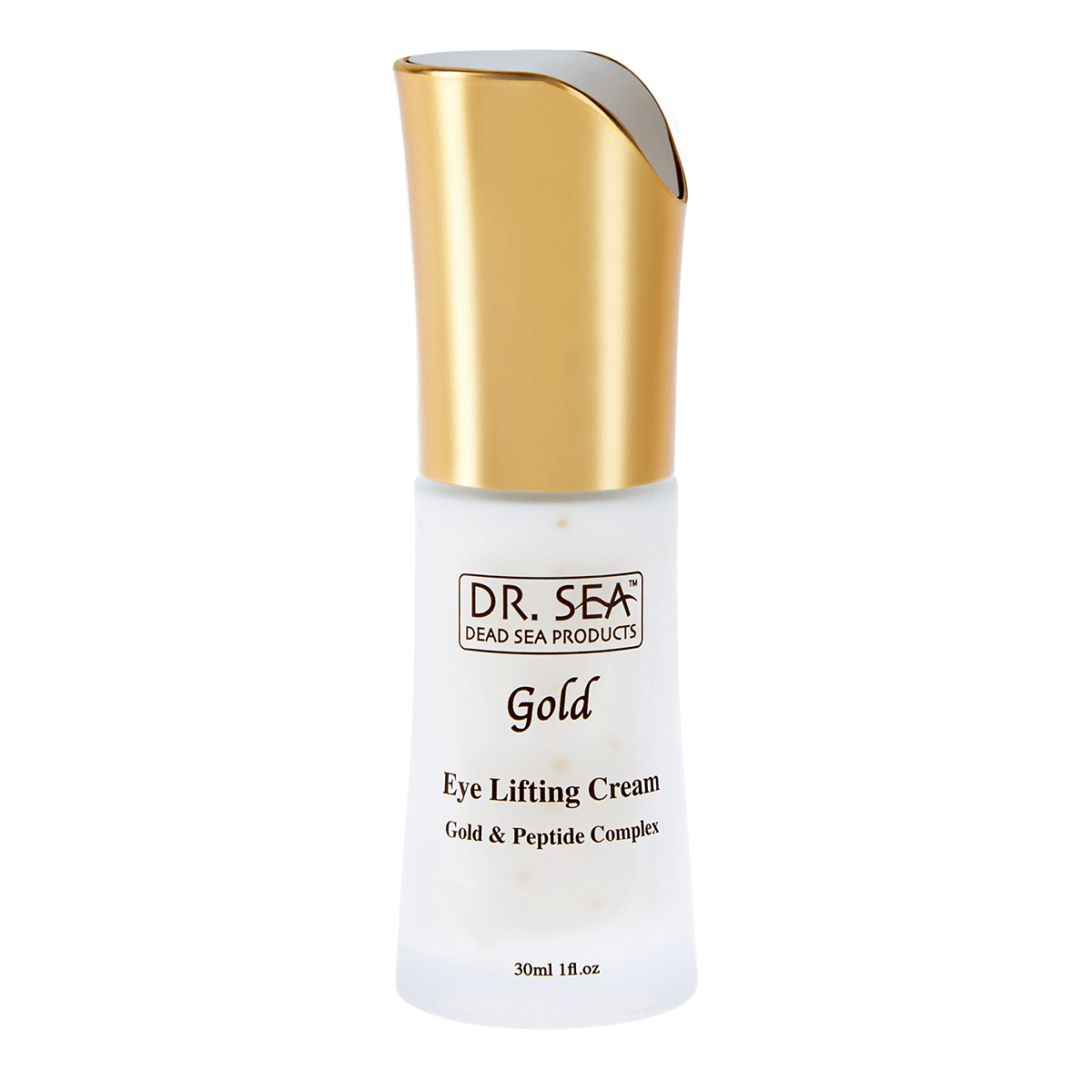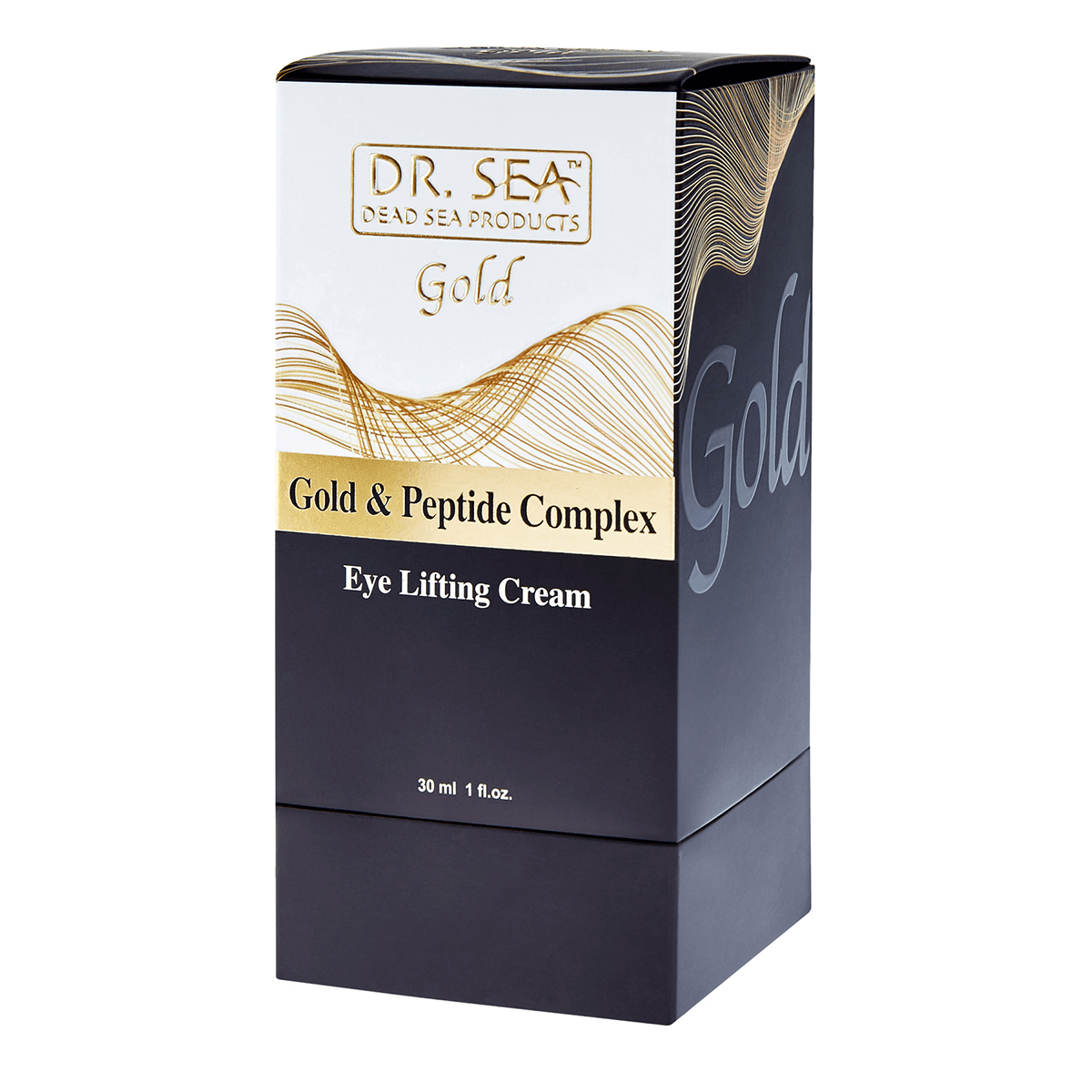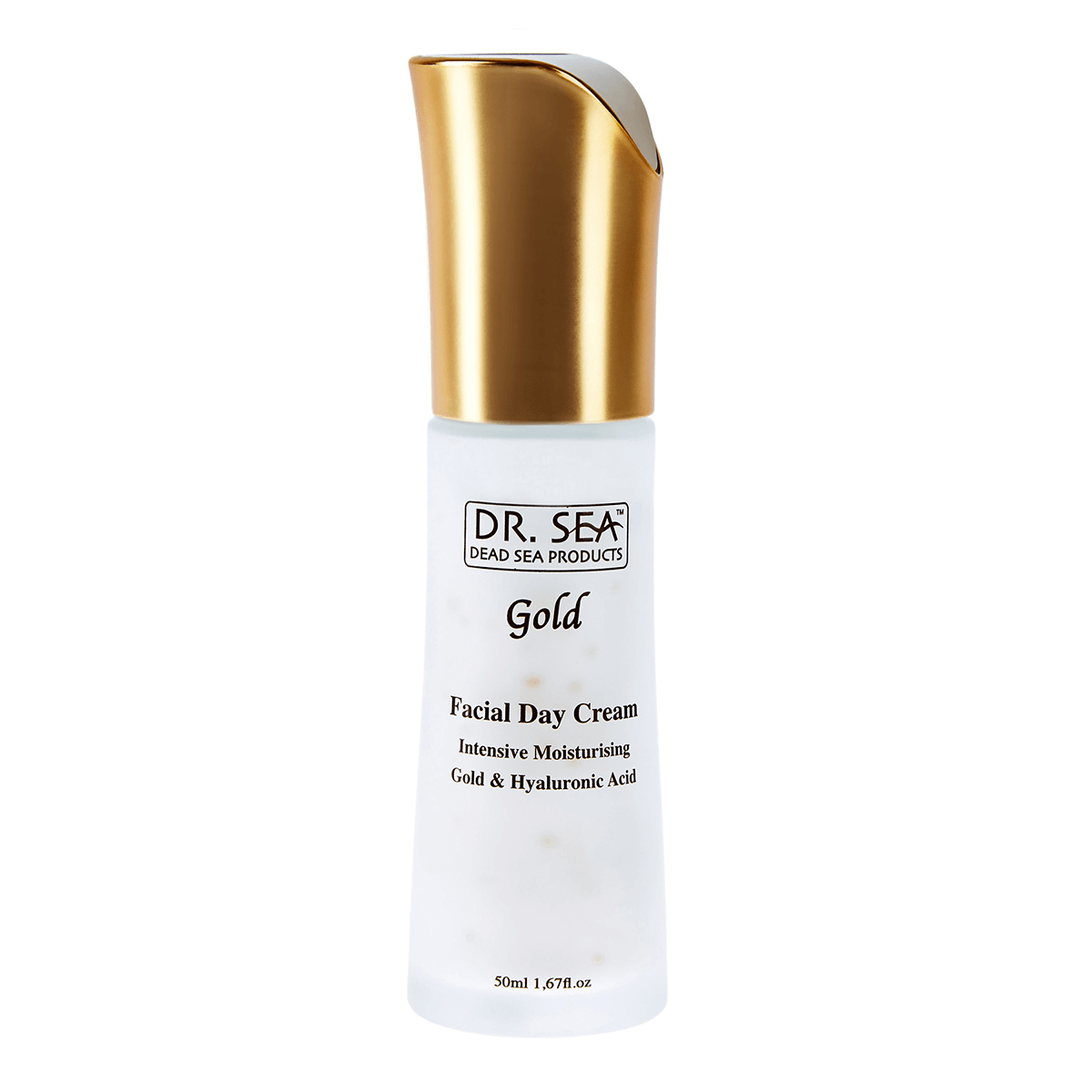Embrace the Spirit of Israel Through Contemporary Fashion
Israeli fashion in 2024 continues to make bold statements, blending a rich cultural heritage with modern innovation and international influence. From festive holiday wear steeped in tradition to everyday outfits echoing national pride, the latest trends reflect a society resilient, diverse, and forward-thinking. This article explores the most recent fashion pieces, key designers, cultural influences, and where to find the freshest wardrobe additions infused with Israeli flair.
Current Fashion Trends and Signature Styles in Israel for 2024
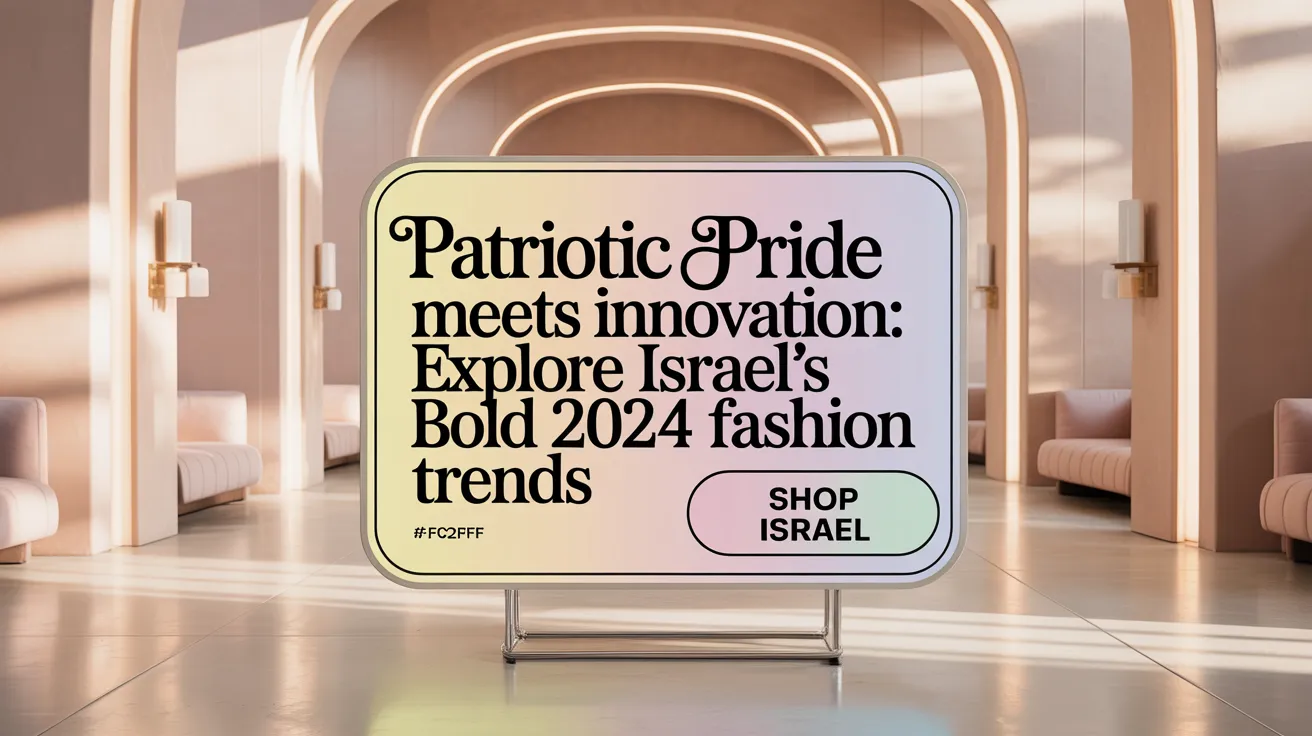
What are the current fashion trends in Israel for 2024?
In 2024, Israeli fashion is experiencing a dynamic shift that blends patriotic expressions with innovative design elements. Bright, vibrant colors are taking center stage, moving away from the traditional military drab tones that previously dominated the scene. This shift vividly symbolizes a renewed sense of national pride and identity.
Clothing in Israel now often features prominent national symbols such as the Star of David, detailed outlines of Israeli maps, and yellow ribbons symbolizing support for national causes. Additionally, some designs incorporate names of Gaza border communities, reflecting the deep-rooted connection to regional and national history.
Military-inspired fashion continues to influence mainstream looks, especially in women’s wear. Details such as large pockets, Velcro fastenings, and tactical fabrics are widespread, emphasizing a combination of functionality and empowerment. These elements are integrated into everyday casual wear as a form of resilience and strength. This is clearly seen with brands such as the ATA Israeli workwear brand that revive durable, simple, and historic Israeli work clothes.
Parallel to this, there is a strong movement towards embracing inclusive fashion. Brands are now creating garments accessible for people with disabilities, using adaptive designs that prioritize comfort and style. Campaigns often feature amputee models, highlighting diversity and inclusivity within Israeli fashion.
Meanwhile, designers based outside Israel are leaning towards more subdued palettes. Darker tones, minimalist styles, and less overt expressions of Jewish identity are popular among these international fashion lines, offering a contrasting, more understated fashion trend.
Signature trends and emerging styles
Among emerging styles, there is a notable emphasis on sustainable, locally produced fashion. Brands like Itay Brands established during the COVID-19 pandemic, emphasize Israeli manufacturing and eco-friendly practices.
Designers such as Dorit Bar Or and Yigal Azrouël continue to incorporate unconventional patterns and bold colors, fostering a bold, confident aesthetic.
The fusion of traditional Israeli elements with modern, urban fashion creates a distinctive signature style that defines 2024’s Israeli fashion landscape.
Influence of military-inspired and patriotic elements
The influence of Israel’s military history is inseparable from current fashion trends. Tactical fabrics, utility pockets, and military silhouettes symbolize strength and resilience.
Patriotic elements are integrated into everyday wear, making national symbols a prominent feature in casual and formal attire alike. This trend reflects a collective pride and a cultural emphasis on endurance and unity. Castro fashion company and others exemplify this with collections for High Holidays expressing local spirit through fashion.
Inclusive fashion and diversity in design
Diversity is at the forefront of Israeli fashion innovation. Brands are designing adaptive clothing, promoting accessibility for individuals with disabilities.
In campaigns, models with diverse physical abilities, including amputees, are featured to promote inclusivity. This movement enriches Israeli fashion with more representative and holistic styles that celebrate all forms of beauty and strength.
Influential Israeli Designers and Their Contributions
Who are some popular Israeli fashion designers and what are their contributions?
Israeli fashion boasts a diverse array of designers who have gained recognition both locally and internationally. Galia Lahav, established in 1984, is renowned worldwide for her haute couture bridal gowns, with a clientele that includes celebrities like Beyoncé and Priyanka Chopra. Her designs are celebrated for their intricate detailing and luxurious appeal.
Inbal Dror, another prominent Israeli designer, specializes in glamorous wedding and evening wear. Her creations have attracted royal clients and high-profile celebrities, marking her as a leader in luxury bridal fashion.
Meanwhile, Nili Lotan, an Israeli-born designer based in New York, is known for her sophisticated, minimalist clothing that emphasizes comfort and timeless style. She’s favored by international figures such as Gigi Hadid and combines her Israeli heritage with global fashion trends.
In Tel Aviv, vibrant and edgy labels energize the local scene. Razili, founded in 1990, curates original pieces that often reflect Israeli street culture. Maya Negri’s fashion, established in 2004, is known for vibrant patterns and color combinations, making her a key figure in Tel Aviv’s fashion landscape.
Other influential designers include Julliett, Alembika, and the historic ATA brand, all contributing to the city’s reputation as a hub for innovative and diverse fashion.
Celebrity endorsements and active social media presence have played vital roles in elevating Israeli designers’ global profiles, making their unique styles more accessible and appreciated worldwide.
Cultural Influences and Holiday Fashion in Israel
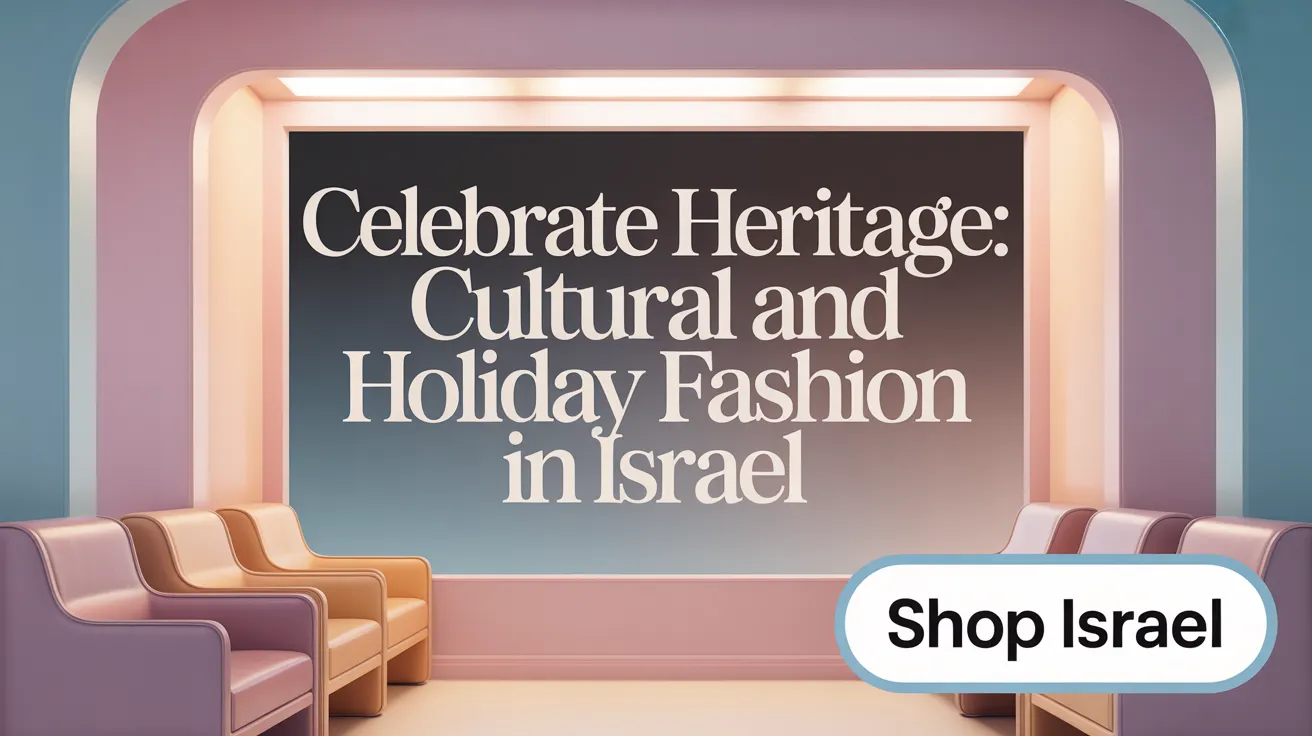
What cultural and heritage influences shape Israeli fashion styles?
Israeli fashion is a vibrant tapestry woven from the country's rich multicultural fabric. Influences from Middle Eastern, European, and local traditions blend seamlessly to create distinctive styles. Historically, socialist workwear from the early Kibbutz days, characterized by durable fabrics and practical designs, continues to inspire modern brands like ATA textile enterprise, which re-established a century-old heritage of functional, simple clothing. Traditional motifs and embroidery also play a vital role, especially in brands like Maskit brand history, which fuse Middle Eastern craft techniques with contemporary fashion. Exhibitions exploring Israeli dress highlight themes of tradition and modern identity, and everyday attire often reflects regional dress elements, emphasizing a diverse cultural identity.
How do Israeli traditions, holidays, and cultural events influence fashion choices?
Jewish holidays such as Rosh Hashanah, Yom Kippur, and Passover significantly shape holiday fashion in Israel. During these occasions, wearing all-white attire symbolizes purity, humility, and new beginnings. For example, the traditional 'kittel,' a white garment worn during High Holy Days, embodies spiritual renewal. Israeli fashion brands respond by creating ethically made, high-quality pieces suited for religious and festive settings. High-end designers like Sabina Musayev sequined evening wear and Dodo Bar Or high-end designer craft elegant evening wear featuring shimmering sequins and luxurious fabrics, perfect for holiday celebrations. This blend of cultural reverence and contemporary style offers a broad spectrum of options, allowing people to honor traditions while expressing personal style.
High Holiday fashion collections by Israeli brands
Leading Israeli fashion brands align their collections with holiday needs. Castro fashion company, Israel’s largest fashion label founded in 1973, designs dedicated lines for High Holidays featuring sophisticated white dresses, tailored suits, and modest ensembles suitable for festive prayer services. Itay Brands local manufacturing, established during the pandemic, emphasizes locally made clothing and offers simple yet elegant options like flowing skirts and tasteful blouses ideal for holiday gatherings. For those seeking luxurious evening wear, Sabina Musayev luxury evening wear creates stunning sequined dresses, while Dodo Bar Or influencer favorite showcases high-end pieces popular among influencers, often priced over $1,000, perfect for celebratory events. The collection of Israeli brands reflects a commitment to blending heritage, spirituality, and modern fashion, ensuring everyone can partake in the festive spirit with style and meaning.
Iconic Israeli Brands, Boutiques, and Shopping Trends
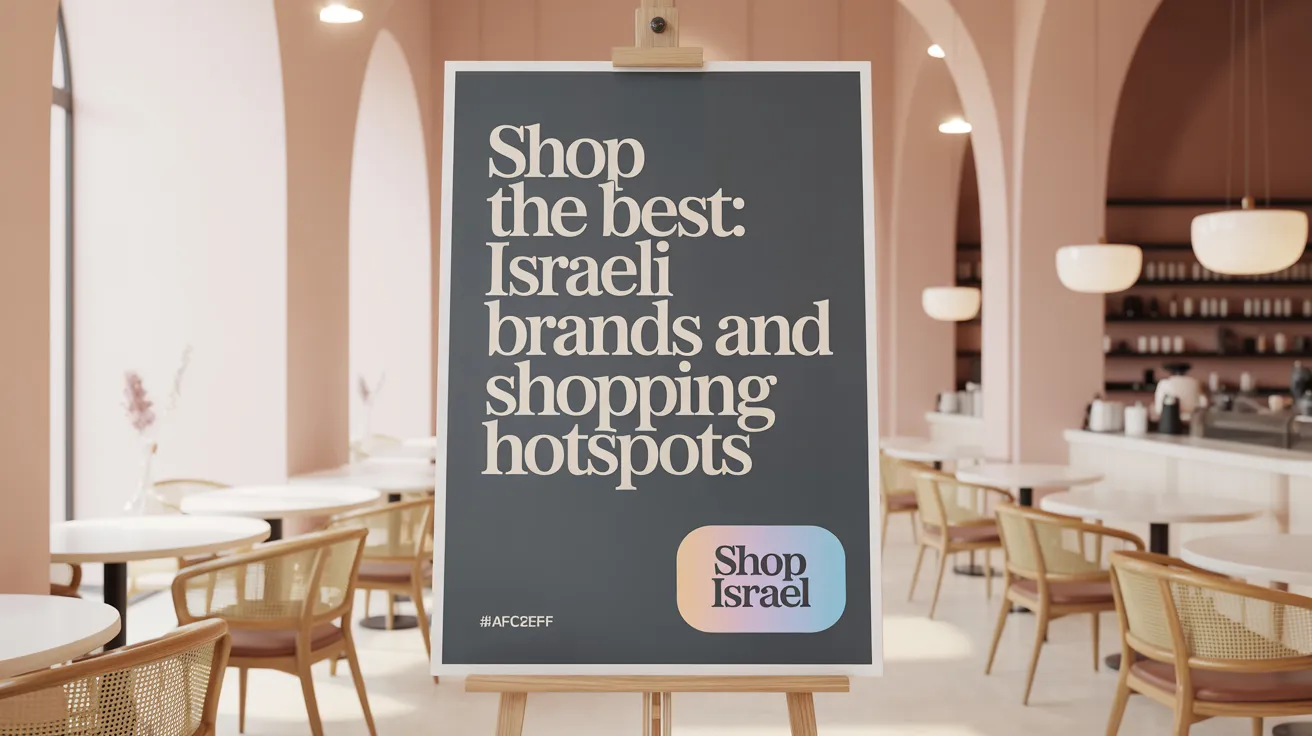
Israel's vibrant fashion landscape is characterized by a blend of historic brands, innovative boutiques, and evolving shopping habits.
Key fashion brands and stores in Israel and Tel Aviv
Tel Aviv stands out as a hub of fashion activity, showcasing notable local brands like Castro fashion company, the country's largest fashion retailer founded in 1973, which offers extensive collections suitable for High Holiday festivities. Renuar and Fox are also popular for casual and day-to-day wear.
Luxury and bespoke ateliers, such as Maskit brand history, established in 1954 with a storied tradition of embroidery, and Tel Aviv concept stores in Neve Tzedek, serve as platforms for Israeli craftsmanship and design. International luxury brands maintain their presence in upscale districts like Dizengoff Street.
Streetwear and luxury boutique highlights
Streetwear brands like Tres fashion brand and Julliett minimalist fashion appeal to urban, modern lifestyles with minimalist and contemporary designs. Meanwhile, high-end Israeli designers such as Alon Livné fashion designer and Galia Lahav bridal fashion have garnered global recognition for their couture and Bridal collections. Their boutiques in Tel Aviv and internationally exhibit a strong local talent scene.
Consumer preferences and shopping behavior in Israel
A recent study shows that nearly half of Israeli consumers (48%) value shopping experience and convenience over price, favoring both indoor and outdoor malls like Bilu Center and Big Fashion, according to the Israeli shopping trends 2024 report. Frequent shopping trips—several times a month or week—are typical.
Interest in international brands like ZARA and PRIMARK reflects a demand for affordable fashion options, alongside a thriving local scene. Online retail platforms and social media are crucial for staying updated on collections and purchasing opportunities.
Availability of fashion collections for purchase
Fashion collections from top Israeli designers—including ready-to-wear, luxury, and ethnic-inspired pieces—are accessible through physical boutiques, department stores, and online platforms. Many designers and brands maintain active social media channels, offering direct links to purchase the latest collections. These include Israeli fashion designers and Israeli fashion brands for holidays.
| Brand/Store | Focus Area | Location/Notes | Additional Info |
|---|---|---|---|
| Castro | General fashion | Nationwide, established 1973 | Large collection for holidays |
| Maskit | Luxury, embroidery | Tel Aviv | Traditional crafts, international fame |
| Tres | Urban fashion | Tel Aviv, founded 2014 | Accessories and contemporary styles |
| Alon Livné | Haute couture | Tel Aviv, international recognition | Designed for celebrities like Beyoncé |
| ZARA | Fast fashion | Various malls | Popular for trends |
| Online Retailers | All categories | Israel-wide | For latest collections and updates |
This dynamic mix of longstanding brands, emerging designers, and consumer trends underscores Tel Aviv’s position as a premier fashion destination in Israel, blending heritage with modern innovation.
Sustainability, Heritage, and Innovation in Israeli Fashion
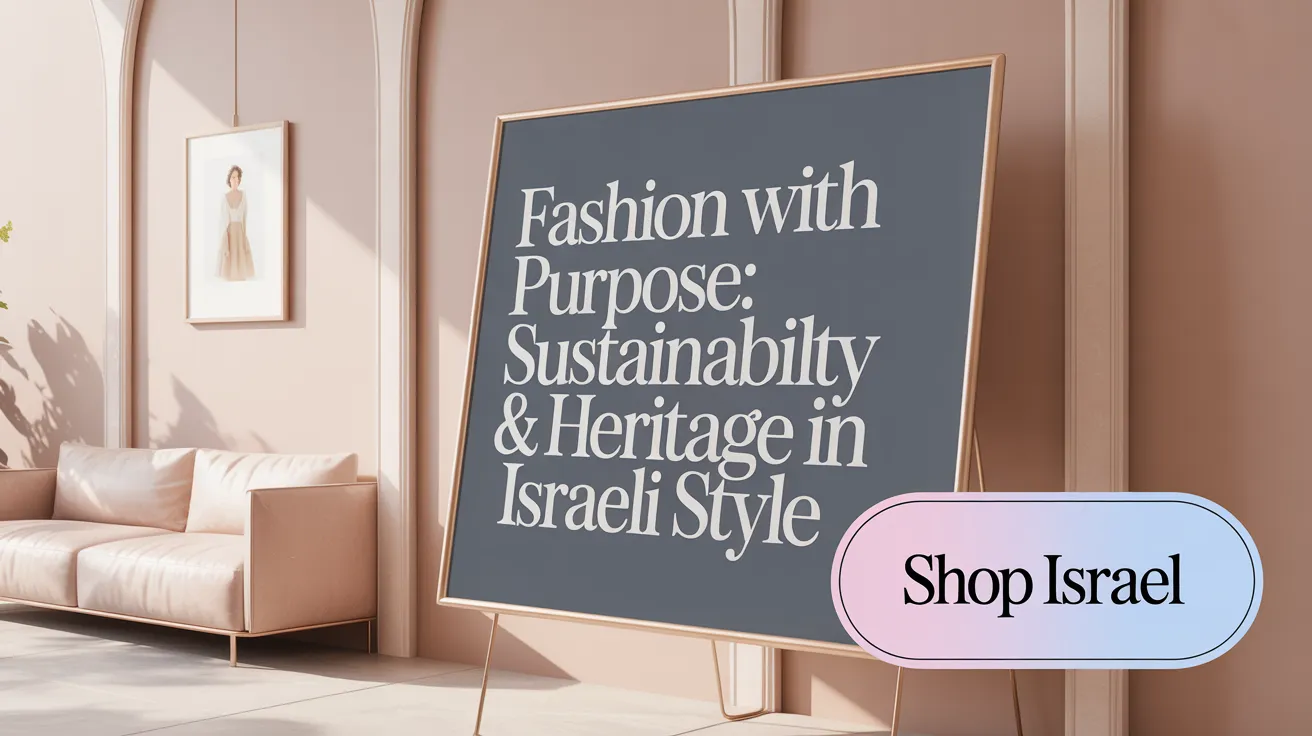
How are sustainability and heritage reflected in fashion pieces from Israeli brands?
Israeli fashion brands are increasingly integrating environmentally friendly practices and celebrating cultural roots in their collections. Brands like ATA emphasize sustainability by using natural, durable fabrics inspired by historic Israeli workwear, highlighting qualities such as in-built practicality and long-lasting materials. They employ eco-conscious production methods and pay attention to fair wages, framing their designs in a context of social responsibility.
Heritage plays a vital role in Israeli fashion, with designers drawing inspiration from local history, traditional crafts, and cultural motifs. For example, Israeli brands incorporate motifs from Jerusalem’s quarters, such as leather and wood accessories crafted with meticulous handwork. Traditional elements like the 'Boker' trousers or the 'Po’elet' dress embody a modern interpretation of the country’s labor and artisan legacy.
Creative festivals and events further promote this blend of ecological and cultural values. The OVERALL fashion art festival is one such platform where local designers and artists showcase collections that honor their heritage while adopting sustainable practices. This fusion underscores a shared desire to preserve Israel’s unique identity while fostering ecological responsibility.
| Brand/Institution | Sustainability Practices | Heritage Elements | Notable Examples |
|---|---|---|---|
| ATA | Natural fabrics, fair wages | Jerusalem motifs, traditional workwear | 'Boker' trousers, 'Po’elet' dress |
| Local Festivals | Eco-friendly materials, recycling | Cultural motifs from Jerusalem | OVERALL fashion art festival |
| Designers | Use of recycled fabrics, innovative tech | Hand-embroidered leather, traditional patterns | Sabina Musayev’s evening wear, regional accessories |
Israeli brands are uniquely blending tradition with innovation, creating fashion that respects the environment and celebrates cultural heritage, securing a sustainable future rooted in history.
The Societal Role and Cultural Significance of Israeli Fashion
What are the societal and cultural implications of current fashion trends in Israel?
Israeli fashion reflects a lively blend of cultural heritage and cutting-edge innovation, serving as a mirror of the nation’s evolving identity. The scene is characterized by brands like Maskit, which connect different communities through traditional embroidery techniques, and modern designers such as Dodo Bar Or high-end designer and Yael Orgad basics and tailored pieces, who incorporate contemporary styles suited for diverse lifestyles.
Tel Aviv’s dynamic fashion environment encourages entrepreneurial spirit and artistic freedom. Many designers, including those who utilize advanced technology like Adi Karni 3D printing in fashion, showcase how fashion contributes to social cohesion and self-expression.
Despite the economic challenges, Israeli fashion continues to foster a sense of pride and cultural celebration, representing a society that values both its rich history and its forward-looking, tech-savvy future.
How does Israeli clothing express national identity?
Clothing in Israel often features motifs and colors that nod to its history and culture. Brands like ATA Israeli workwear brand reinvigorate traditional Israeli workwear, reimagining it with a modern twist that emphasizes Israeli resilience and collective labor ethos.
Meanwhile, designers draw inspiration from local landscapes, art, and religious customs. For instance, modest clothing remains important at religious sites, yet casual styles dominate Tel Aviv’s energetic streets, reflecting an open-minded ethos (see Clothing tips for Israel).
Traditional elements are intertwined with global trends, creating a unique Israeli fashion identity rooted in pride, innovation, and inclusiveness.
Influence of Tel Aviv's creative scene
Tel Aviv has positioned itself as Israel’s fashion capital, fostering a vibrant hub for creativity and innovation. The city hosts numerous fashion events, including the upcoming Tel Aviv Fashion Week 2025, which will showcase local and international designers.
This event highlights collaborations like those between Israeli and Canadian creators, emphasizing sustainability and cultural exchange. Prominent designers such as Alon Livné fashion designer and Maya Negri Tel Aviv stores frequently participate, bringing international attention to the city’s vibrant fashion scene.
The city’s reputation as a creative nexus continues to attract emerging talents and promote a culture of experimentation, blending art, technology, and fashion.
Fashion as a medium of social integration and technological innovation
Fashion in Israel acts as a powerful platform for social integration. Labels like Genish label style blend traditional Jewish elements with high fashion, appealing to a global audience while maintaining cultural relevance.
Technological advancements are increasingly prevalent, with designers like Adi Karni adopting 3D printing and sustainable fabrics to reduce environmental impact. These innovations demonstrate Israel’s commitment to eco-friendly practices and push the boundaries of contemporary fashion.
Moreover, fashion exhibitions and initiatives promote inclusivity, reflecting Israel’s diverse society through diverse models, styles, and cultural narratives.
Notable fashion events and exhibitions
Significant upcoming events include the 2025 Tel Aviv Fashion Week, set to feature 28 runway shows by both established and emerging designers. This gathering will serve as a platform for showcasing innovative collections such as Vivi Bellaish’s contemporary couture and Alon Livné’s high-end designs.
The event also emphasizes sustainability, with collaborations involving technological firms and eco-conscious brands. Exhibitions during the week will highlight Israeli artistic talents and their influence on global fashion trends.
Through these events, Israel reaffirms its position as a creative leader that merges tradition with future-forward design, fostering cultural dialogue and technological progress.
| Topic | Details | Additional Insights |
|---|---|---|
| Fashion's societal role | Embodying cultural heritage and modern innovation | Fosters national pride and social cohesion |
| Influence of Tel Aviv | Major fashion hub, hosts international and local talents | Promotes experimentation, artistic freedom |
| Cultural expression | Use of traditional motifs, modest fashion | Showcases Israeli history and religious diversity |
| Technological integration | 3D printing, sustainable fabrics | Advances eco-conscious and innovative fashion |
| Key events | Tel Aviv Fashion Week 2025 | Highlights include collaborations, sustainability focus |
Infuse Your Wardrobe with the Spirit of Israeli Fashion
The latest fashion pieces from Israel offer a fascinating blend of cultural heritage, contemporary style, and technological advancement that caters to diverse tastes and occasions. Whether inspired by the vibrant designs of Tel Aviv's avant-garde boutiques or the festive white attire of the High Holidays, Israeli fashion provides timeless and meaningful wardrobe options. Embracing these trends allows you to wear not only stylish garments but also a story of resilience, innovation, and rich tradition. Explore local boutiques, international collaborations, and sustainable lines to add authentic Israeli flair to your wardrobe this year.
